Why High-End And Streetwear Brands Are Heading To Portugal
CASSELL FERERE, CASSELL INC.
Textile production in Asia refused to slow down since the COVID-19 pandemic hit and quarantine went into effect in 2020, but exports have been an issue apart from quality production. In a worldwide constraint on import and export of goods, the fashion market shifted while slowing down. Customers went from casual attire to leisure attire, keeping the fashion calendar and cycle alive. The main driver for reform in textile and fashion production has been climate change, and the pandemic only exacerbated that.
Portugal felt their production chains slow down during this time but remained true to sustainability in their process. More importantly, Portugal has positioned itself as a potential sustainable textile capital at a time when fashion is shifting for similar reasons. Modtissimo is a fashion fabric fair for Portuguese-based textile producers, adjacent fashion businesses, and companies coming together as a sign of resilience for production in their economy.
CASSELL FERERE, CASSELL INC.
Portugal has become the haven for natural materials, finer textiles, and sustainable processes for producing fashion. Most of its production is in outerwear and weaving, and textile and clothing make up the largest portion of the Portuguese manufacturing industry at 18% employment in 2019, followed by food products at 14%.
CASSELL FERERE, CASSELL INC.
Modtissimo, the official platform for the Portuguese textile and clothing industry, and the ATP (Associação Têxtil e Vestuário de Portugal) have identified their contribution over the past few years through the pandemic, highlighting - pre to post pandemic - the increases in textile and clothing exports in the millions of euros.
CASSELL FERERE, CASSELL INC.
CASSELL FERERE, CASSELL INC.
The Portuguese textile and clothing industry identifies that France, notable for top-tier name brands, has increased their exports from Portugal by nearly 14% from July 2019 to July 2021. Exports totaled 417 million euros in 2019, increased an additional 40 million in 2020, and climbed to 474 million euros in 2021.
Other European countries and the United States are increasing their exports from Portugal as well. Textile exports to Germany rose by 5.5% from 2019 to 2021, where Hugo Boss and Highsnobiety, who often produce merchandise, have headquarters. The United States exports had an increase of 23% from Portugal, just shy of Denmark, the Scandinavian haven for design and Copenhagen Fashion Week, with a 25% increase - millions of euros - in textiles exports in that time. The Netherlands increased their supply by 15%, and Italy saw a nine percent increase as well.
CASSELL FERERE, CASSELL INC.
According to APAC (Asia-Pacific), in 2018, China accounted for approximately 25% of the overall technical textile exports globally, and it is the largest manufacturer of technical textiles in the world. But the pandemic and related reasons resulted in slow production and sampling coming out of China. It became a stress point for businesses, causing a logistic struggle. It is happening when China controls about 40% of the global textile markets, and the industry is estimated to be worth USD 520 million by 2024.
CASSELL FERERE, CASSELL INC.
In 2021, members of different sectors of the textile industry, brands included, could estimate waits of over two weeks for samples. In 2020, brands would wait about two days for samples. More so, the fashion fabric fair Modtissimo is bolstering a steadier pace and ethical kind of business, inviting brands to challenge their usual channels for a better production run with better materials and fewer delays.
CASSELL FERERE, CASSELL INC.
Ana Paula Dinis, a representative from the ATP, explains that the goal for Modtissimo involves six pillars of support. These pillars aim to address overall global textile production issues around sustainability and labor. The first pillar includes capitalization of the sectors of the industry dedicated to sustainable production; small and medium-sized companies and countries involved in textiles receive more funding. From that, Dinis describes differentiation as an intricate way to enhance the textile markets, ultimately leading to the third pillar of sustainability.
CASSELL FERERE, CASSELL INC.
While the first three pillars are early thought drivers at the start of the circular era in fashion, the remaining three pillars are tech and human-driven ideas, a balance of sorts. Digitization is the fourth pillar in Dinis’ plan as an efficient way to optimize processes across textile manufacturing. Attending Modtissimo this year was a Berlin-based company, 3D Garment Creation, in search of factories to work with. They limit textile waste by creating digitized fashion samples and presets for brands and factories.
CASSELL FERERE, CASSELL INC.
And Portuguese-based brands like Marita Morena that are using the prime Portuguese crop of cork in their designs and are now using apple skin in their shoes and bags. Cooperation and better sales pitches are the human elements of the plan that make up the fifth and sixth pillars of Modtissimo's outlook on a sustainable future.
Edo Goods, founders Elisa Damm and Dirk Oelmann.
CASSELL FERERE, CASSELL INC.
Edo Goods, founded by Dirk Oelmann and Elisa Damm, a B2B agency and streetwear brand that specializes in creating blanks, is a portfolio production partner for clients in need of garment manufacturing. Sustainability is central to their entire business, and they have searched extensively for a factory that can produce the basics and made-to-measure pieces they request. Now they are looking for upcycled textiles, recycled and pre-consumer textile waste to create basic tees that fulfill their business operations.
CASSELL FERERE, CASSELL INC.
Portugal has been the most promising place they have seen. In Poland or Turkey for example they found issues far beyond just textiles. These particular markets were more traditional in outlook and at times conflicted with the ethos of their business.
CASSELL FERERE, CASSELL INC.
Pre-consumer textiles end up in landfills at about a 10-12% rate. The recycling rate for all textiles was 14.7% in 2018, solidifying the fact that most of that fabric won’t make its way back around to the commercial market. Oelmann and Damm “don’t design” as much as “they create,” and often seek smaller quantities than most textile and garment manufacturers are willing to produce. Quantities of 300 pieces, or 50 different pieces at a smaller quantity, are not ideal for an emerging large-scale luxury producer.
CASSELL FERERE, CASSELL INC.
Oelmann says that
“It is difficult to develop a concept around that [model] being an independent brand,”
especially in a smaller, German market. This is where differentiation and cooperation are needed.
CASSELL FERERE, CASSELL INC.
Portugal is an innovative market when it comes to the textile industry. In comparison, they are on the verge of becoming the most modern and digitally enhanced manufacturers in the fashion industry. Brands like Pyer Moss, Daily Paper, Foret, and Schnayderman’s have sought production in Portugal as they produce high-quality garments in ethical ways.
CASSELL FERERE, CASSELL INC.
Wayz sneaker on display at Modtissimo in Porto, Portugal.
CASSELL FERERE, CASSELL INC.
Portugal is a more ethical sector in the market for young fashion designers who attend Modtissimo in search of alternative textile producers. Other countries like Turkey often produce on a large scale, and China's labor laws are tricky when trying to budget and maintain ethics. Portugal has high standards for its textile production, as well as labor. For example, textile-producing countries find ways for brands to pay for their taxes on production and transport.
Ruanjo is a luxury garment manufacturer and producer who specializes in producing garments, mainly tees, hoodies, and athleisure pieces. Founder and owner of the factory Maria Costa says
“with more than 20 years of experience, we are ready for executing new trends, able to connect with different visions, knowing that this process made us a quality producer, a trusting team, and a place where sustainability is our first choice.”
Marita Moreno sandals made from apple-skin leather. CASSELL FERERE, CASSELL INC.
Based in the north of Portugal, Ruanjo has been in business for 24 years. They implement a high-end photo and digital printing process on garments for high-end streetwear labels. All the luxury print processes that Ruanjo uses coincide with their manufacturing business, making anything from oversized garments, crop tees or hoodies, and they are moving toward using more sustainable fabrics. Costa affirms Ruanjo is
“ready for the new, using our old experience, based on trust, and sustainability, to produce a special final quality product.”
Founders of Berlin-based brands On Vacation and Ver Tere, Uli Hasselmann and Jonas Michalak with Carlos Carepa Figuriras, Production Manager and Agent for Investment and Commerce Exports of Portugal.
CASSELL FERERE, CASSELL INC.
Founders of Berlin-based brands On Vacation and Ver Tere, Uli Hasselmann and Jonas Michalak, have also come to Modtissimo to shift their production to Portugal post the COVID-19 pandemic. The duo has previously produced in the Asia textile market and realized the significant delays for samples and products to meet the demand of their market and customer base.
CASSELL FERERE, CASSELL INC.
Modtissimo has supported the Portuguese textile and clothing industry, bringing higher-quality fashion through sustainable processes, allowing ethics to steer their sector. As fashion evolves, luxury markets also benefit from collaborations with resources that take pride in ethics, circularity, and sustainability across the board.
CASSELL FERERE, CASSELL INC.
Portugal and the Modtissimo alliance is conducive to the plan, especially in differentiation and capitalization, pooling from their community of textile producers to elevate their cache in the luxury fashion business.
HOW DO YOU FEEL ABOUT FASHION?
COMMENT OR TAKE OUR PAGE READER SURVEY
Featured









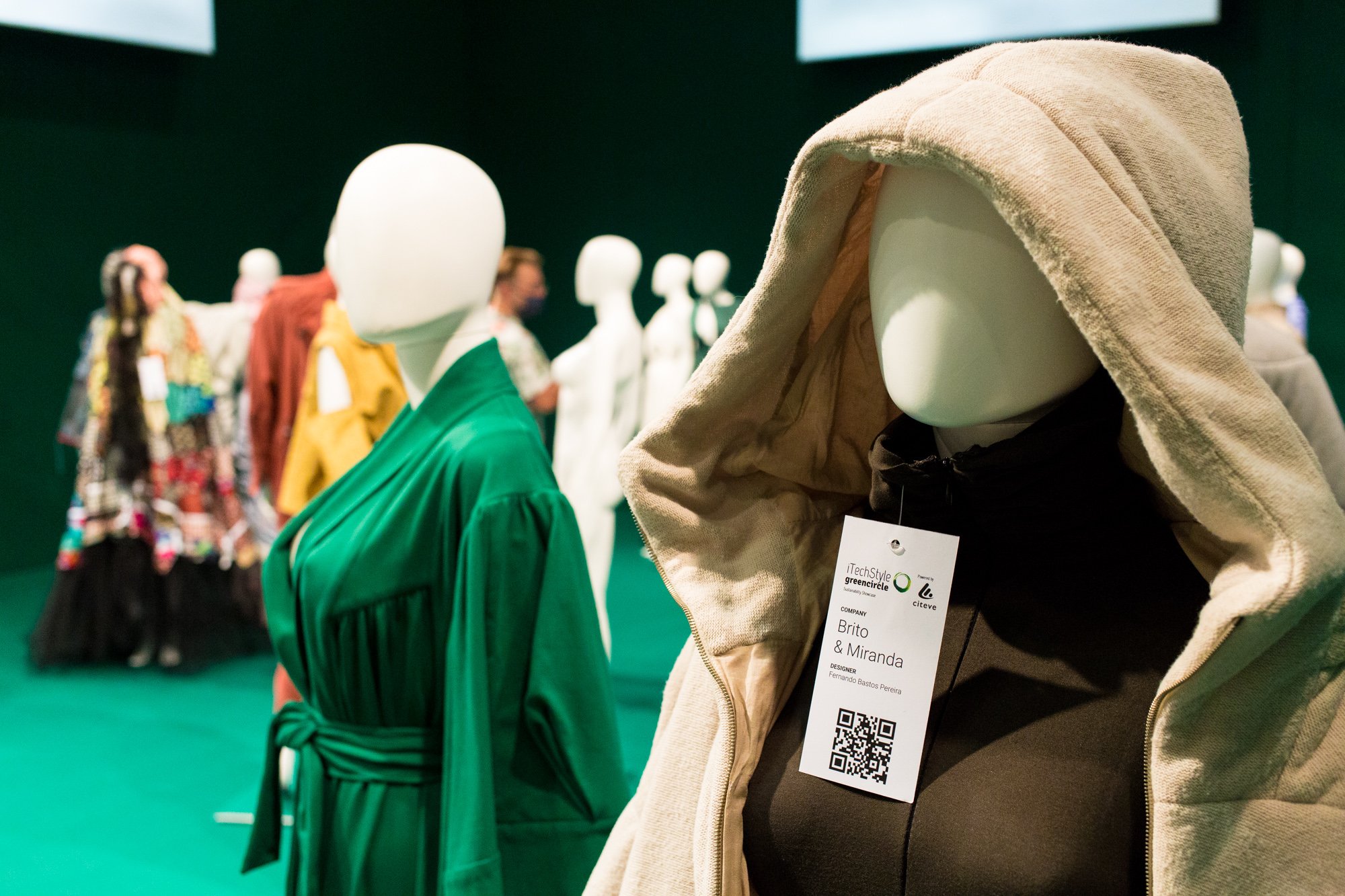


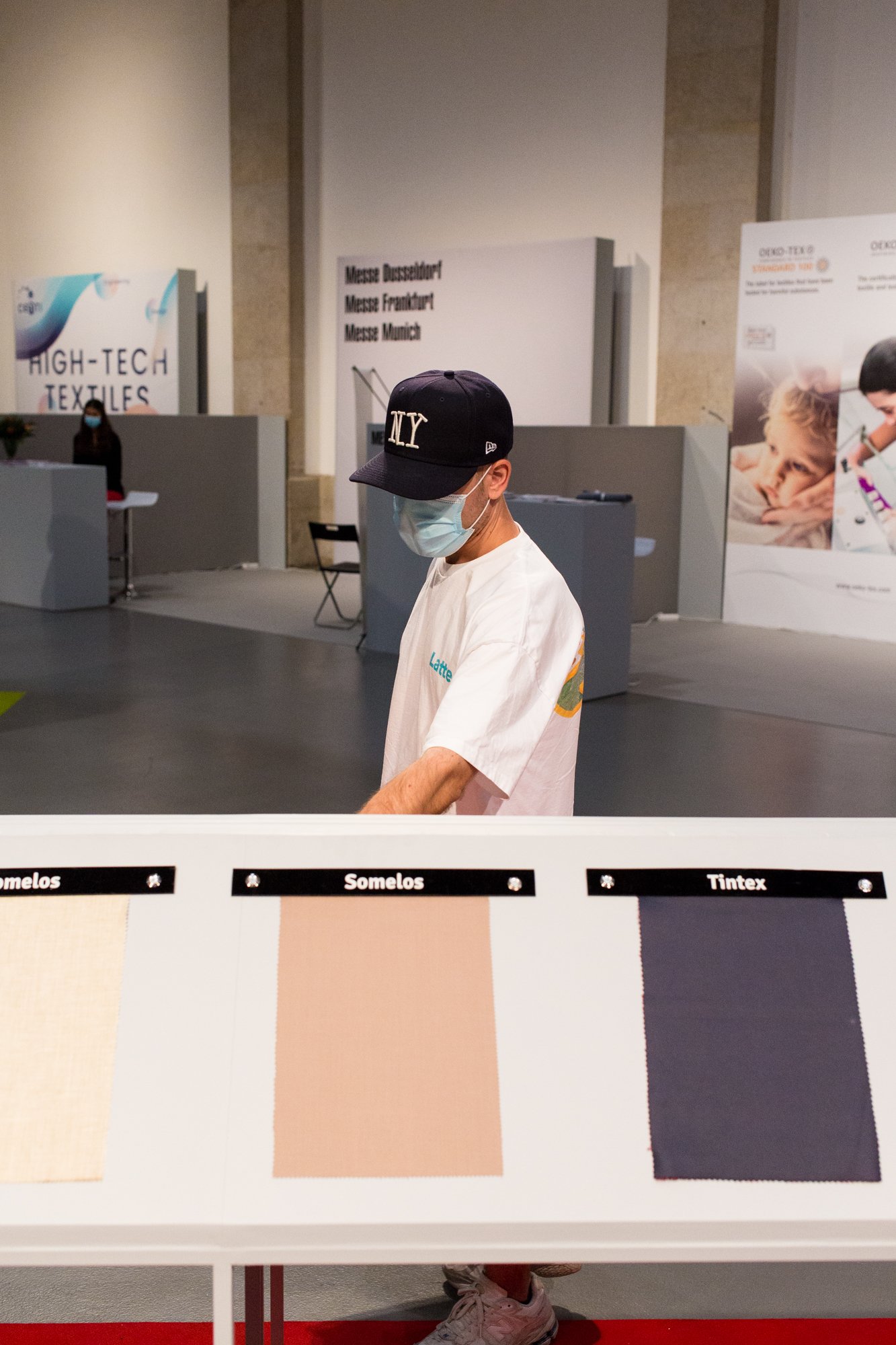




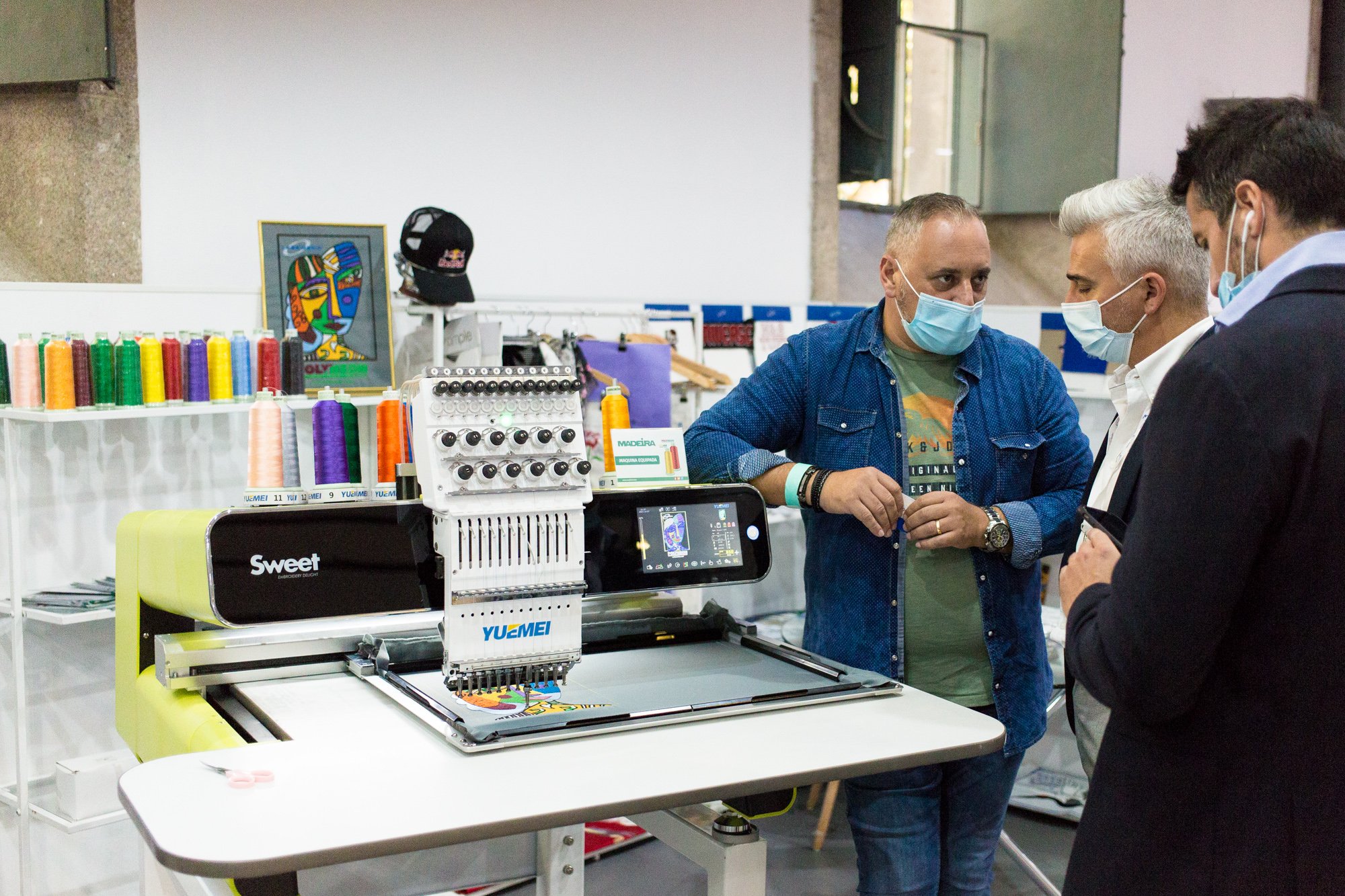






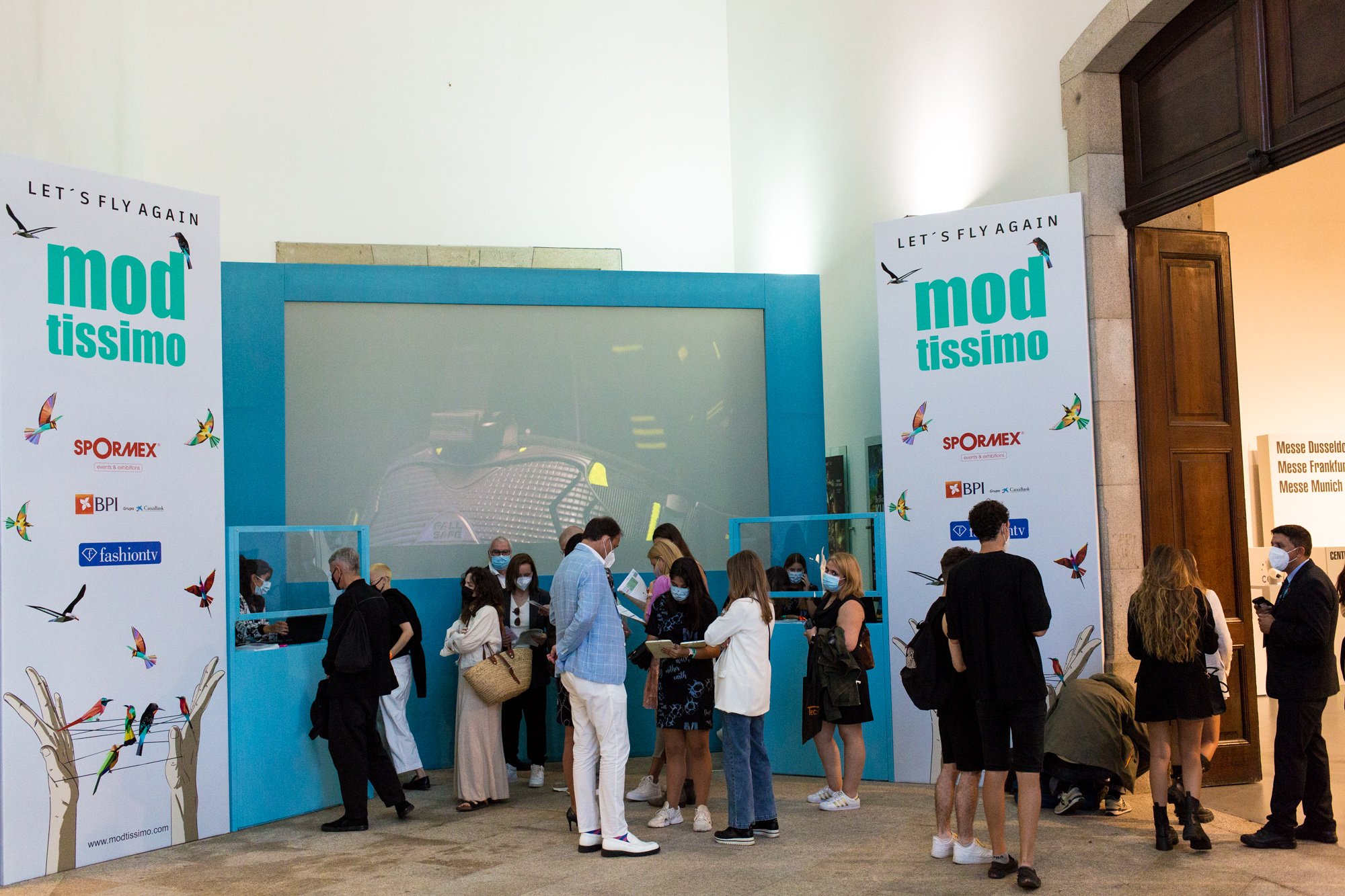
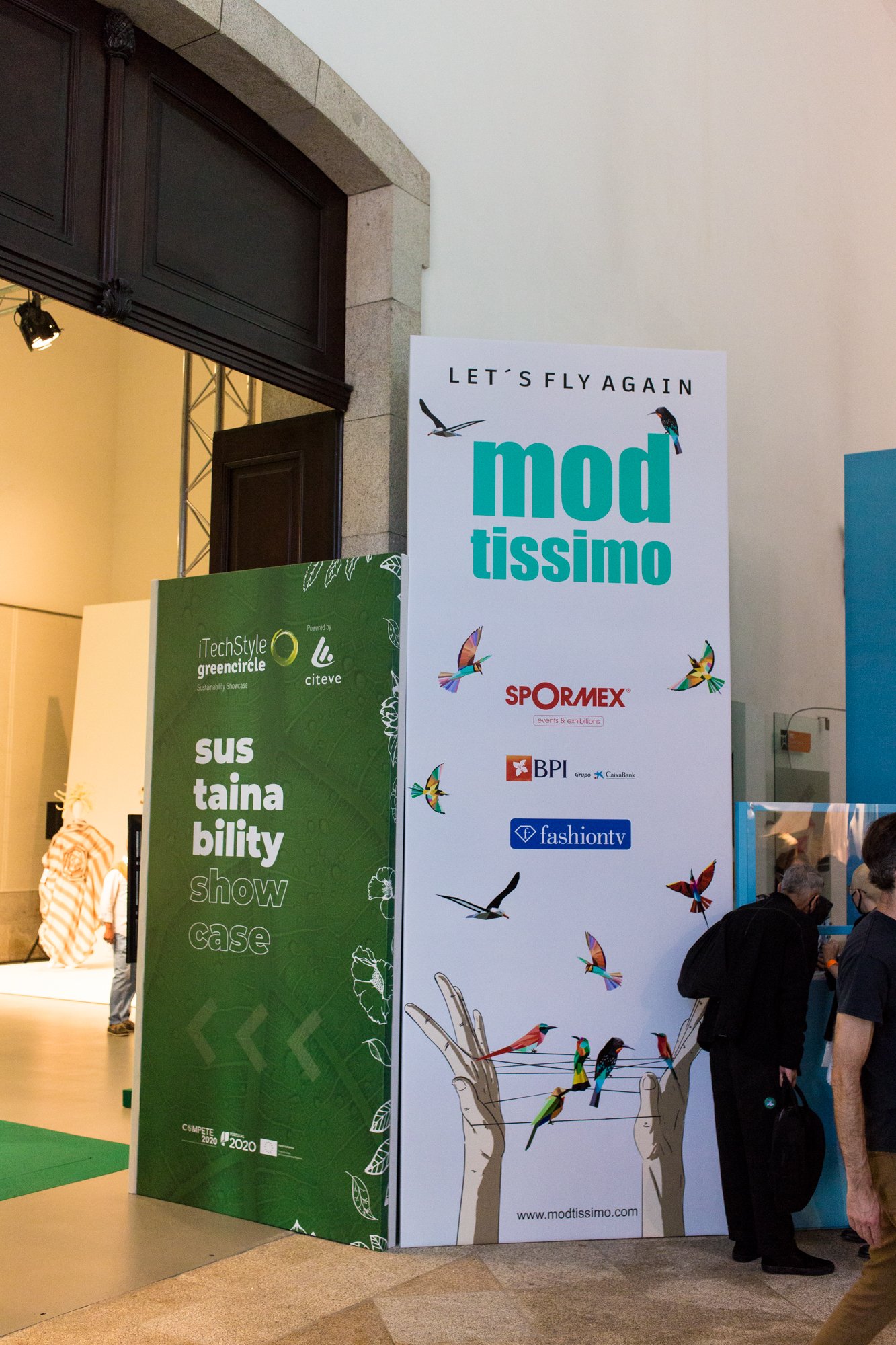
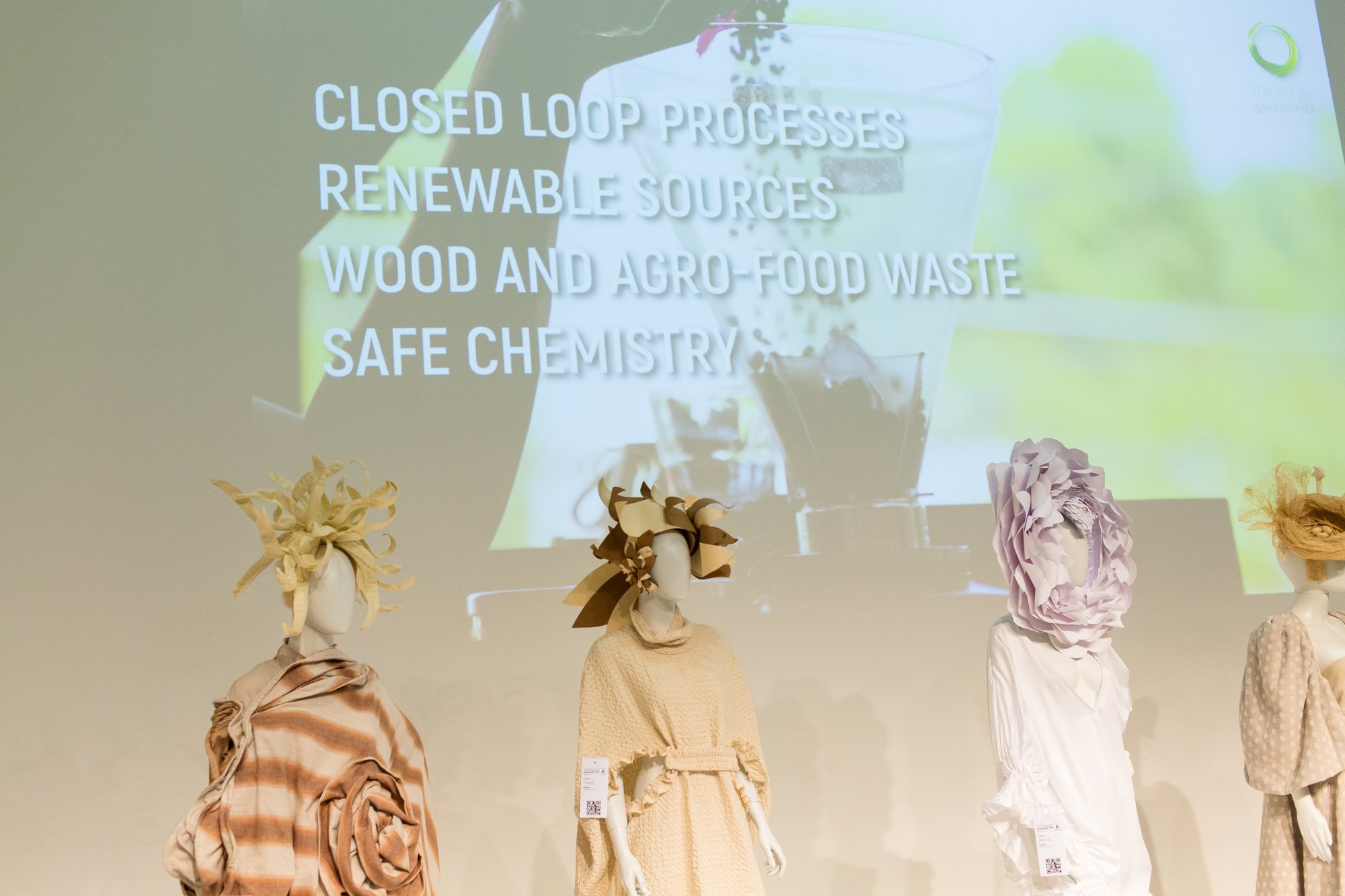
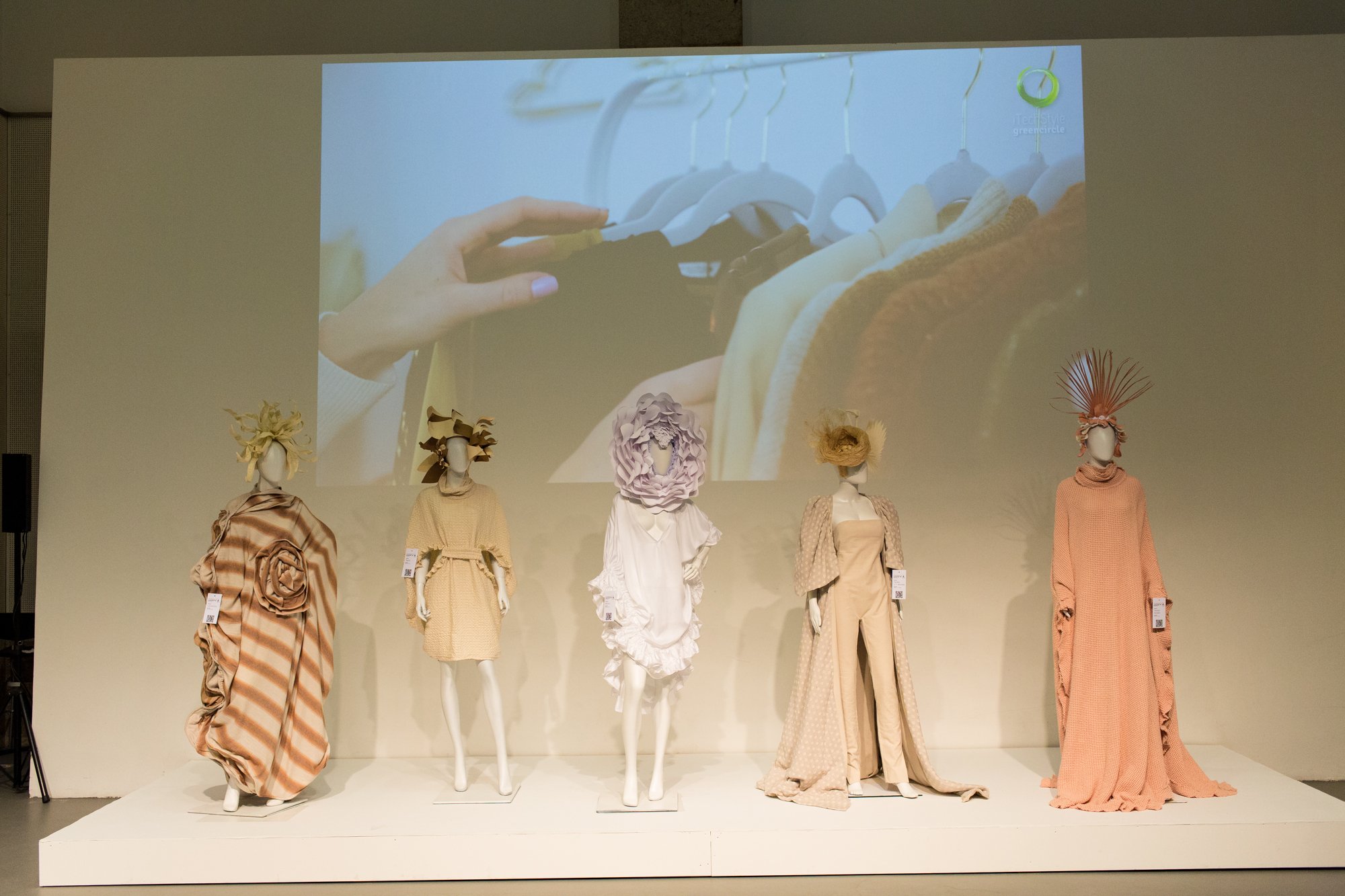
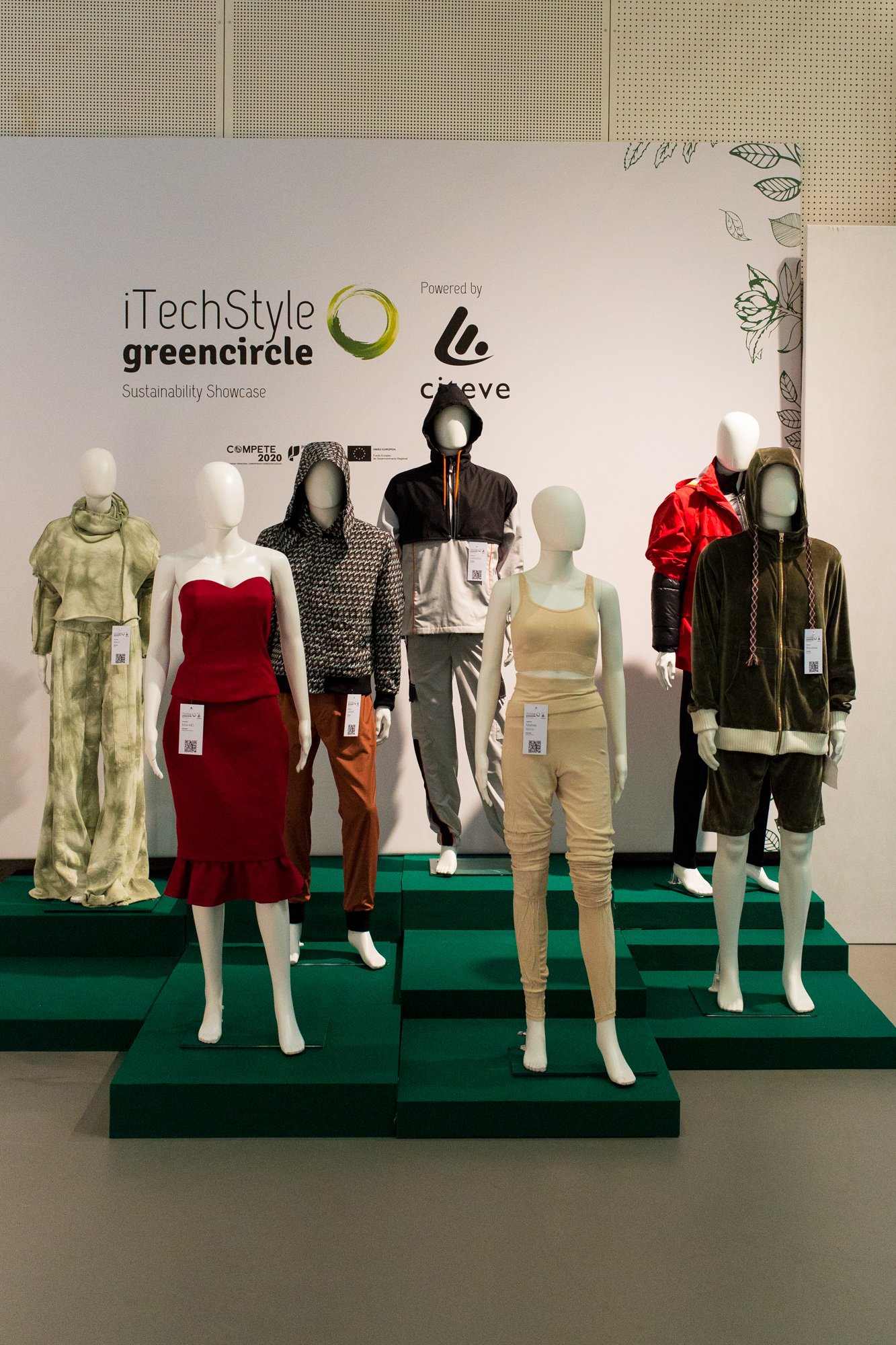
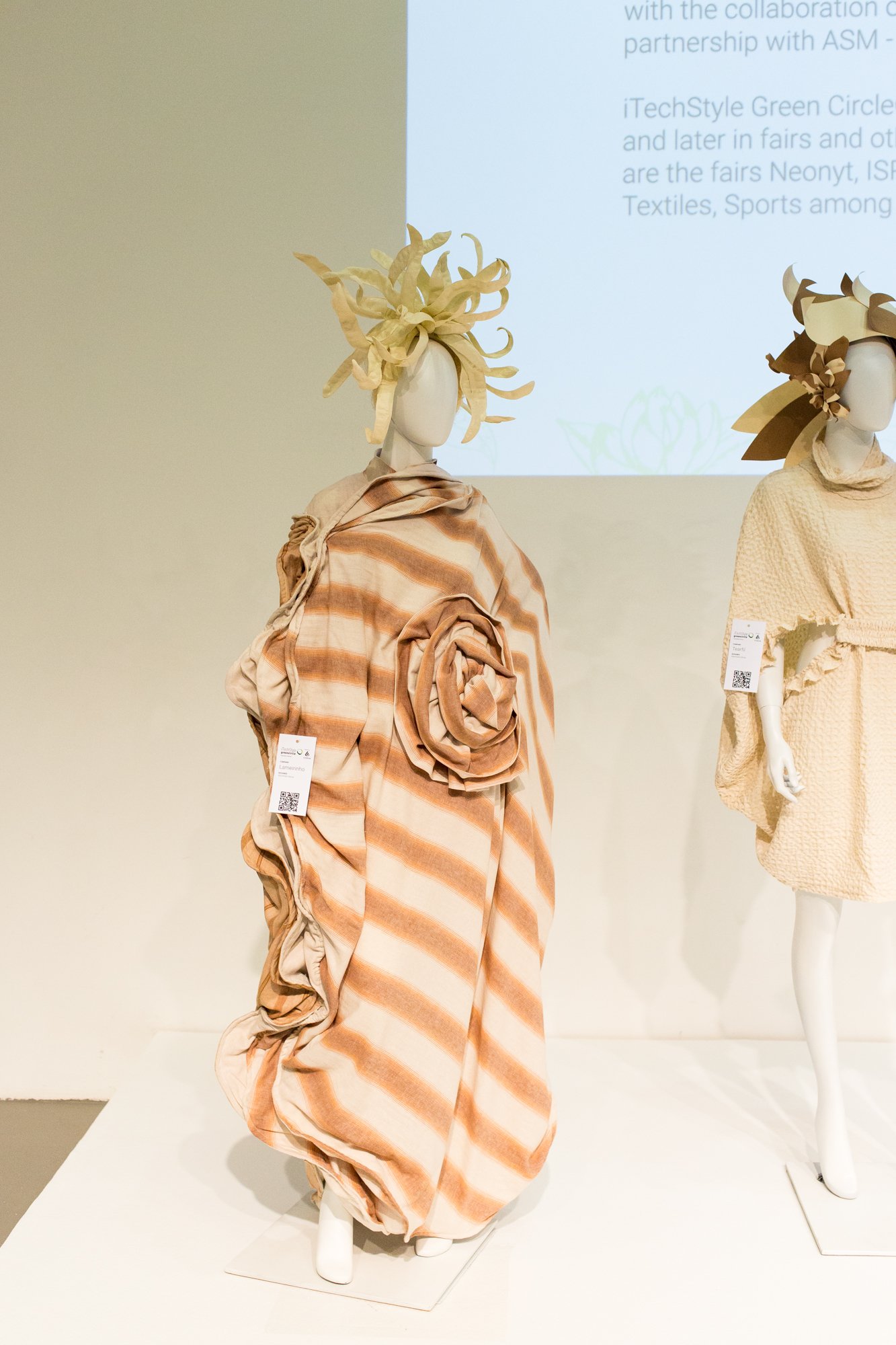
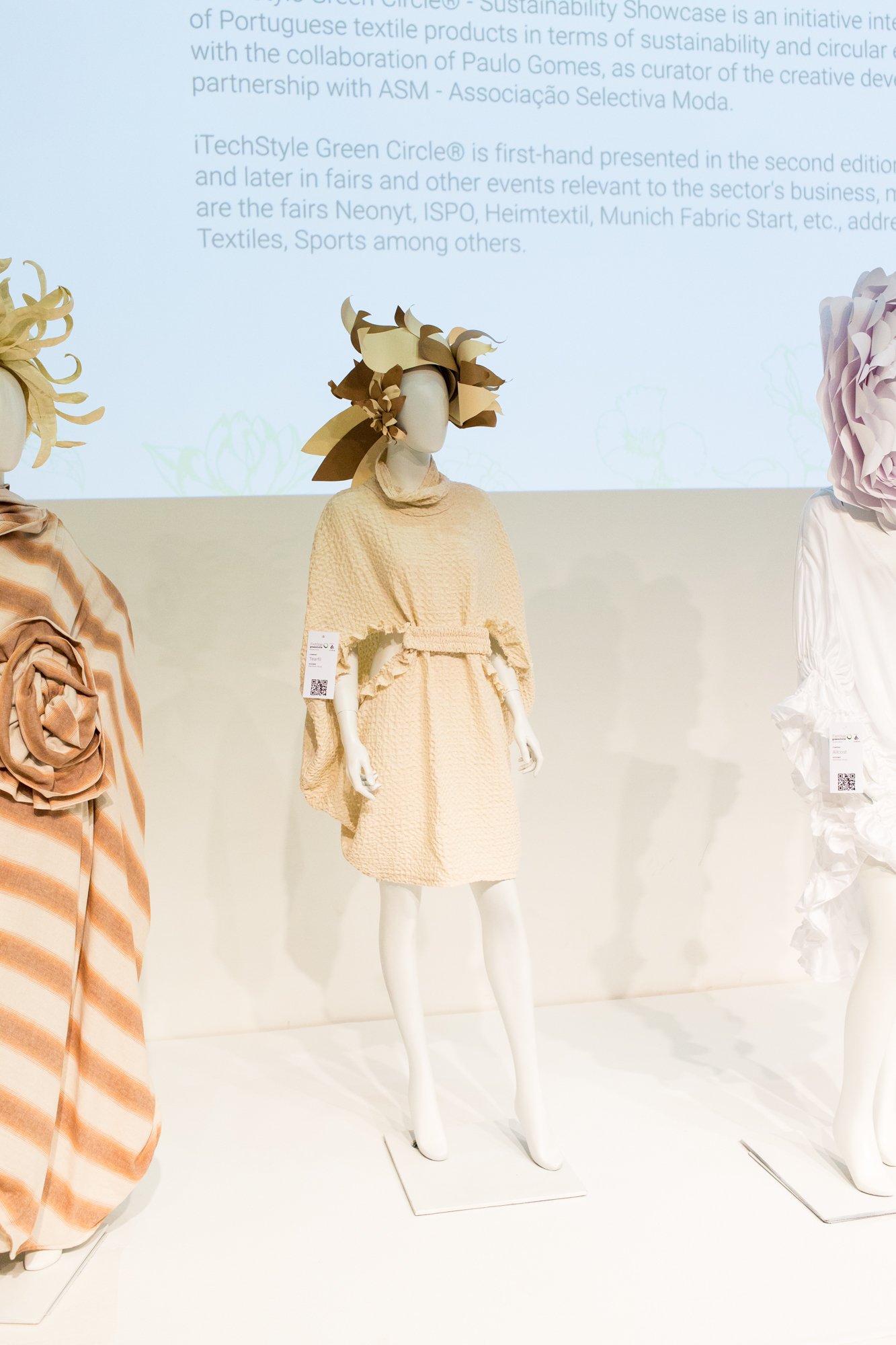
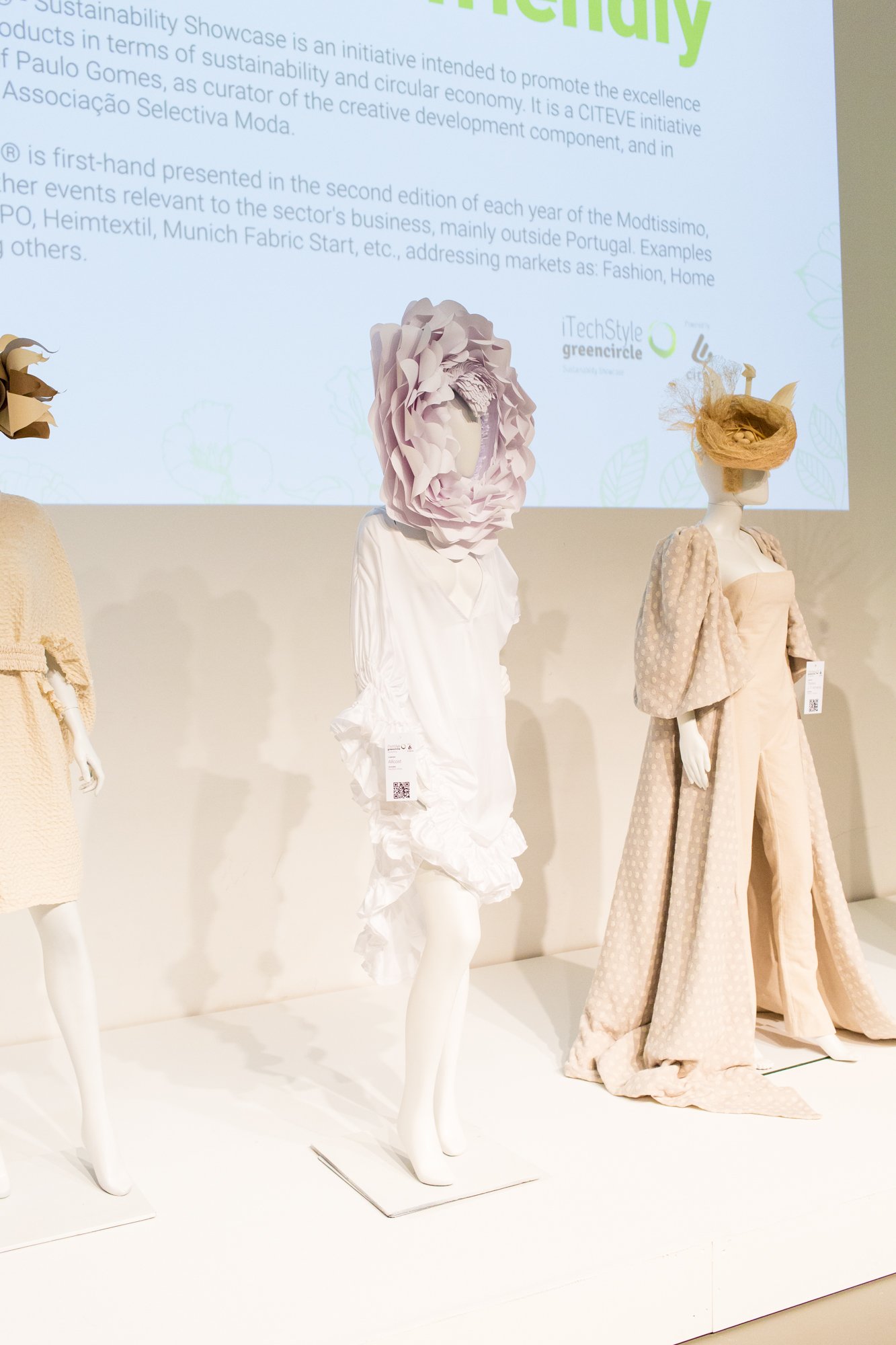

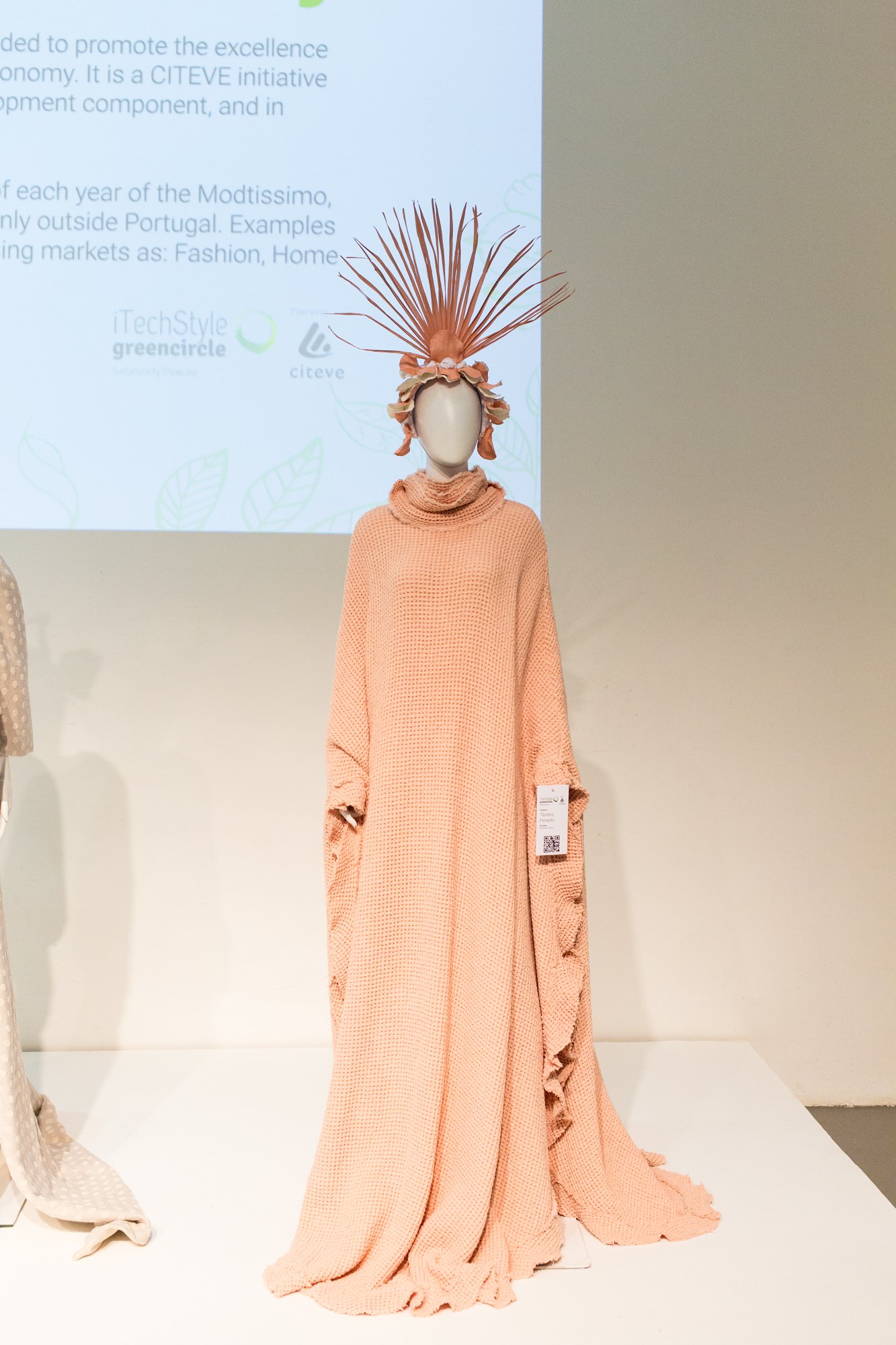
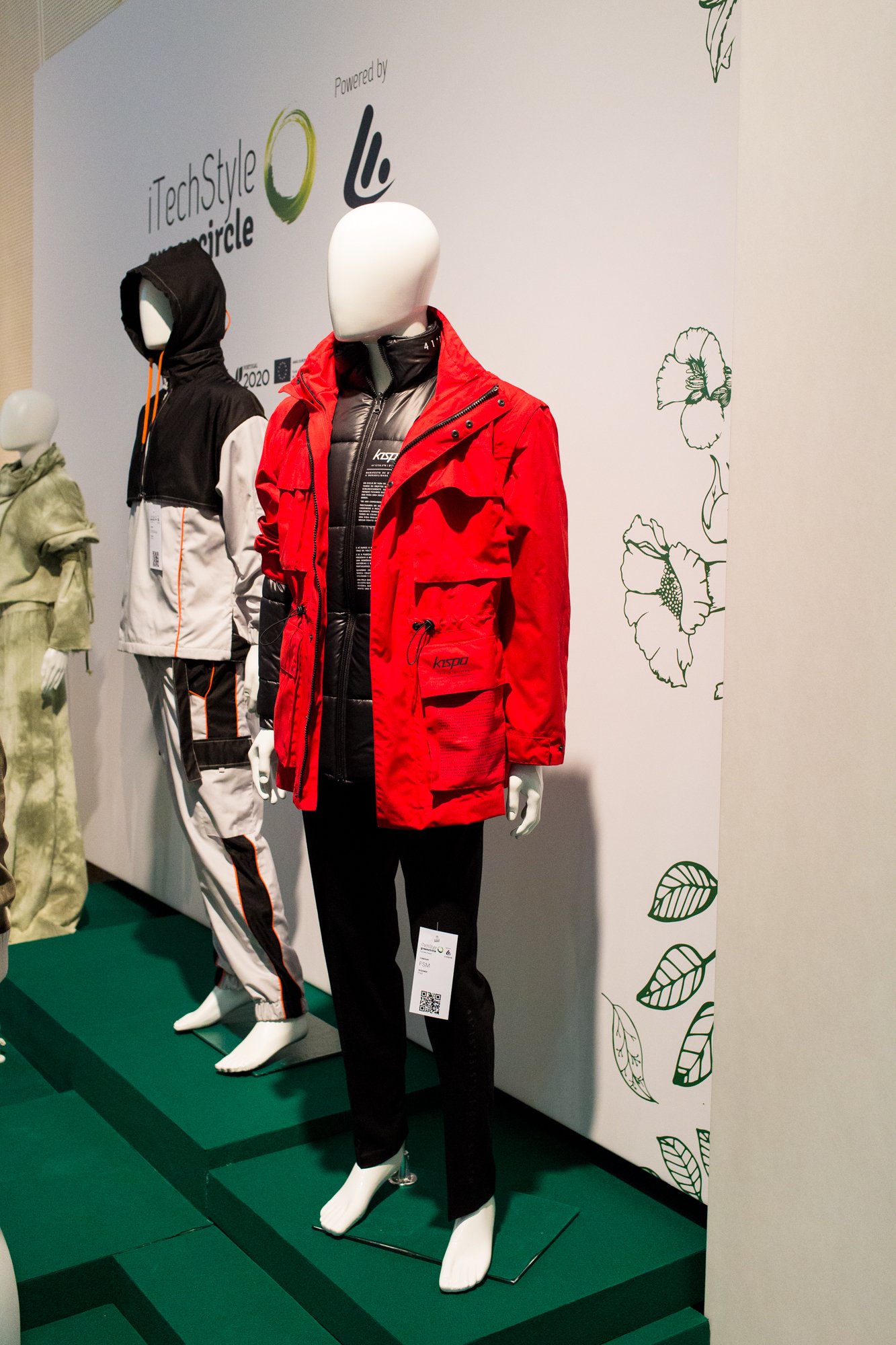
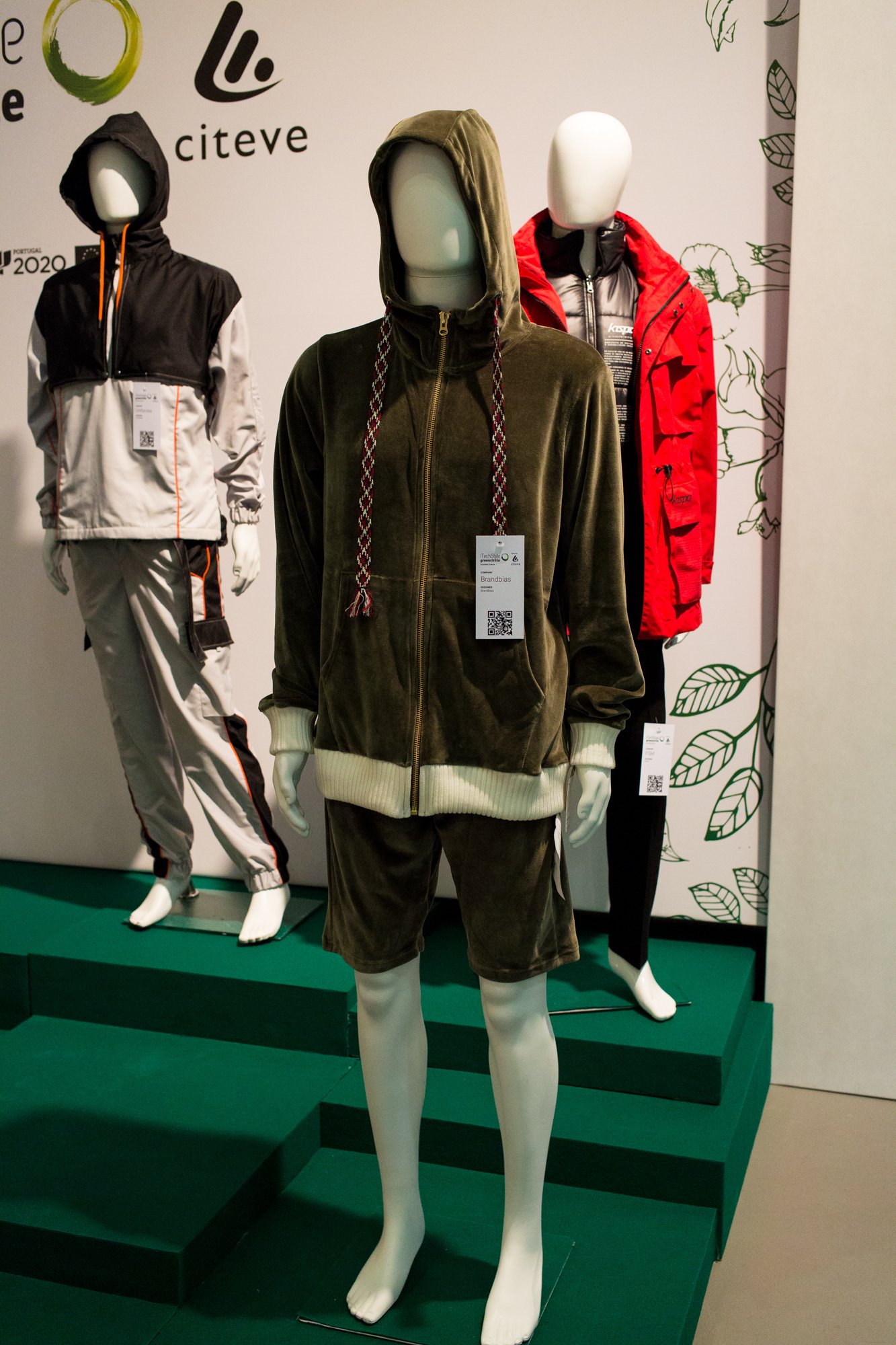
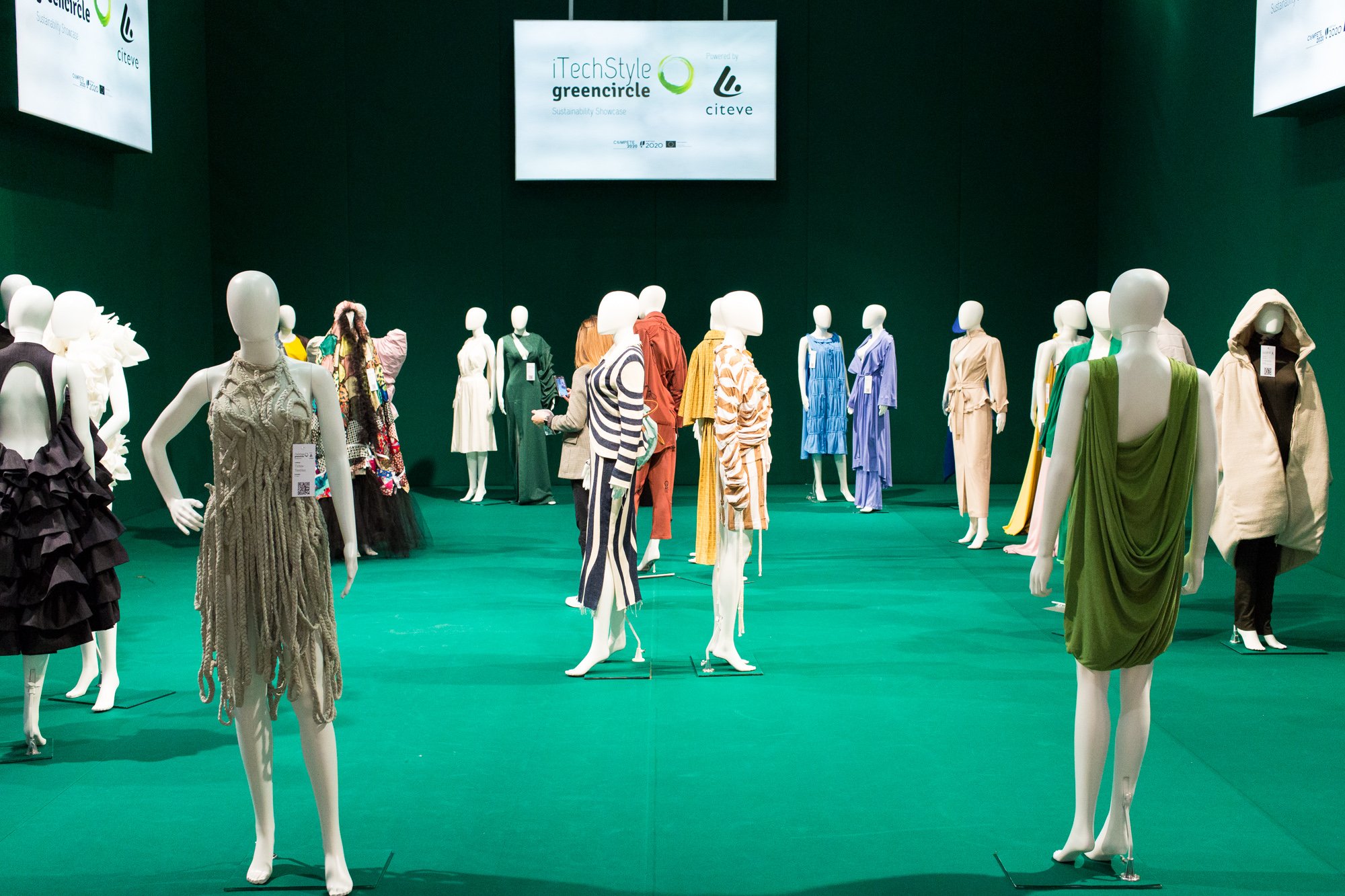
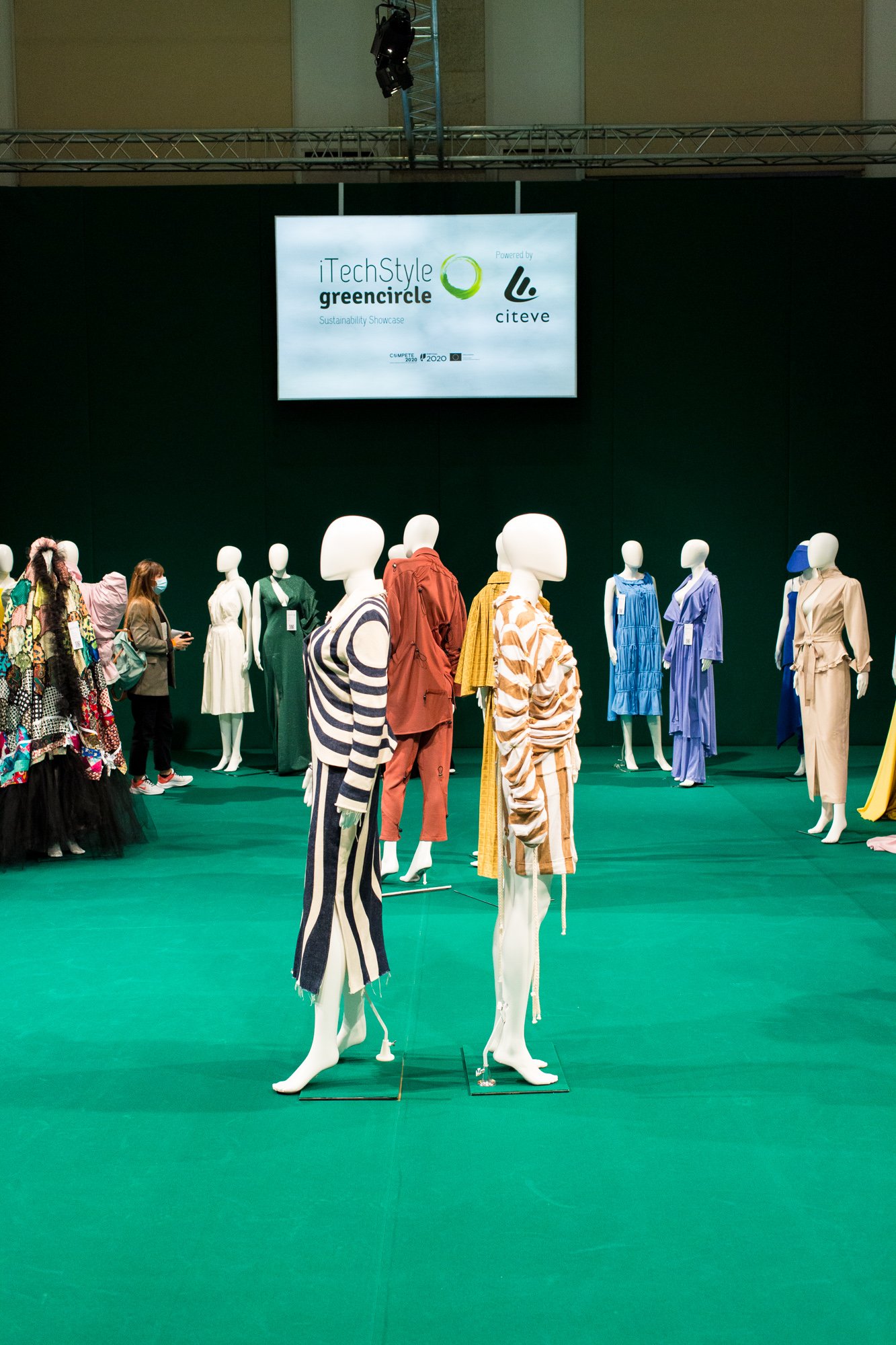
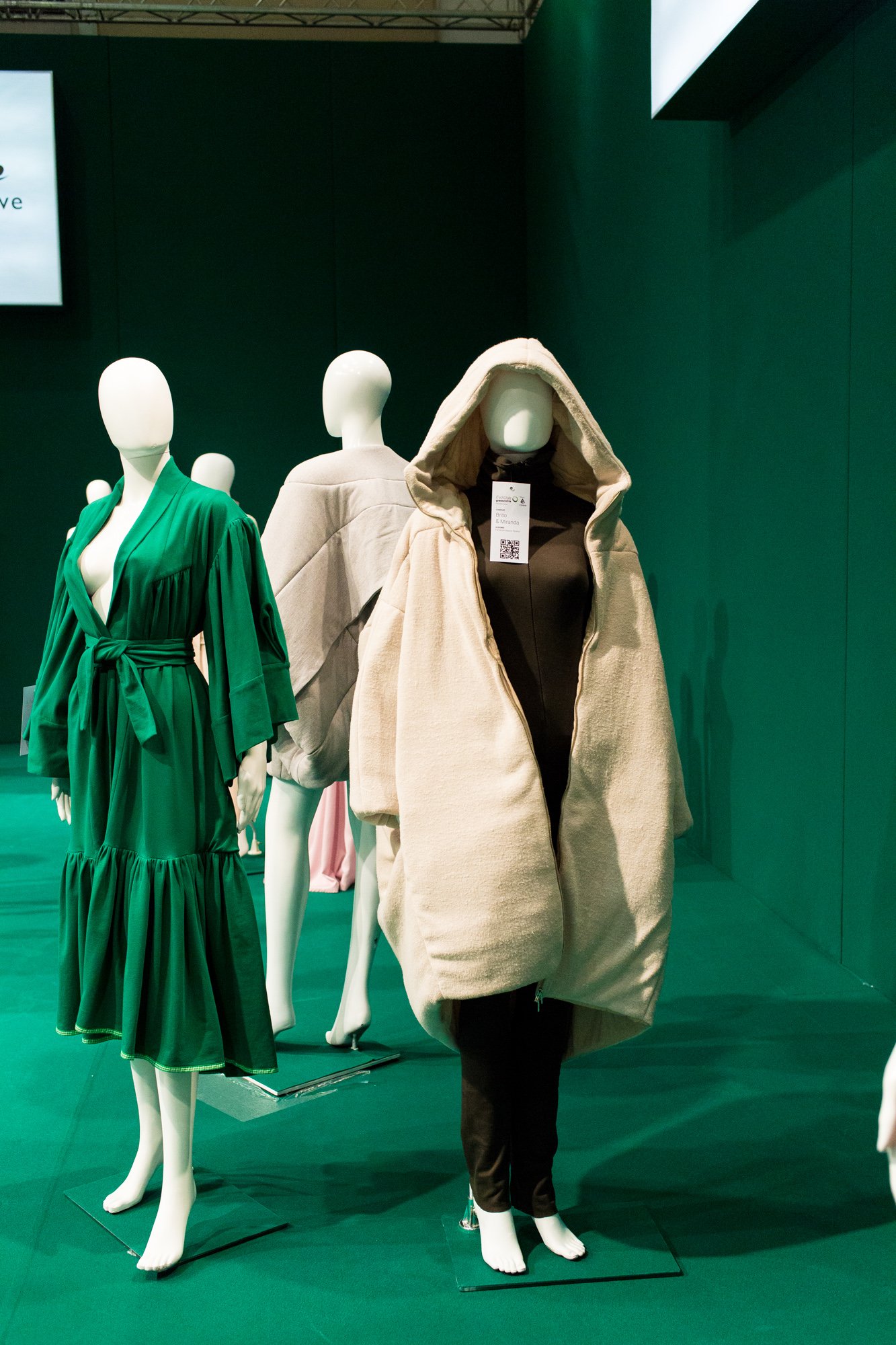
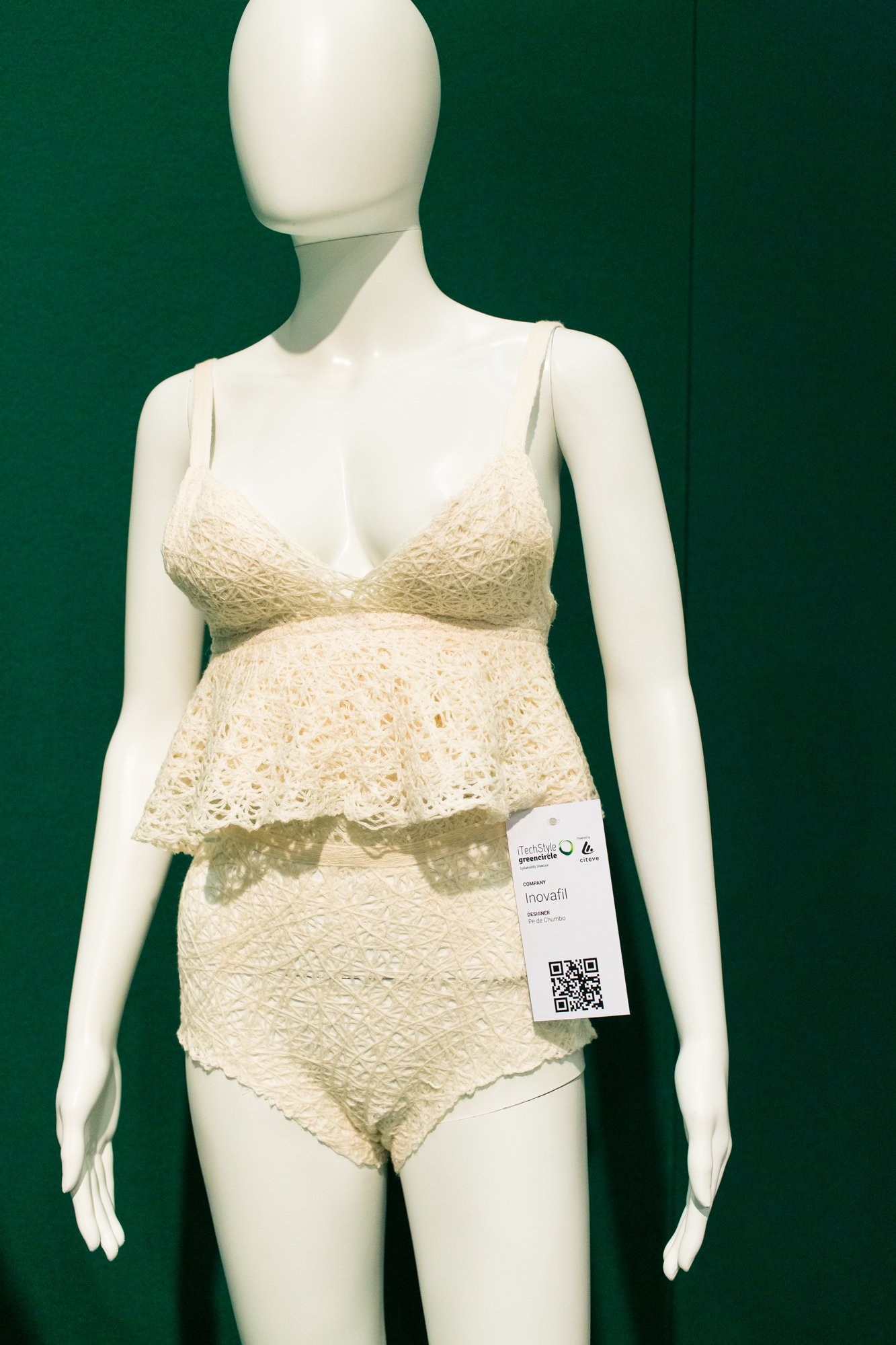

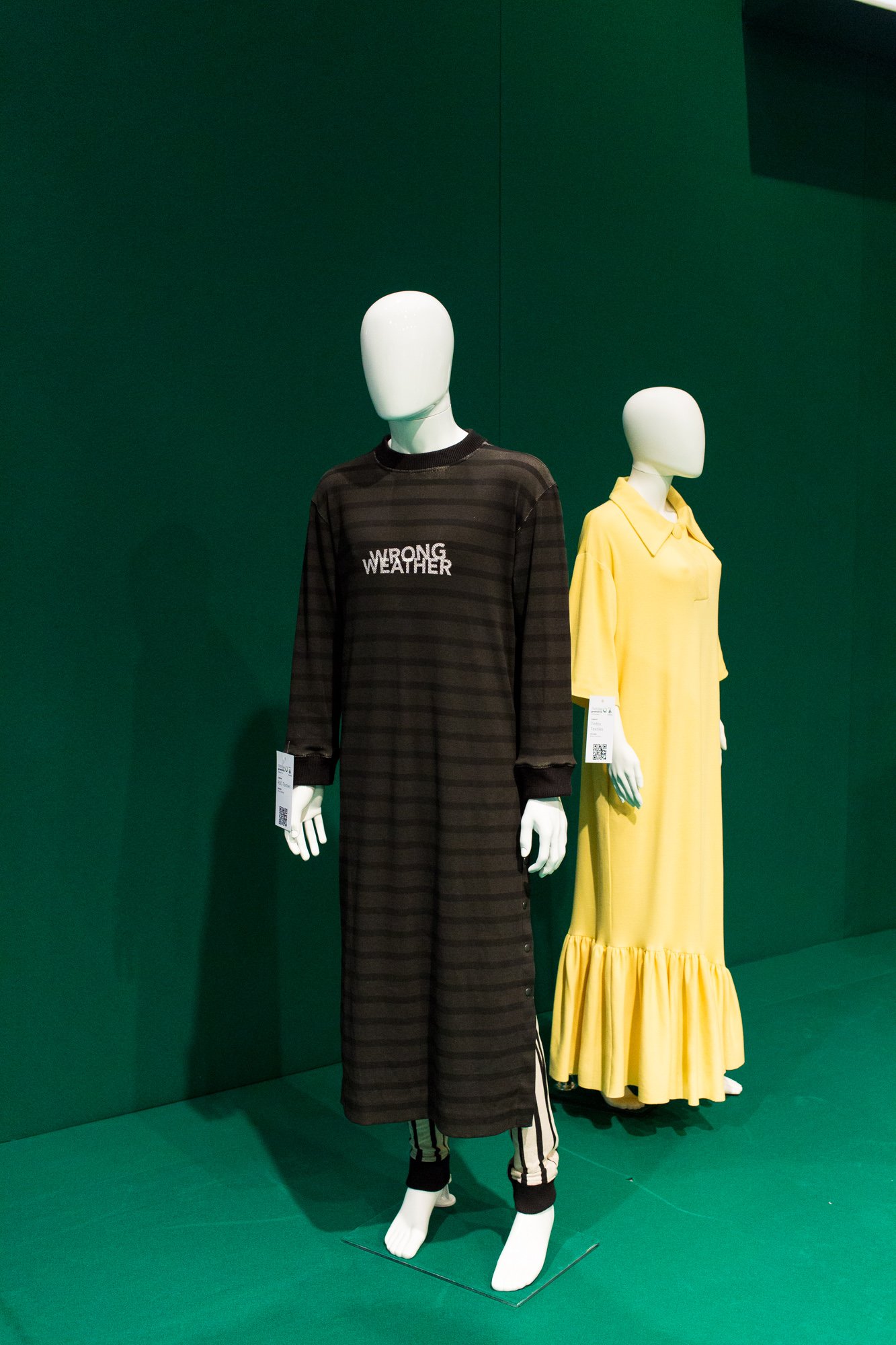
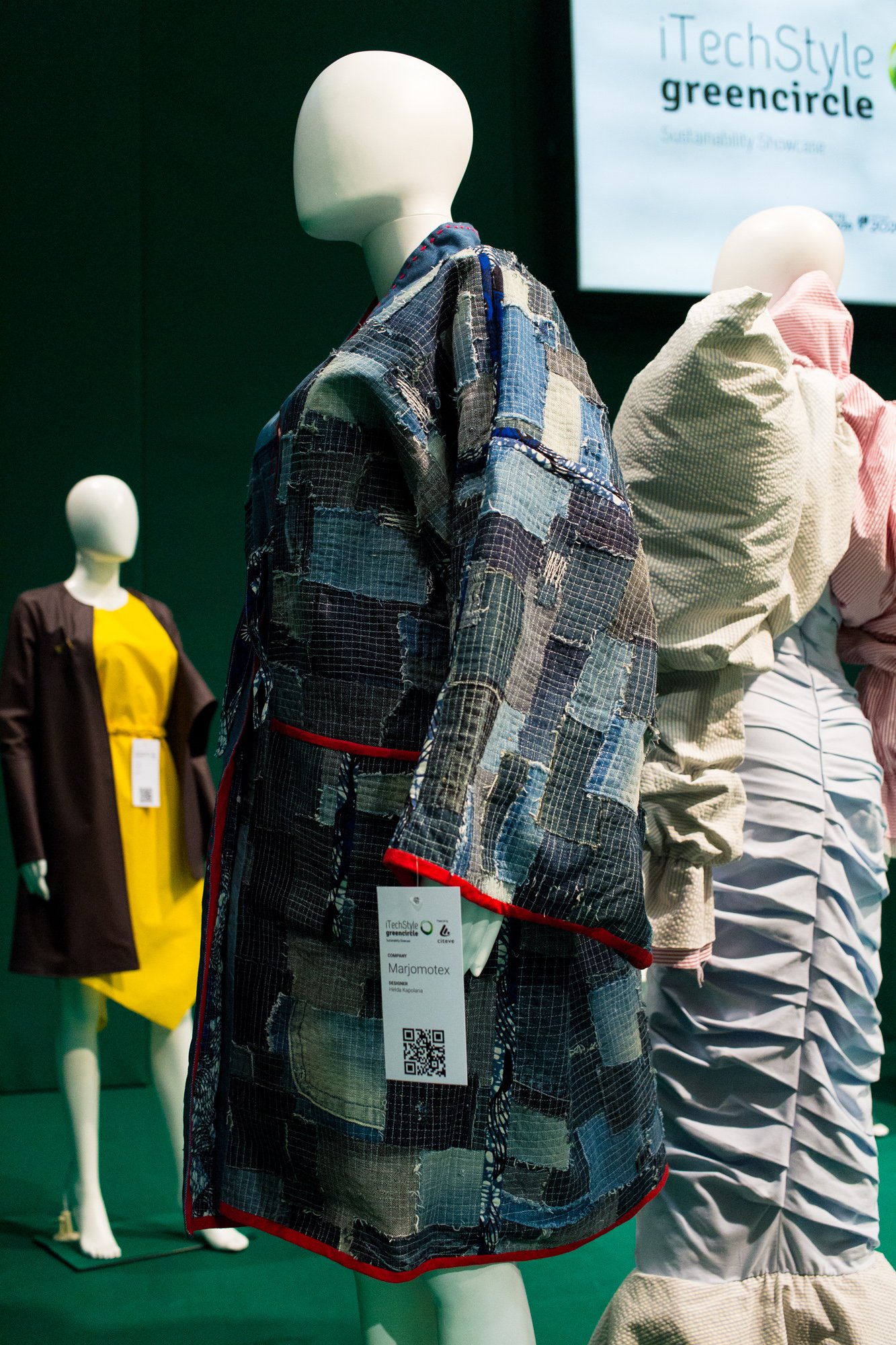
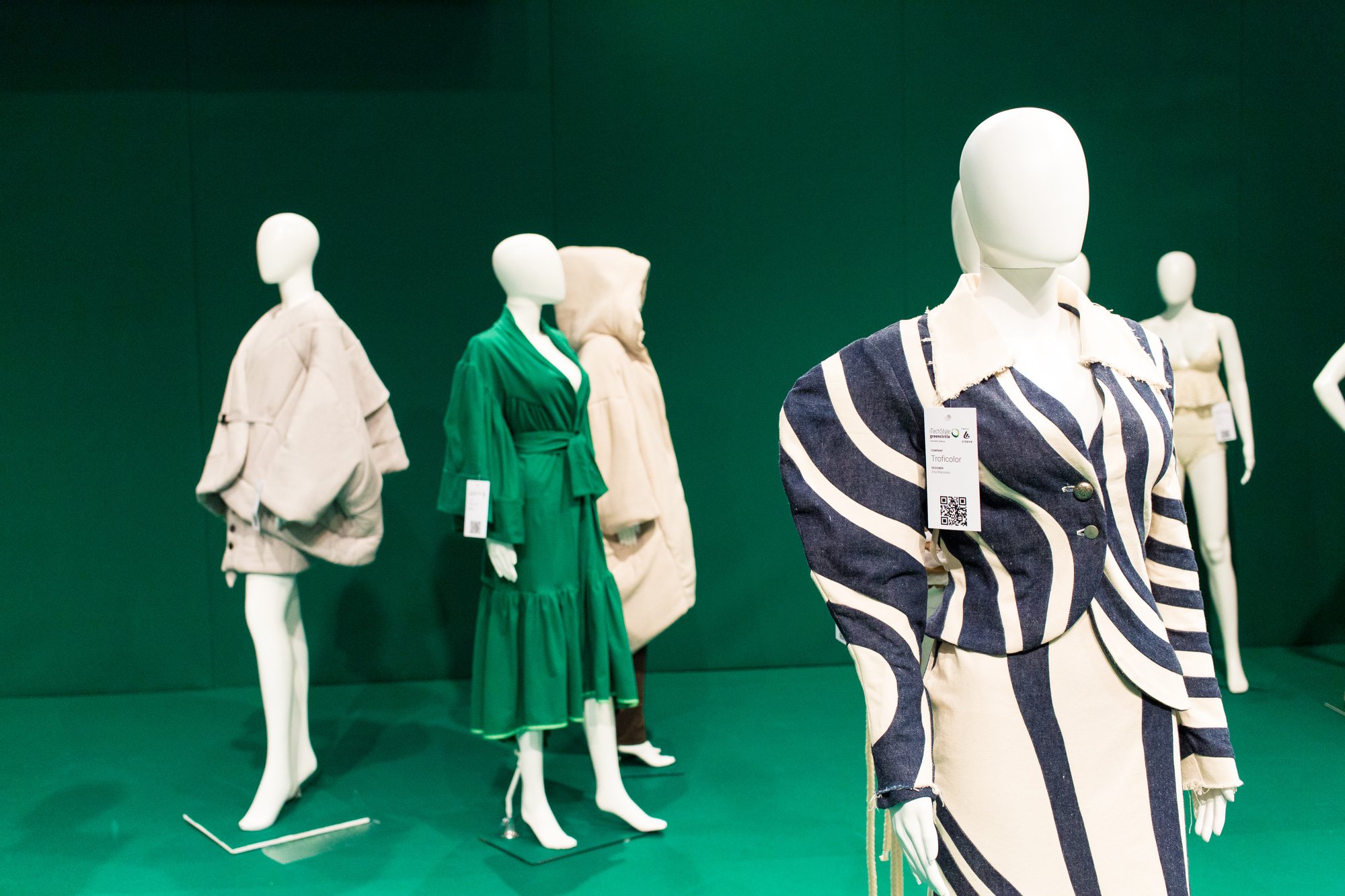
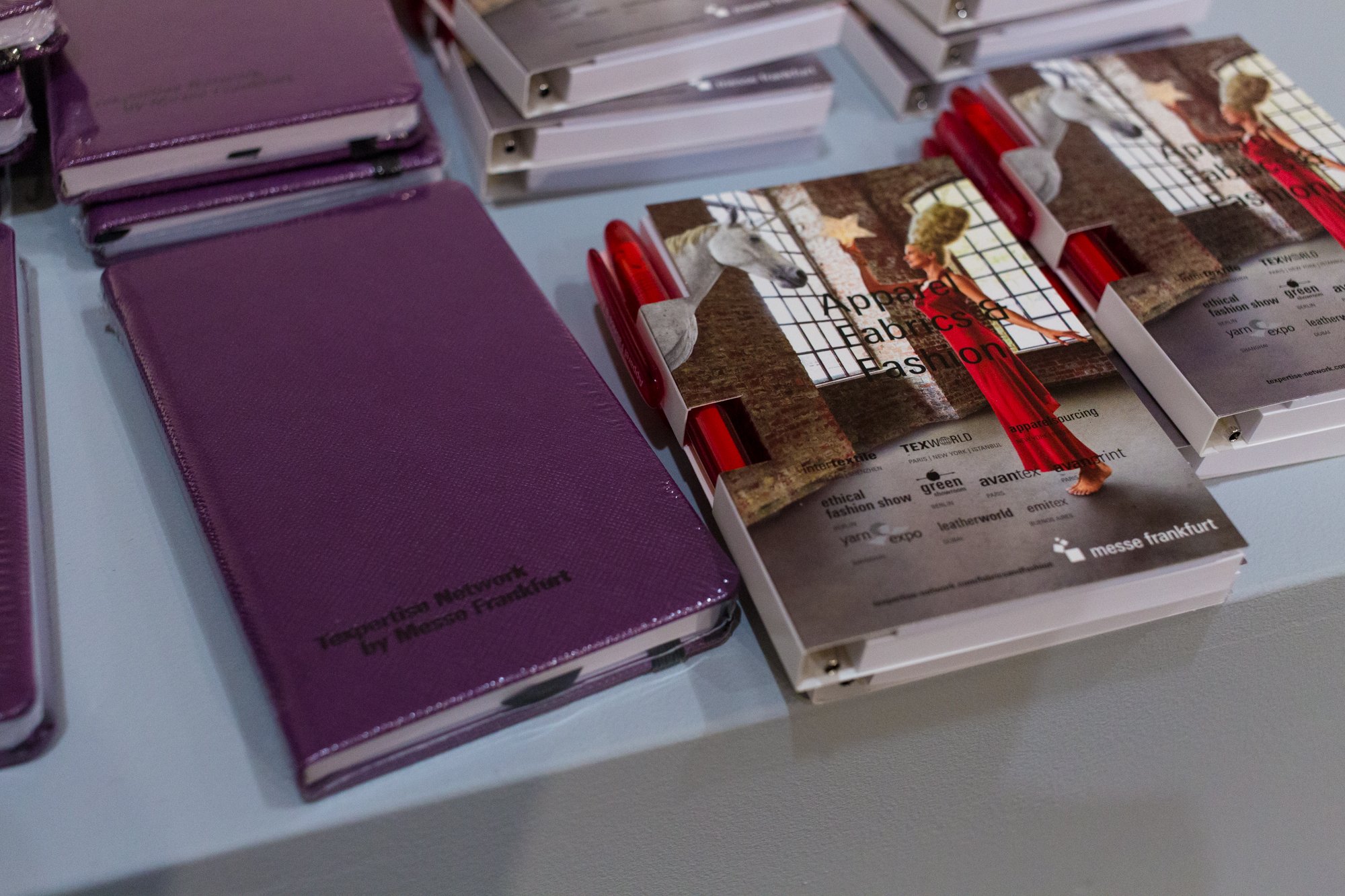

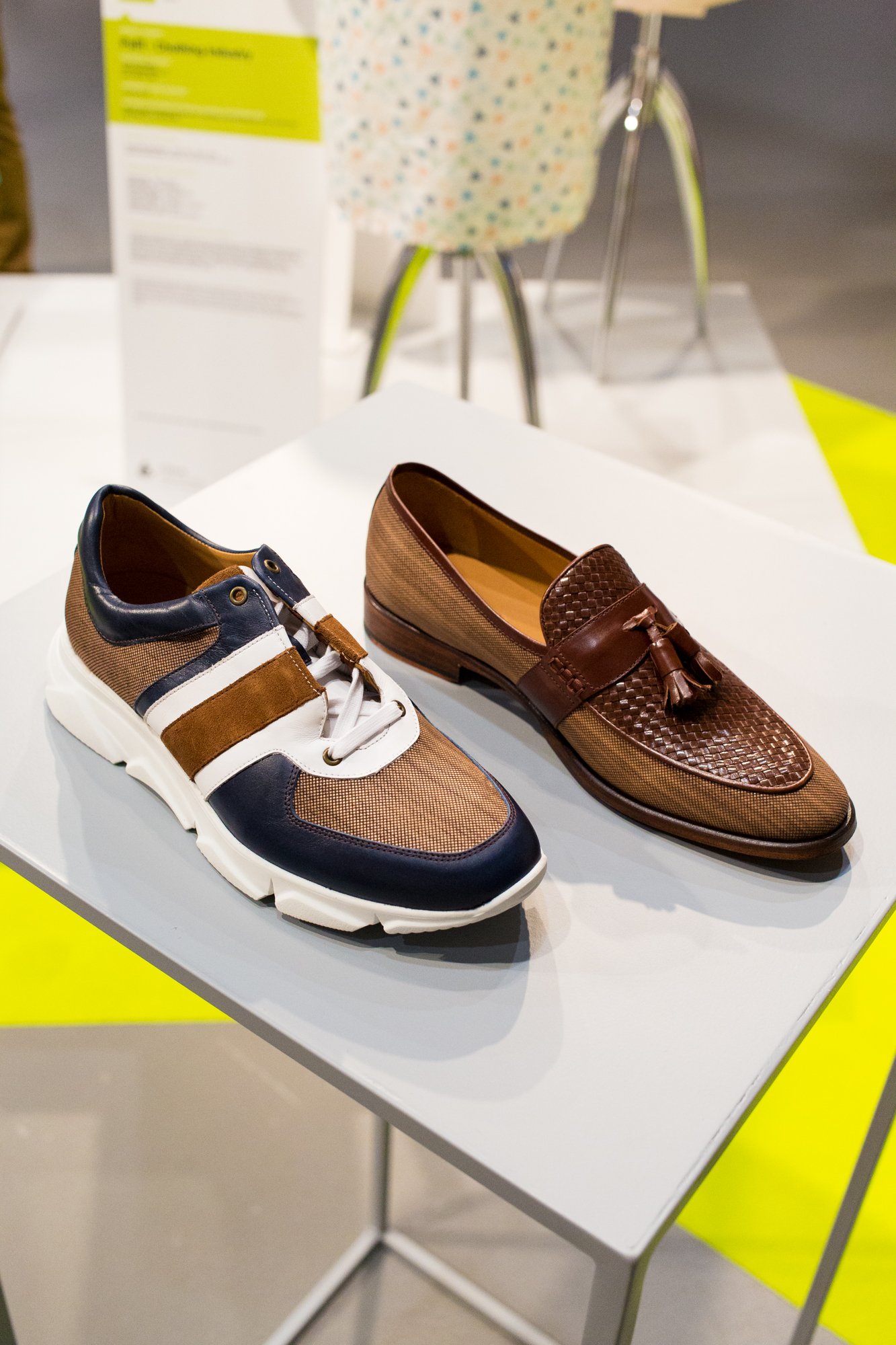
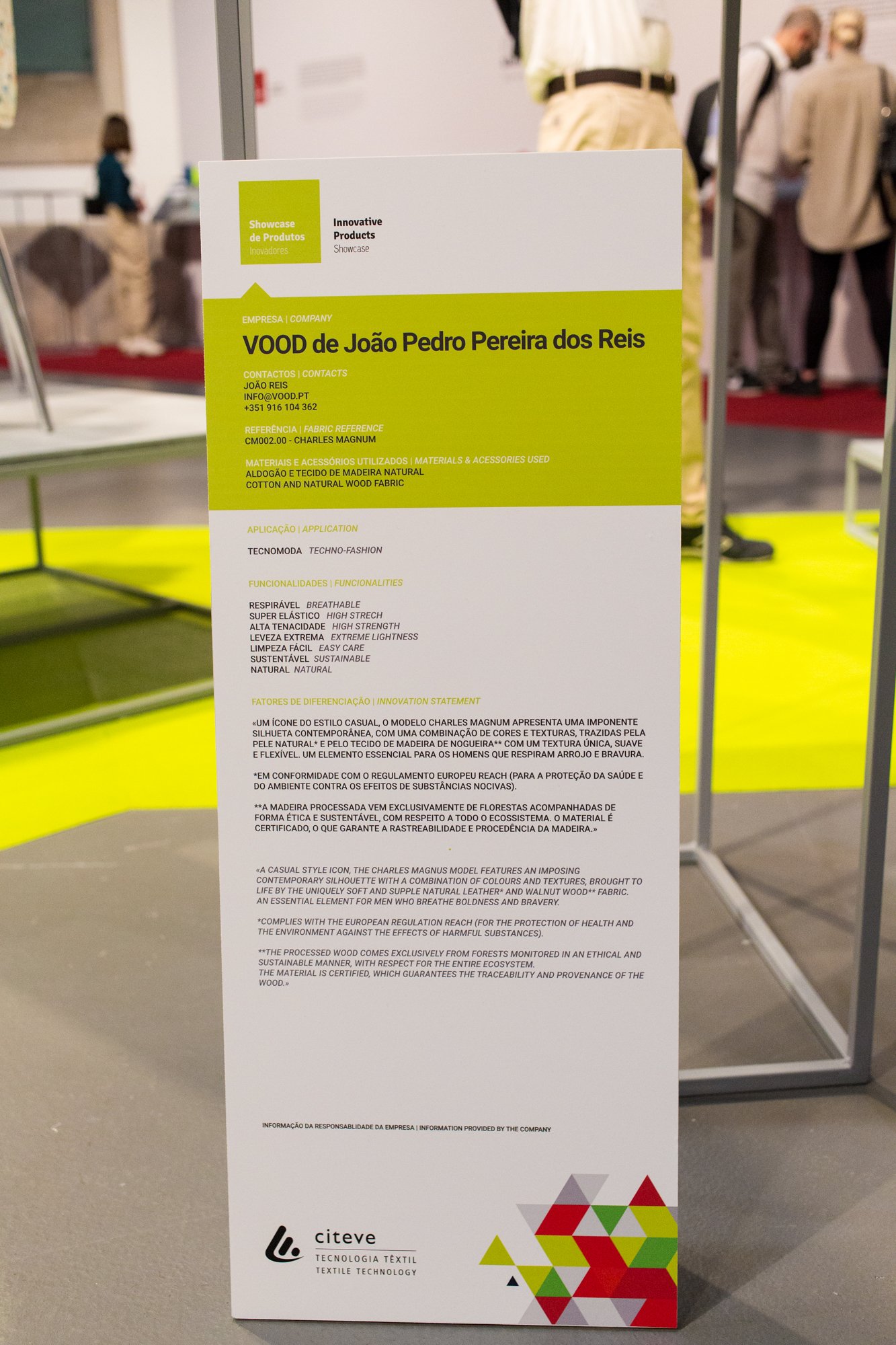
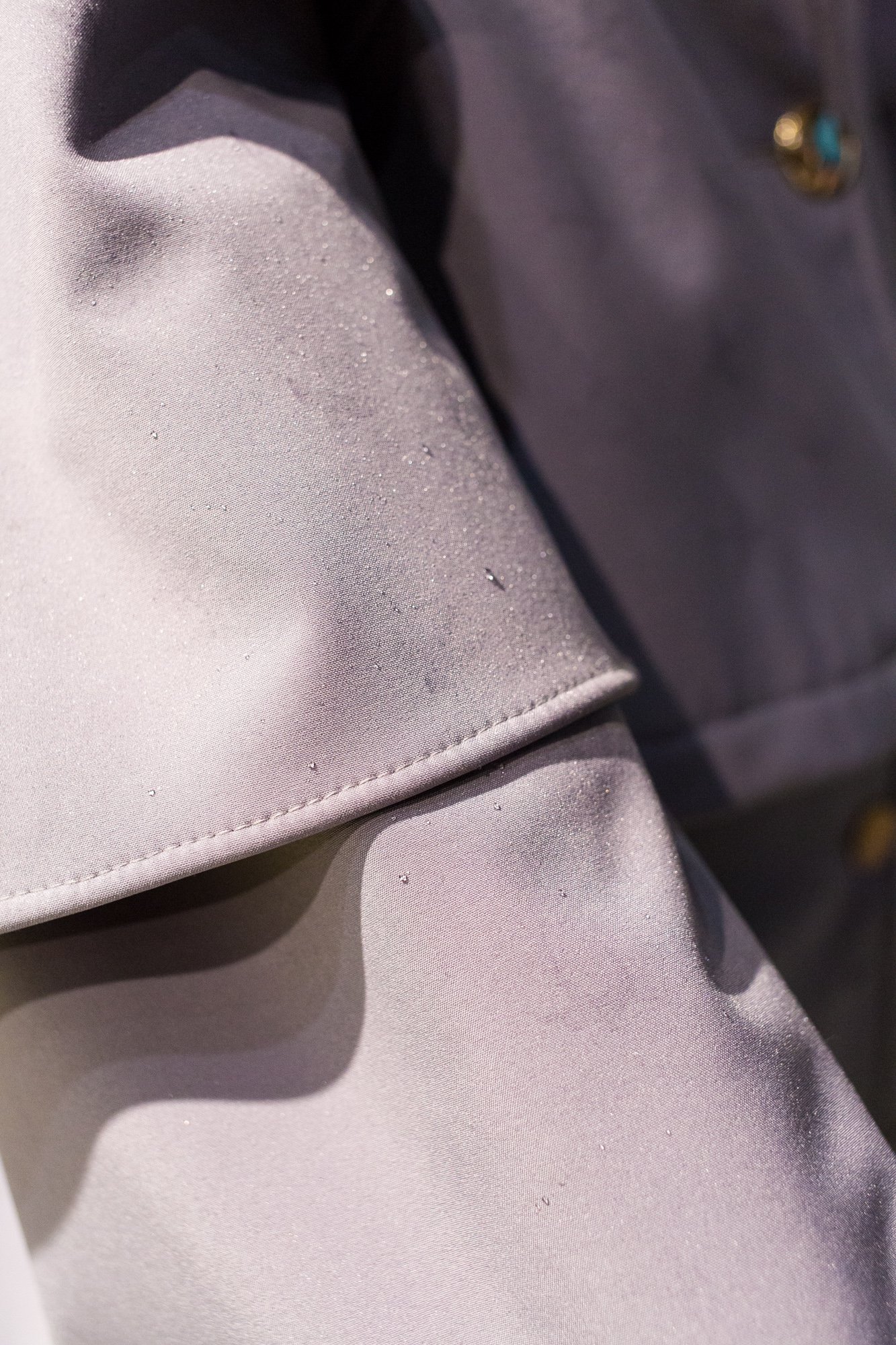
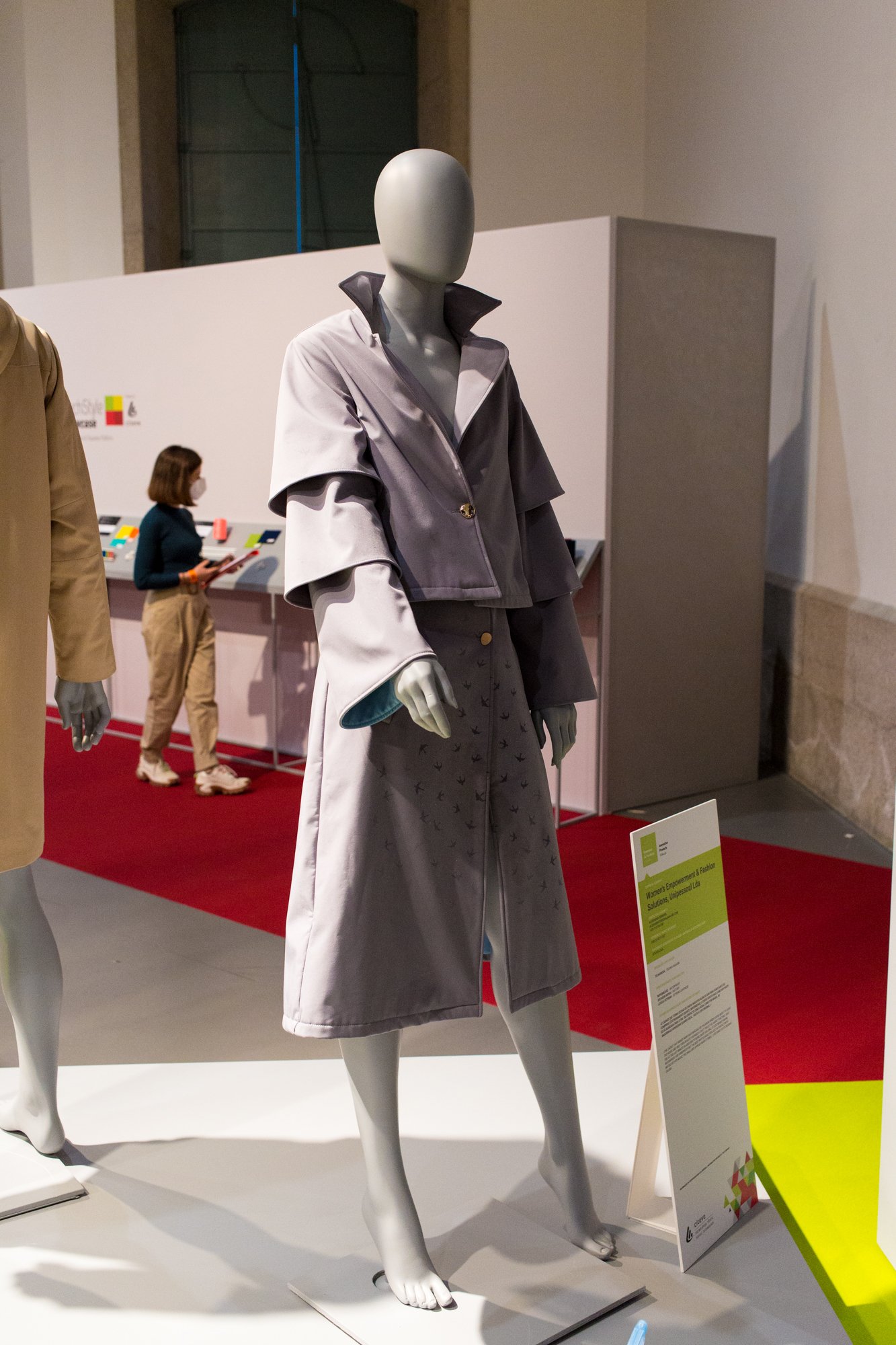

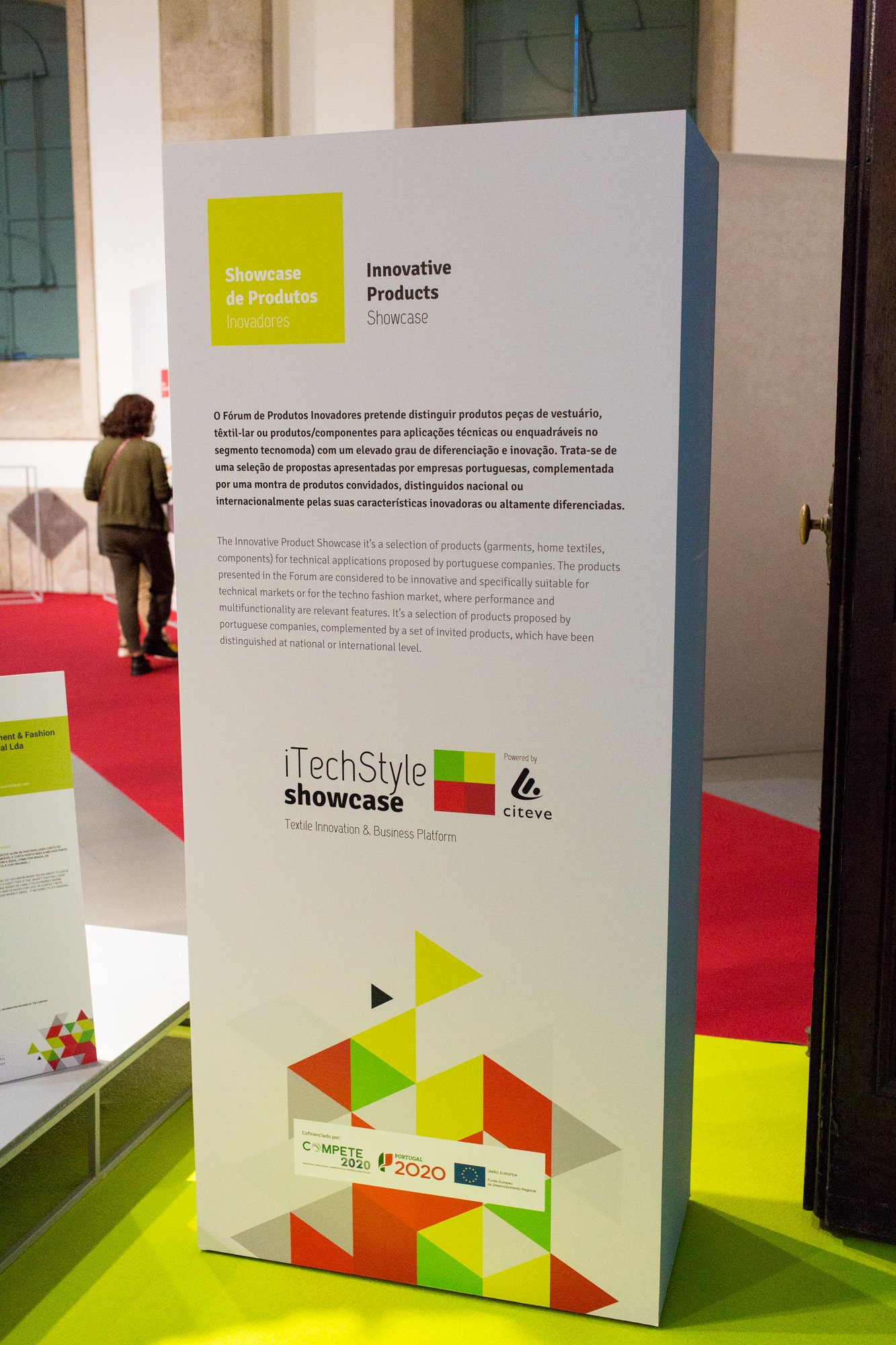
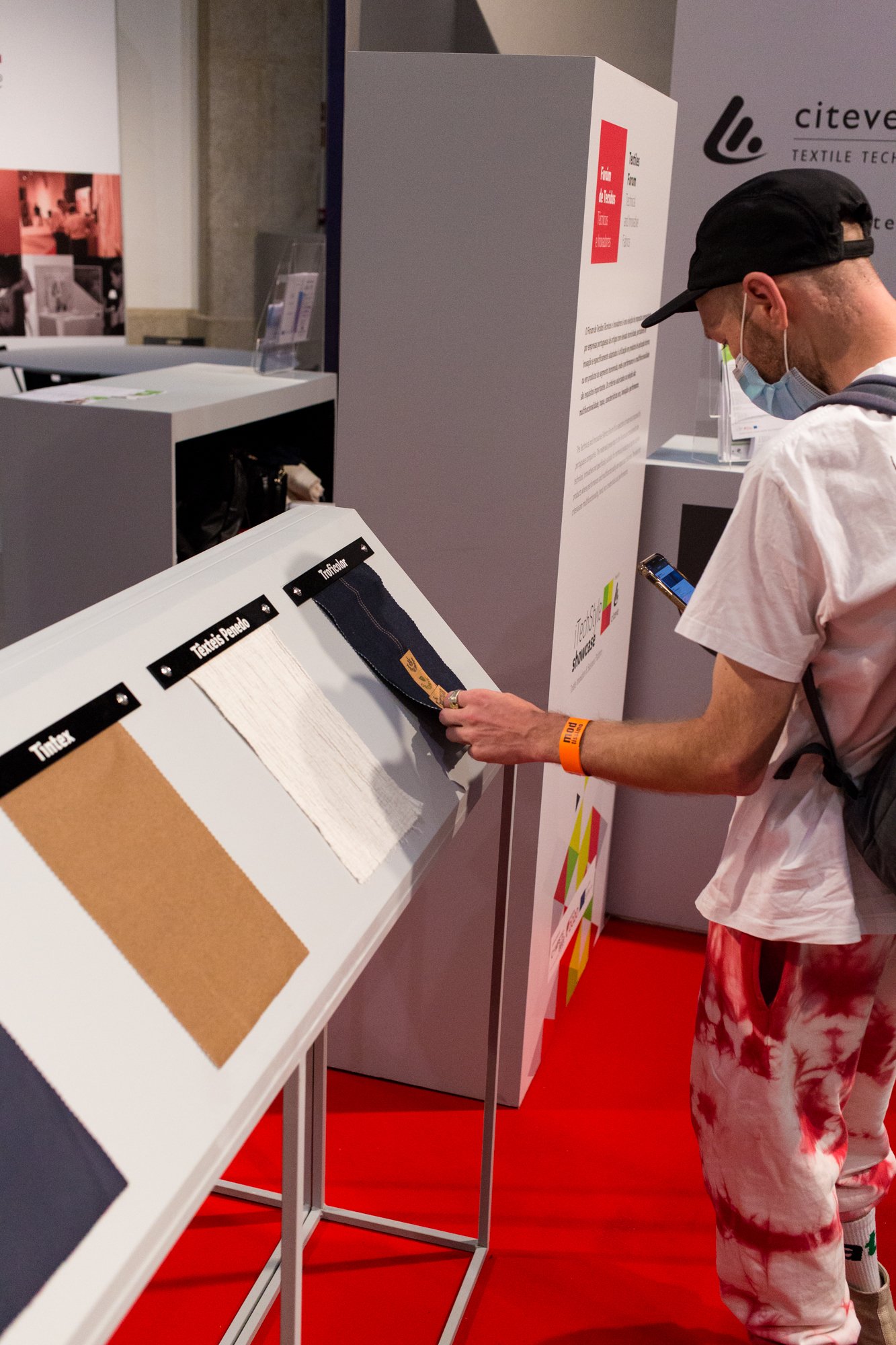

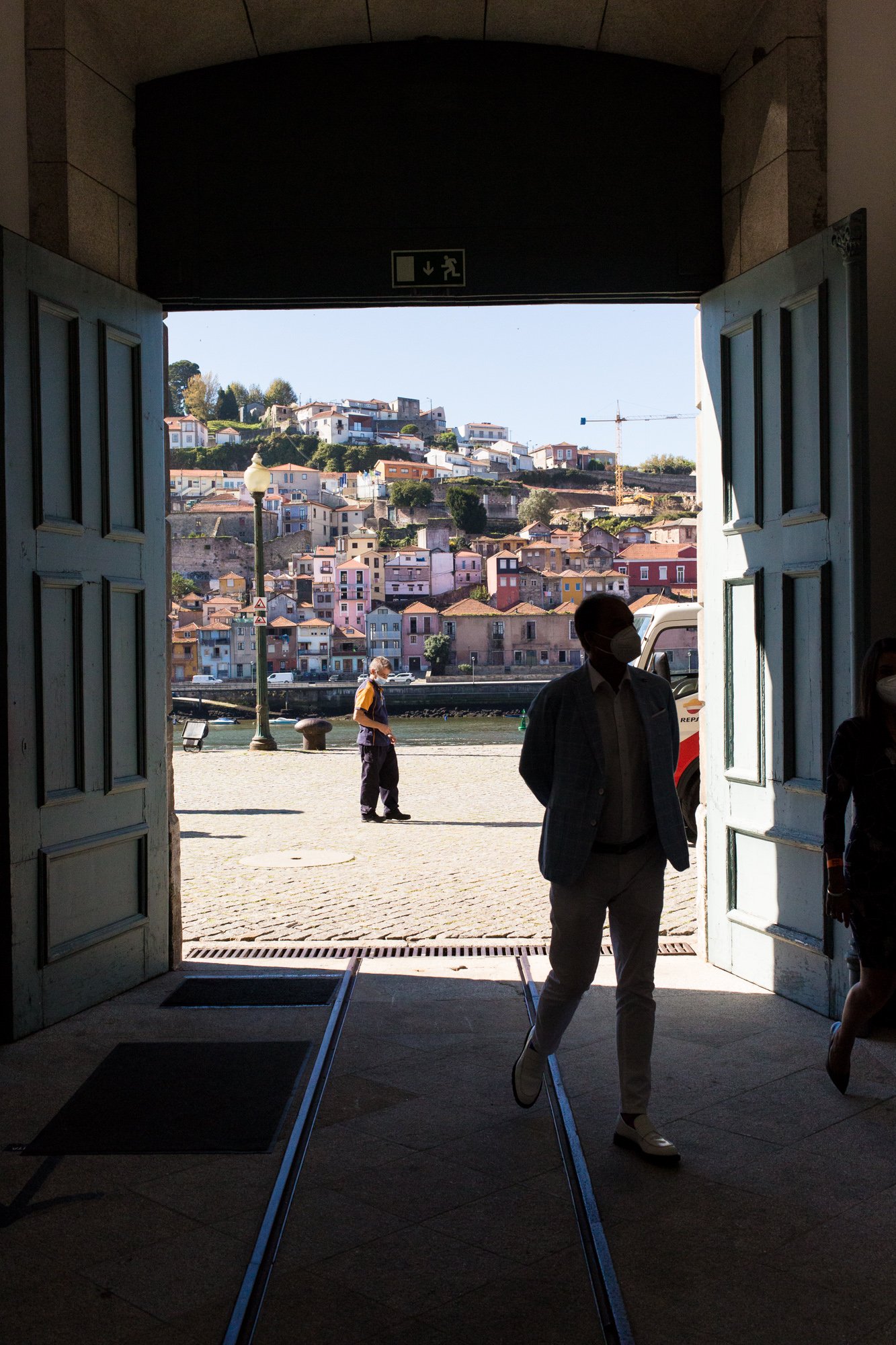
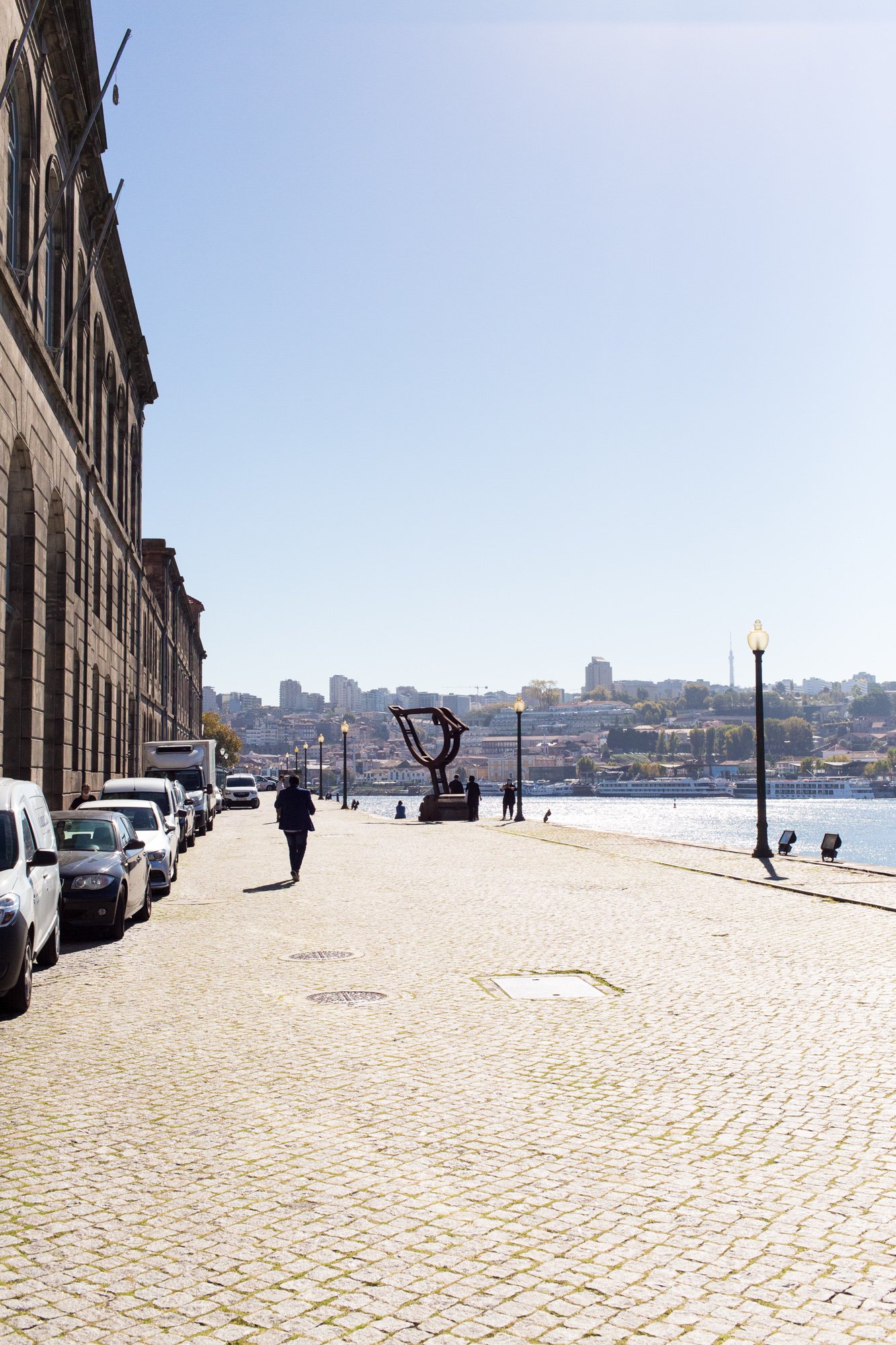
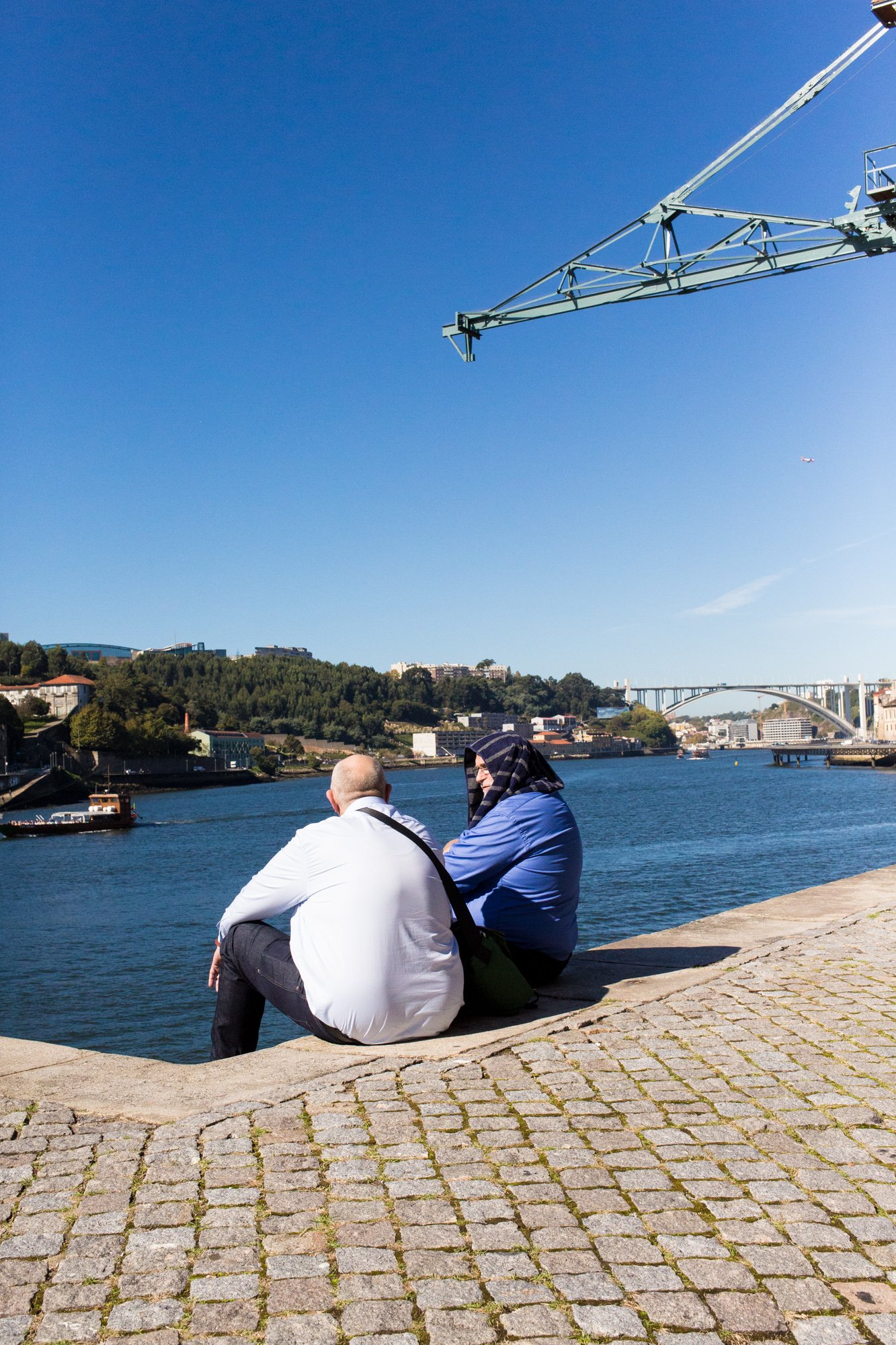
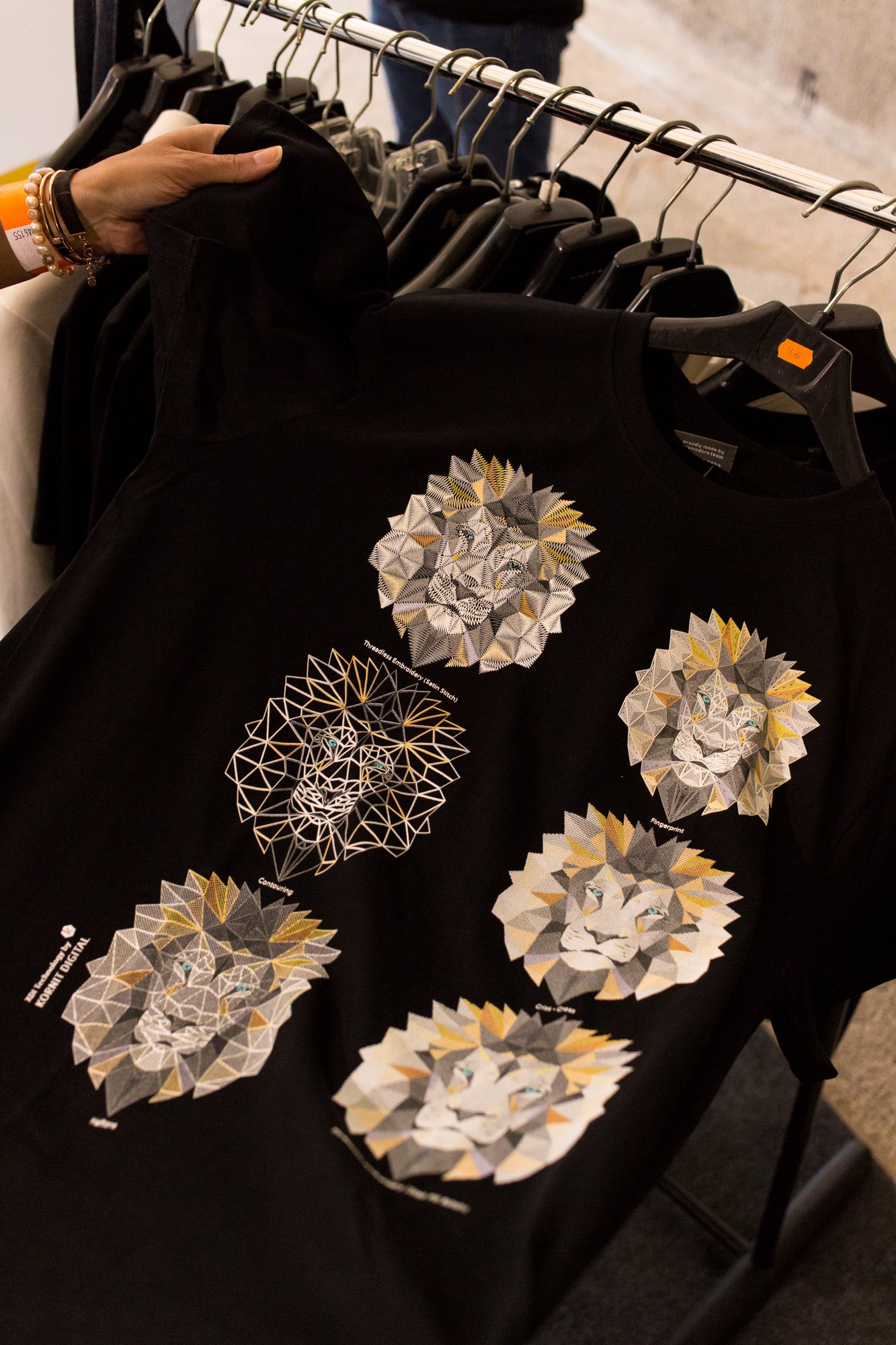
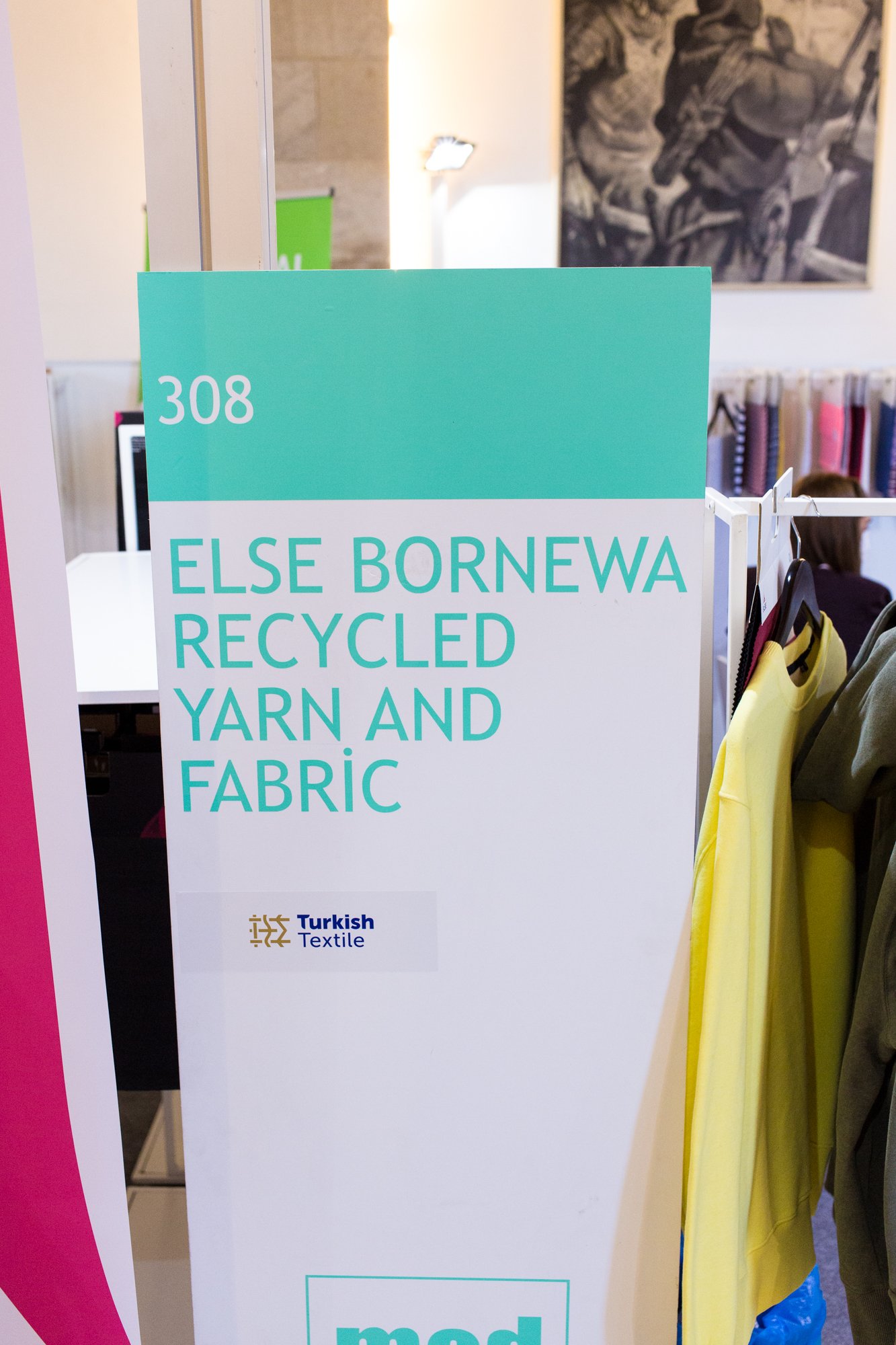
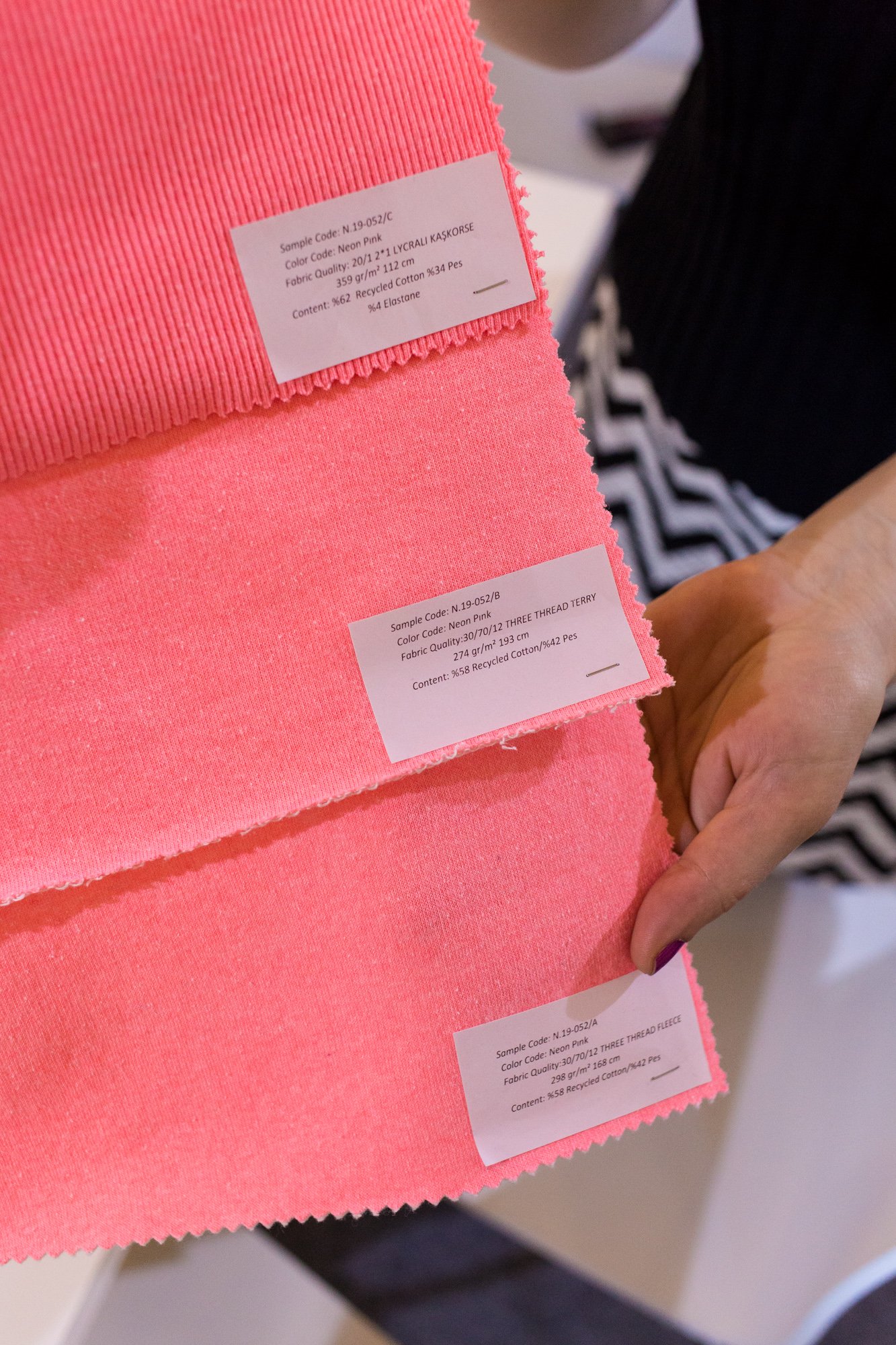
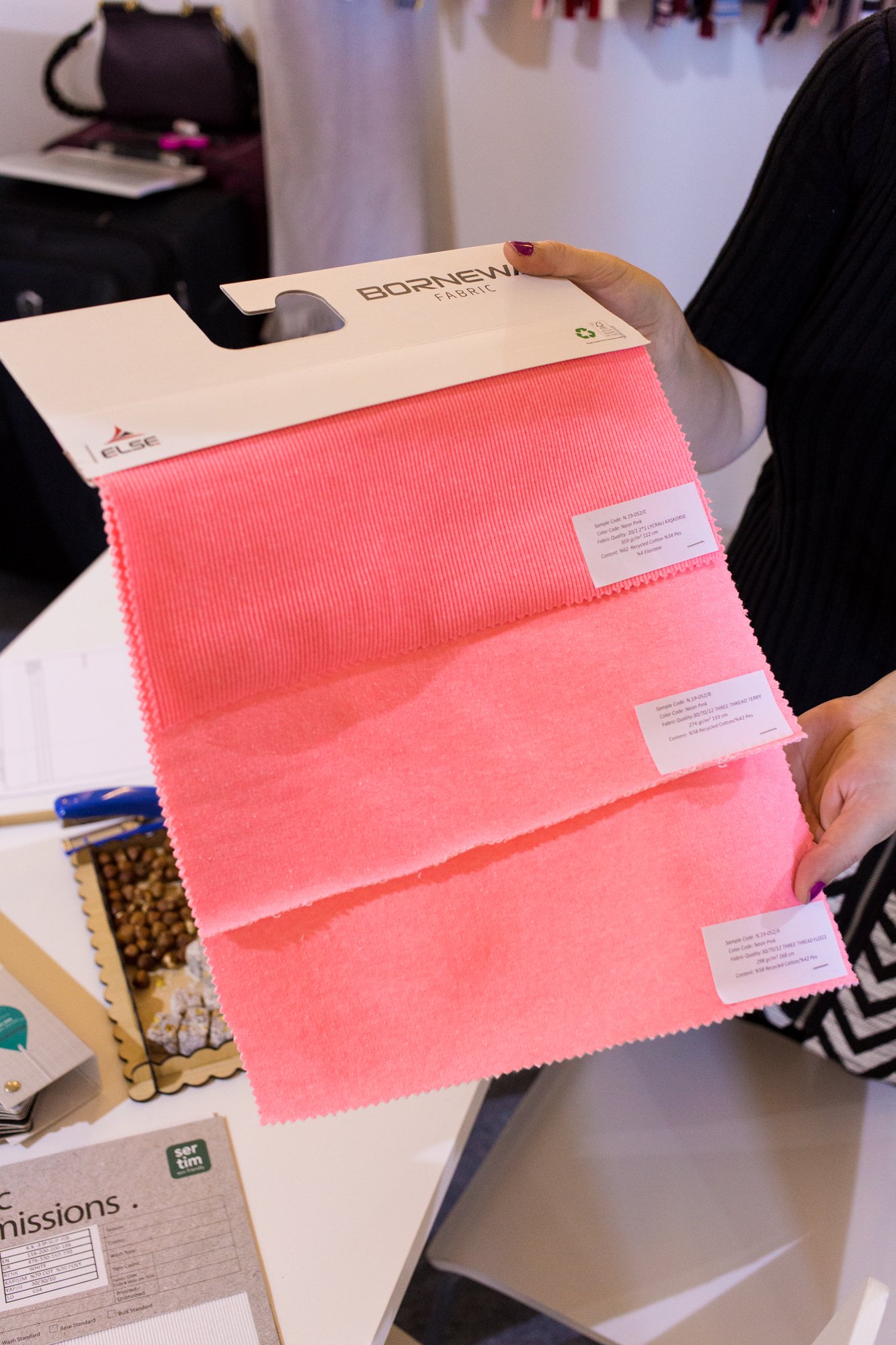
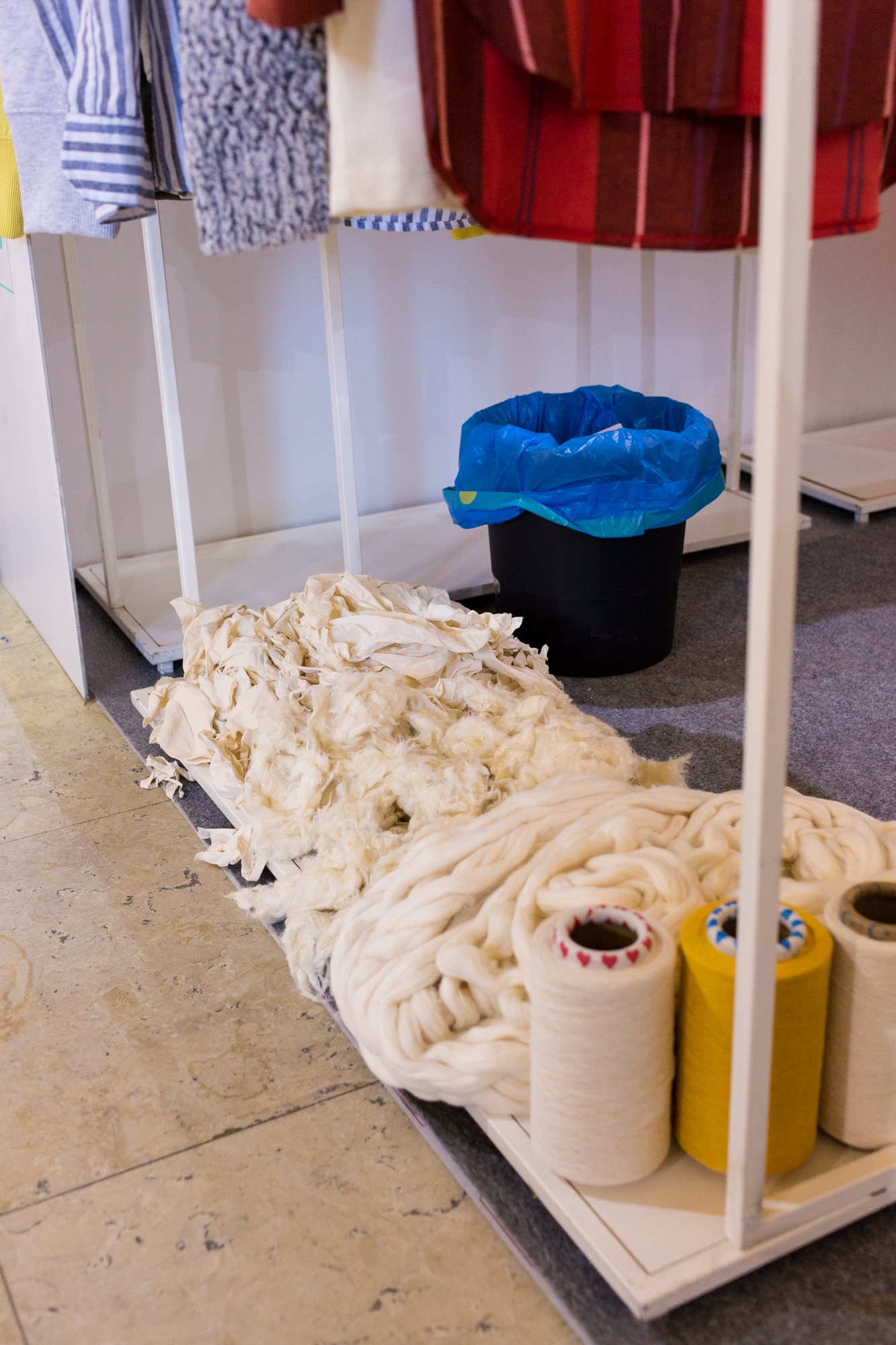
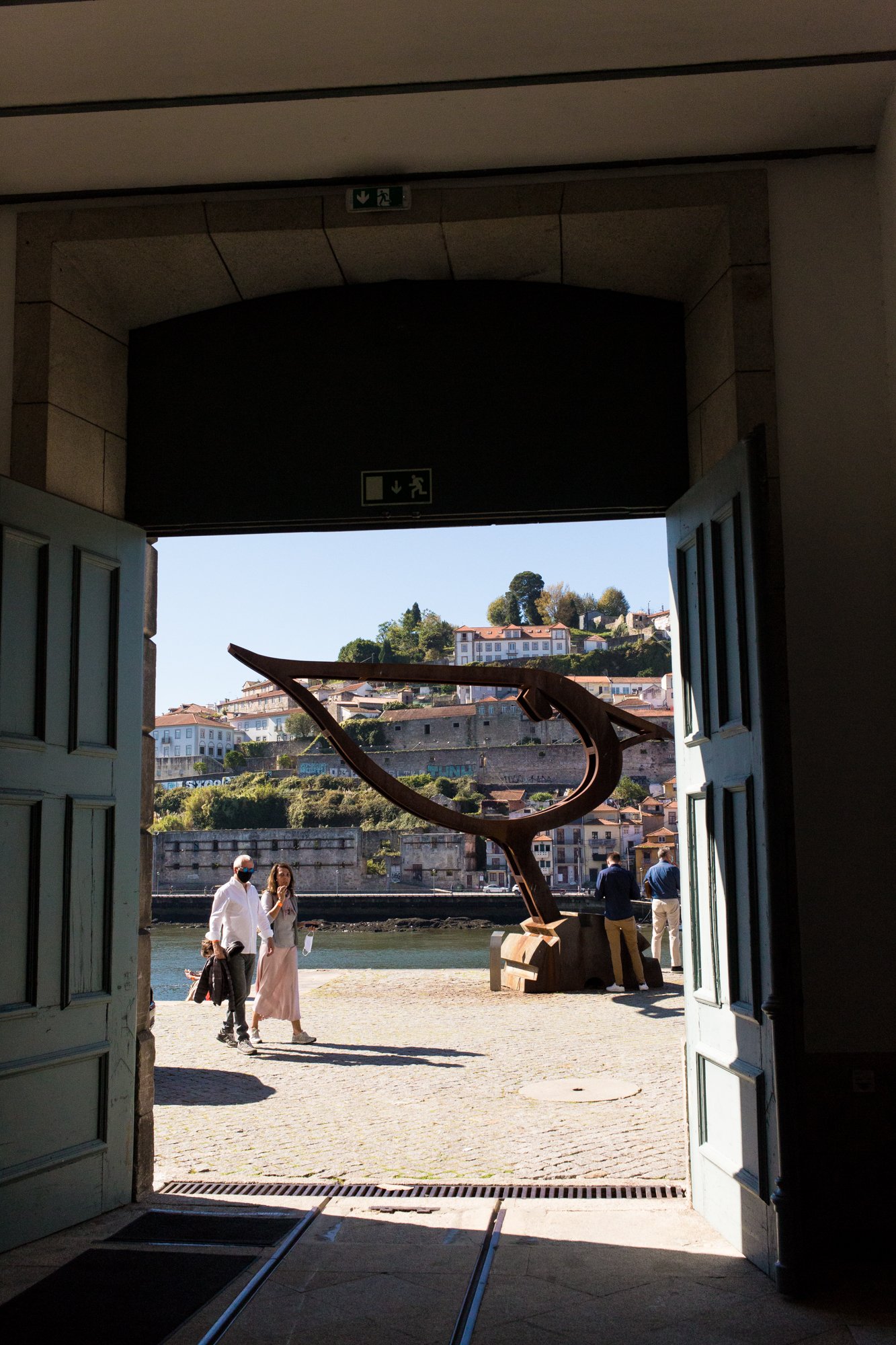
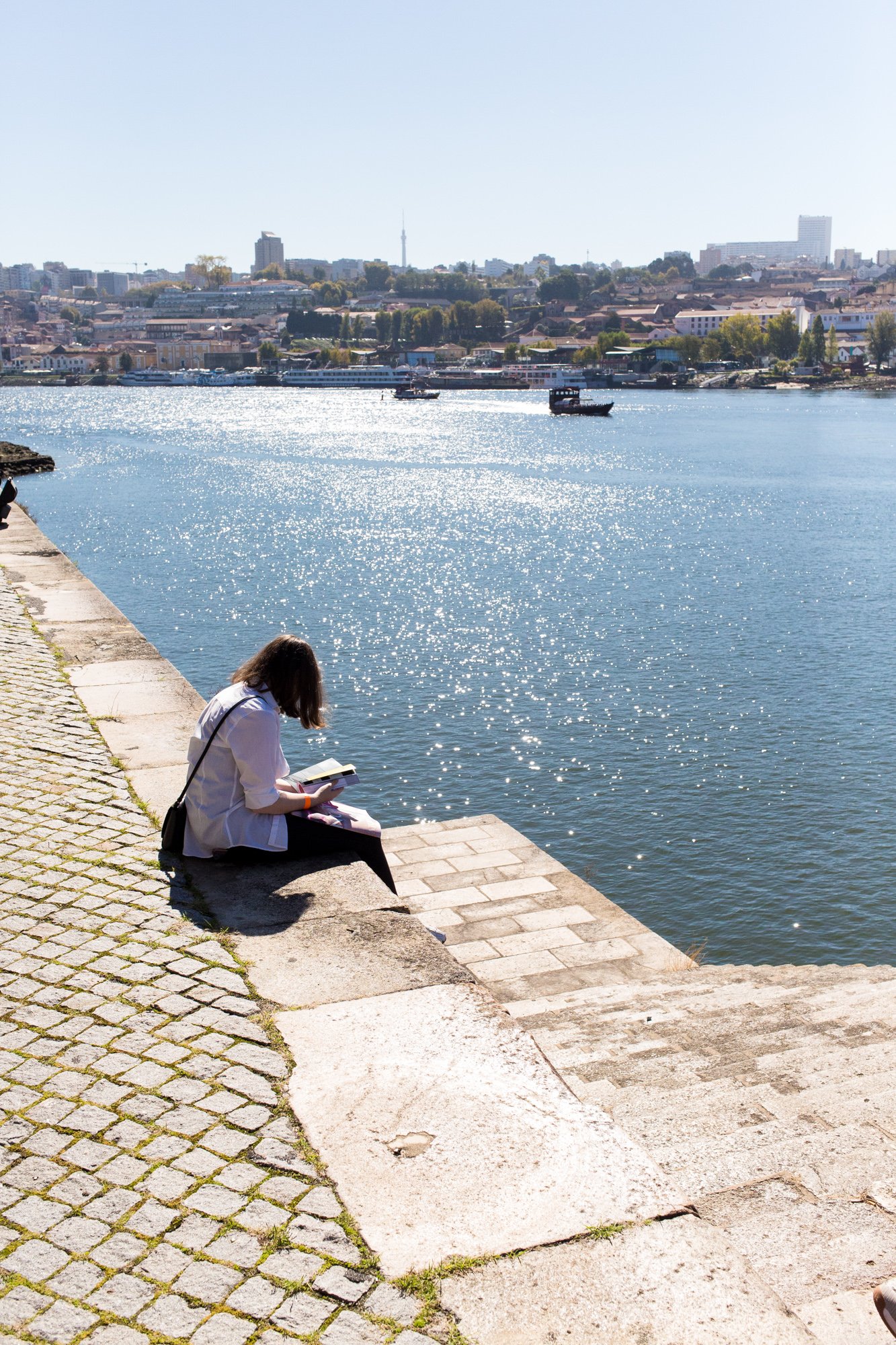
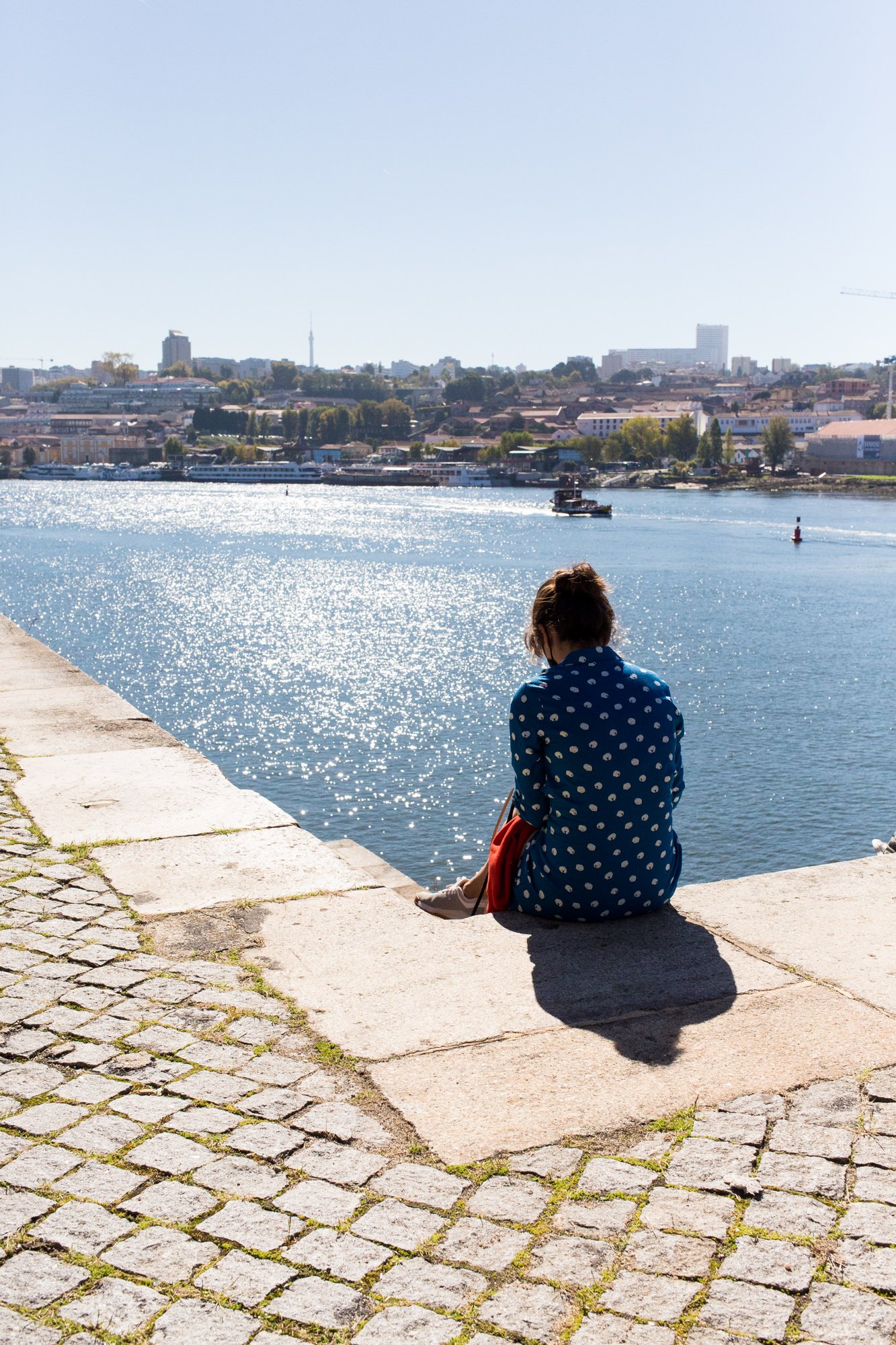
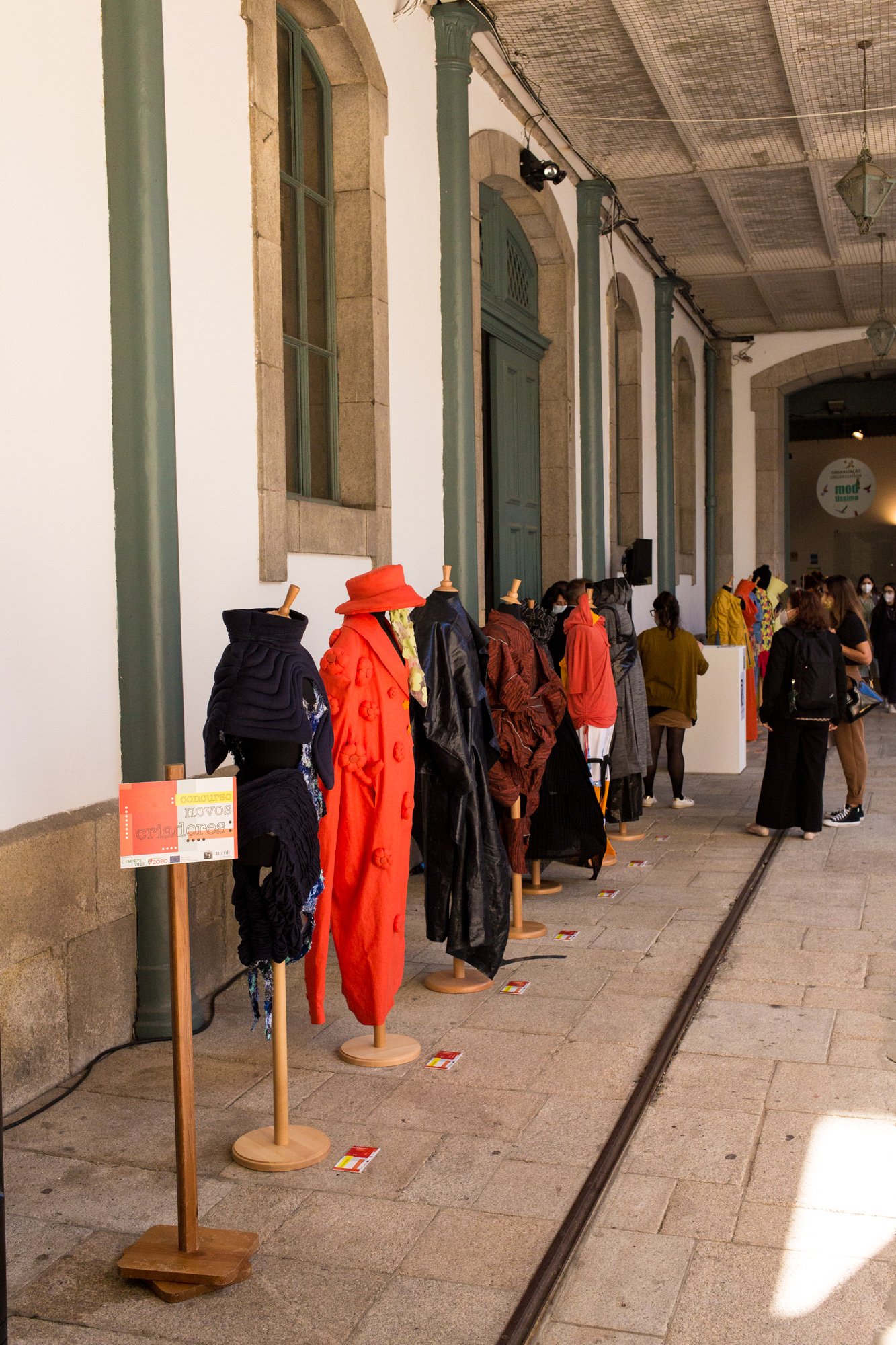
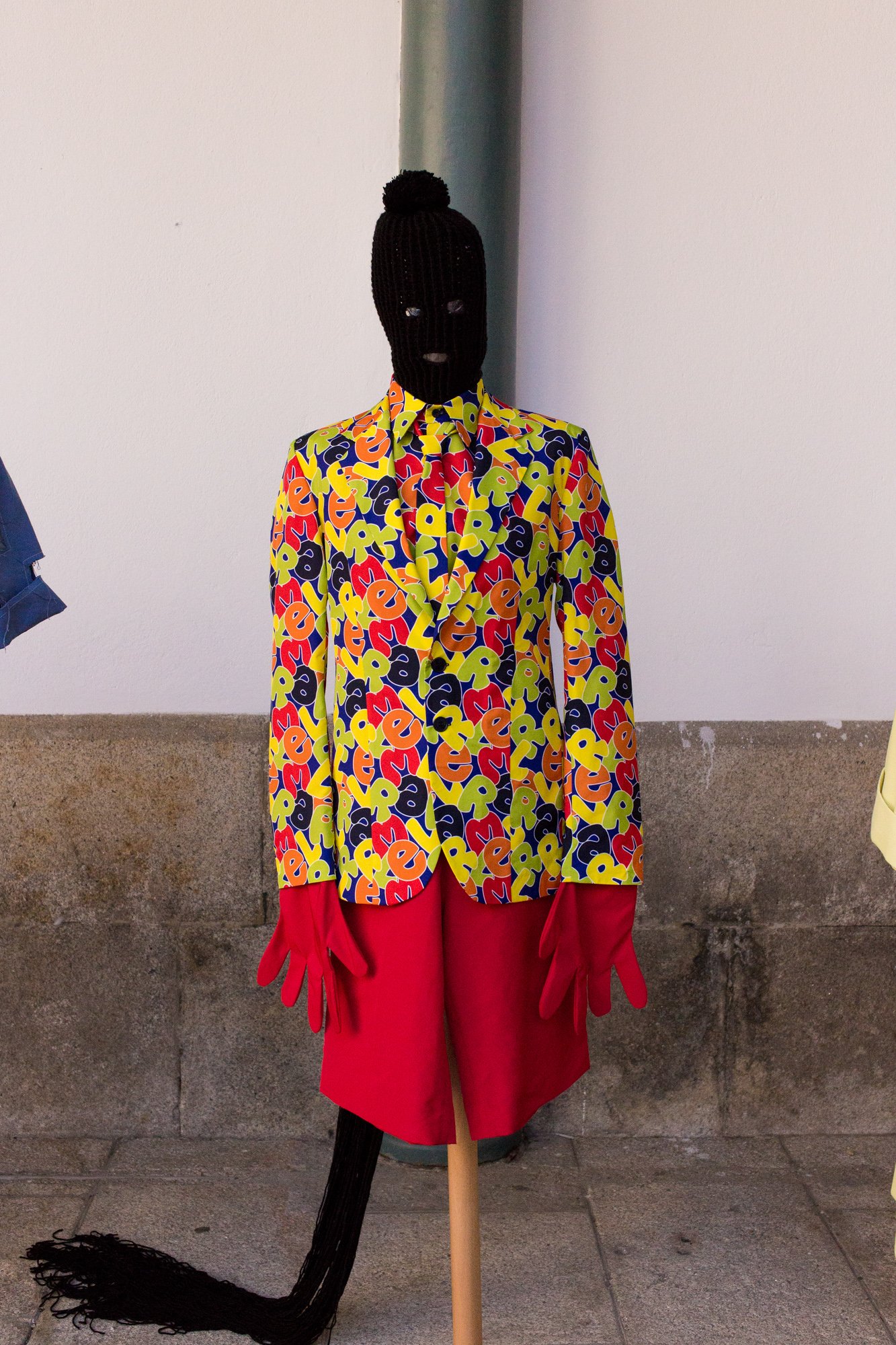
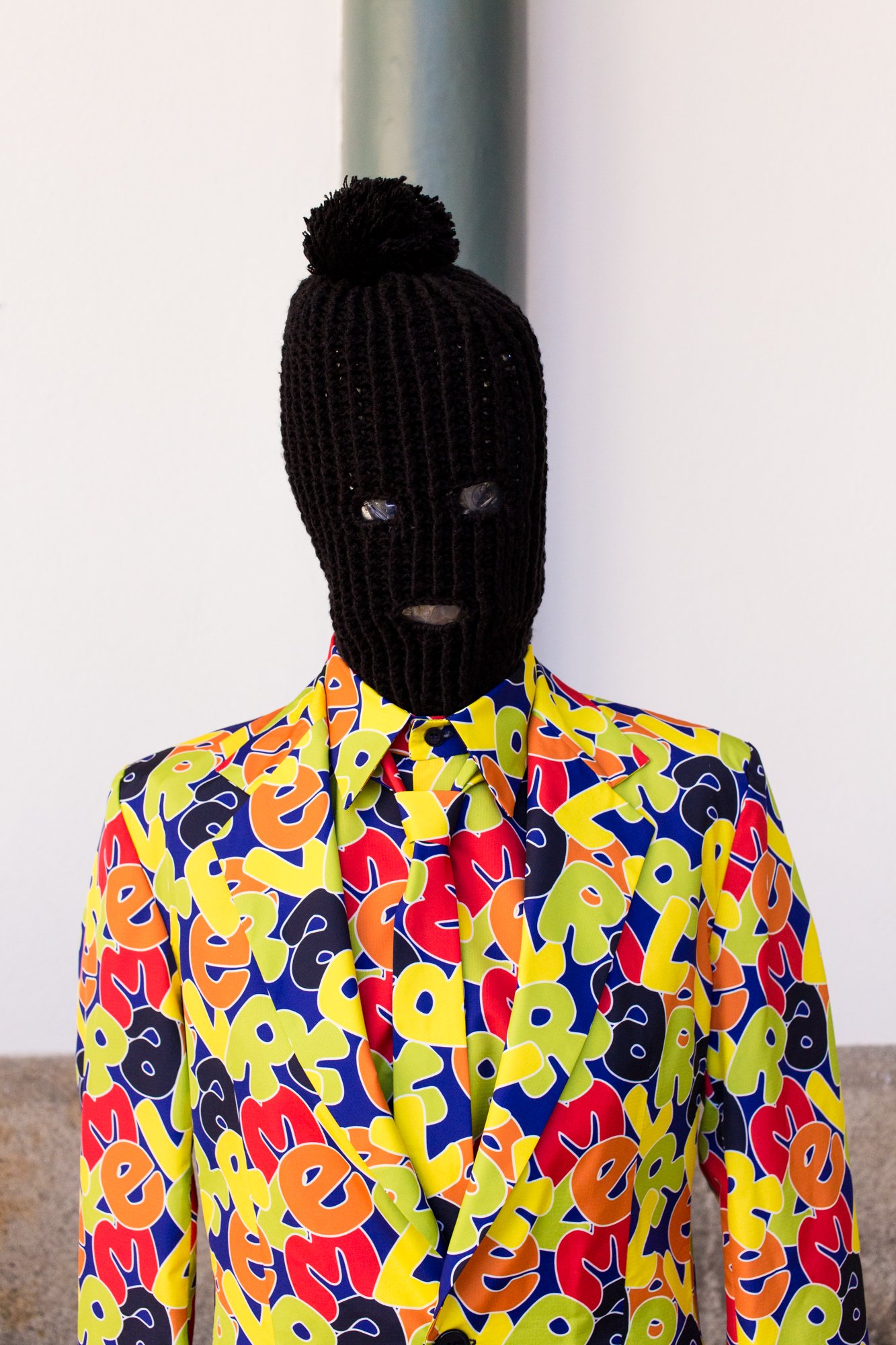
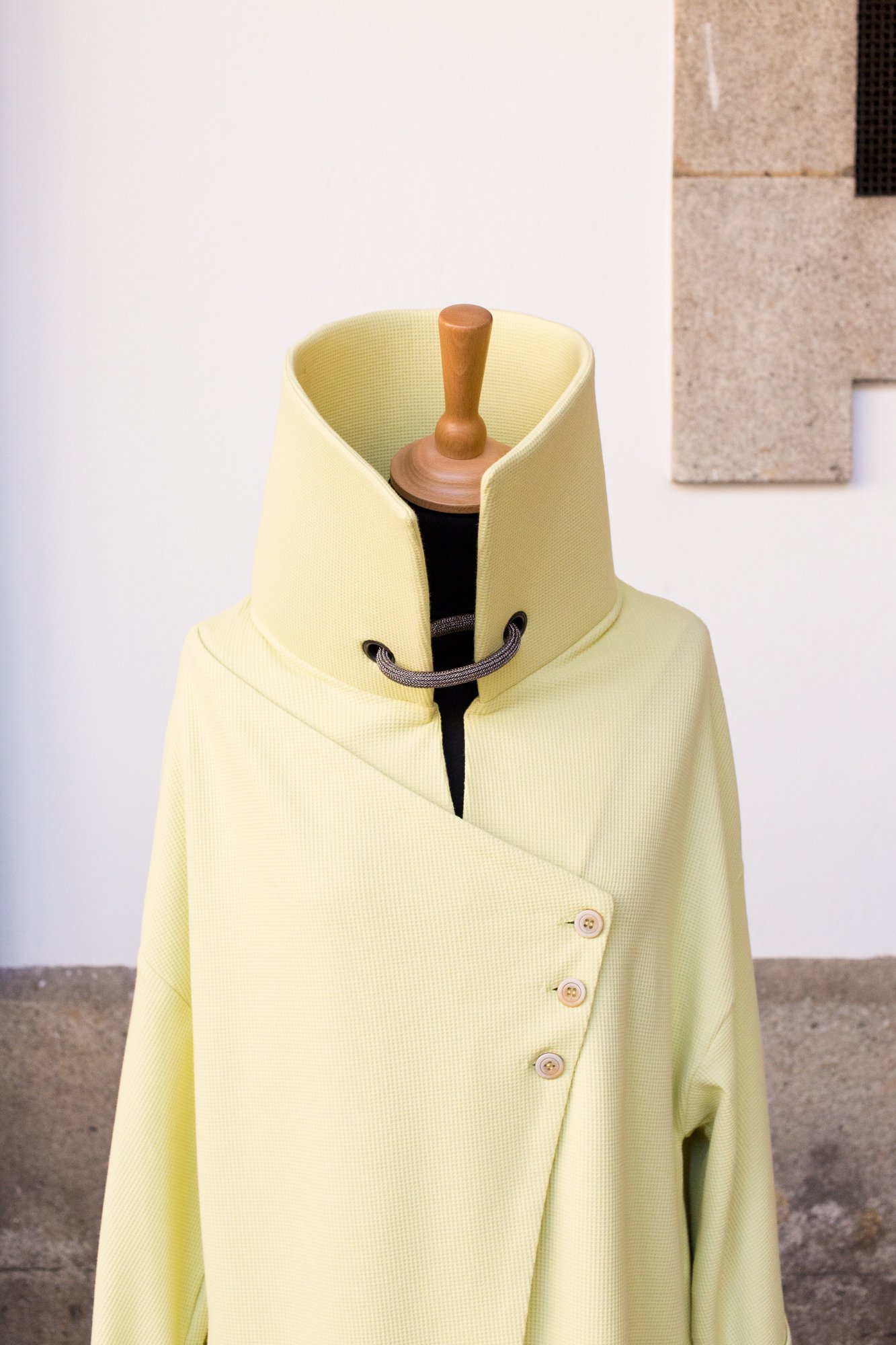
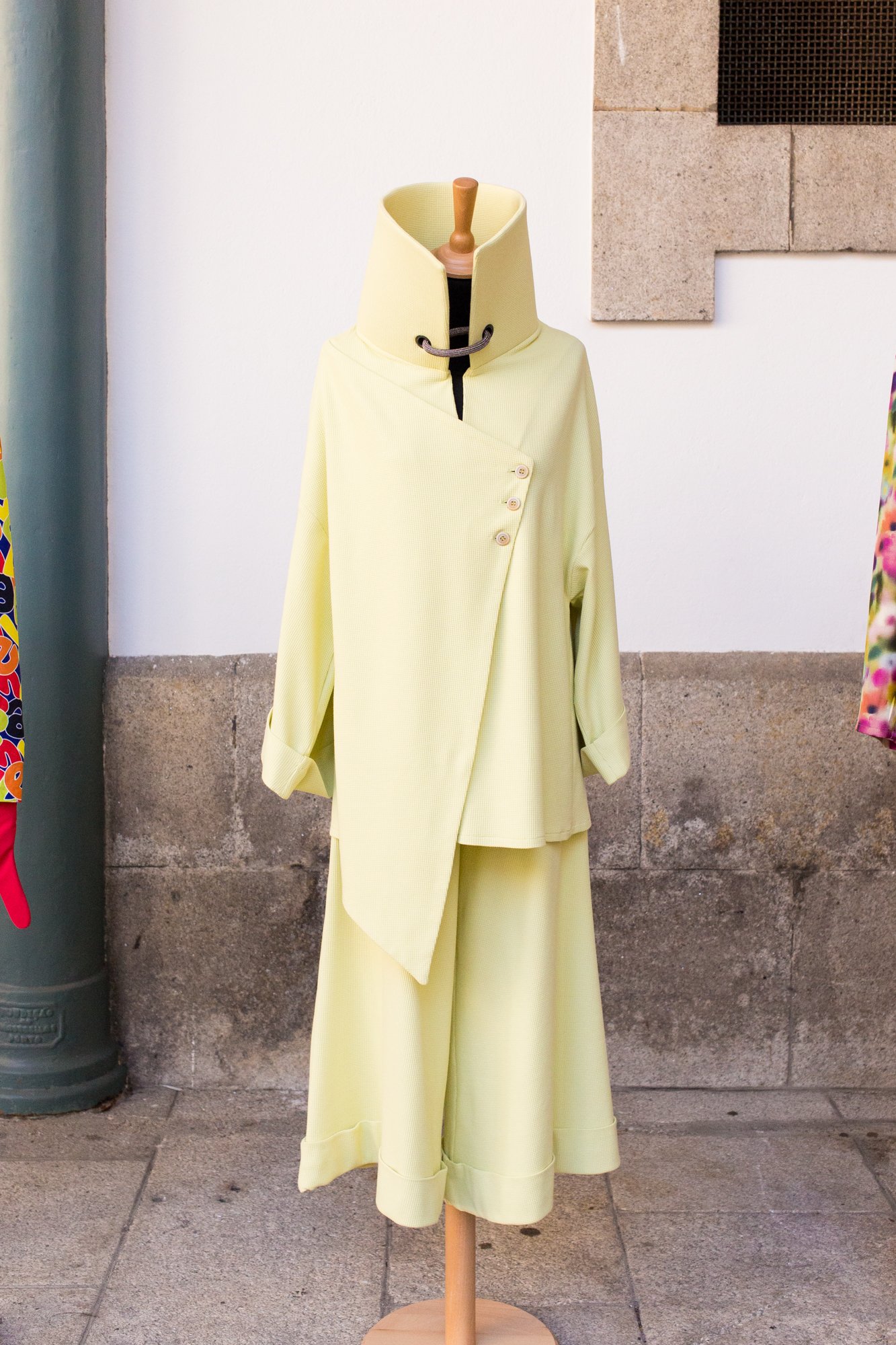
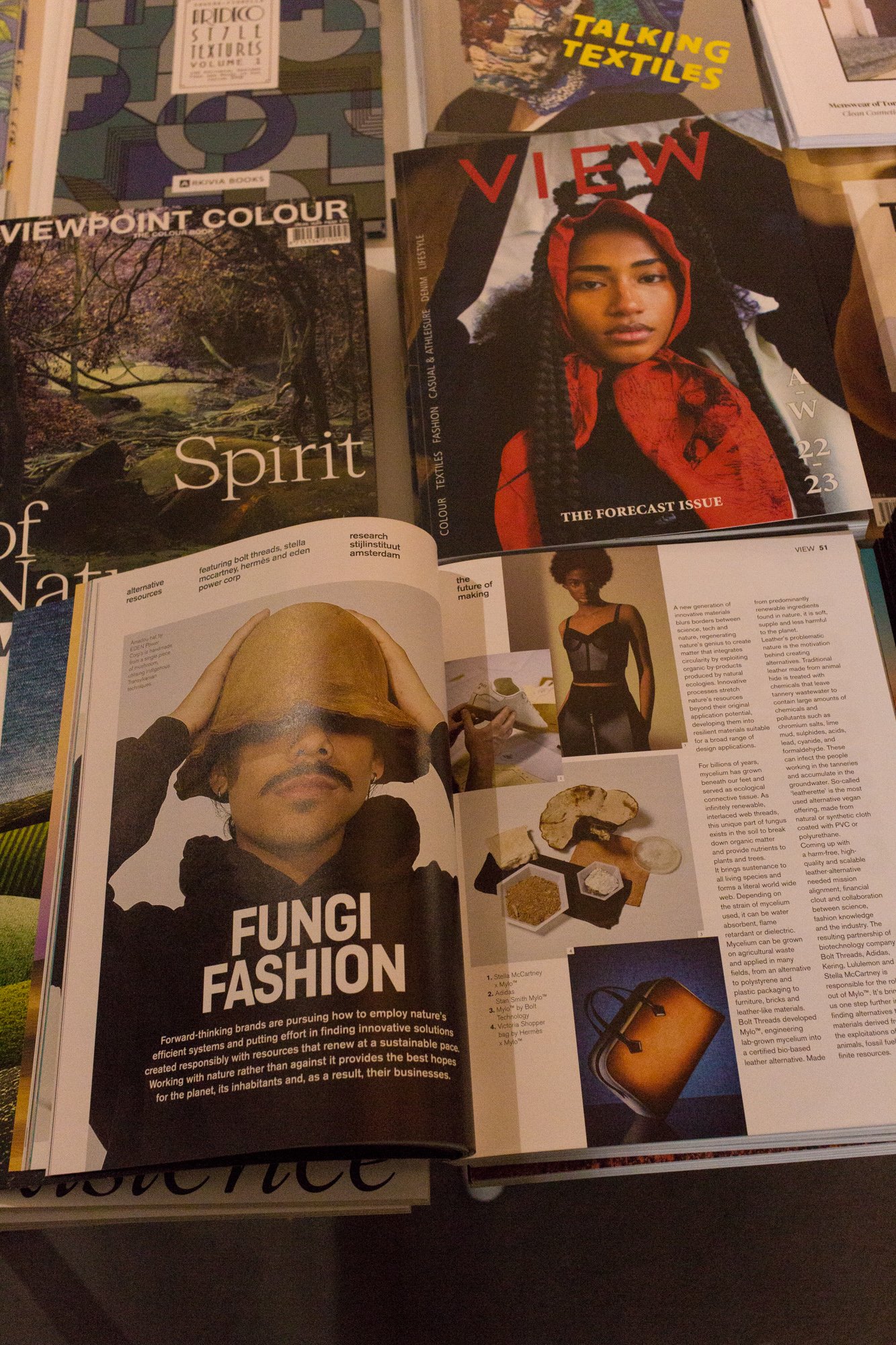
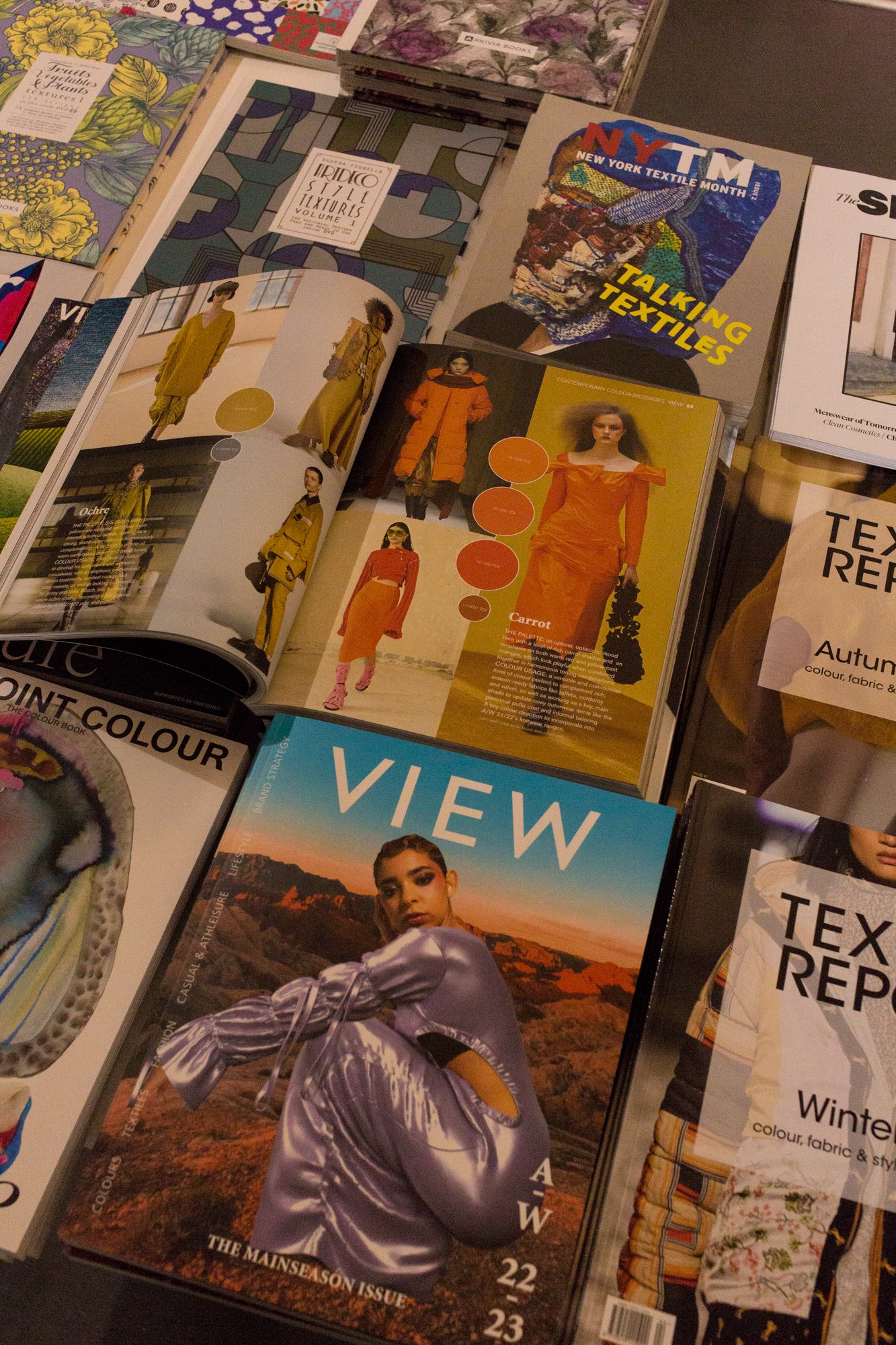
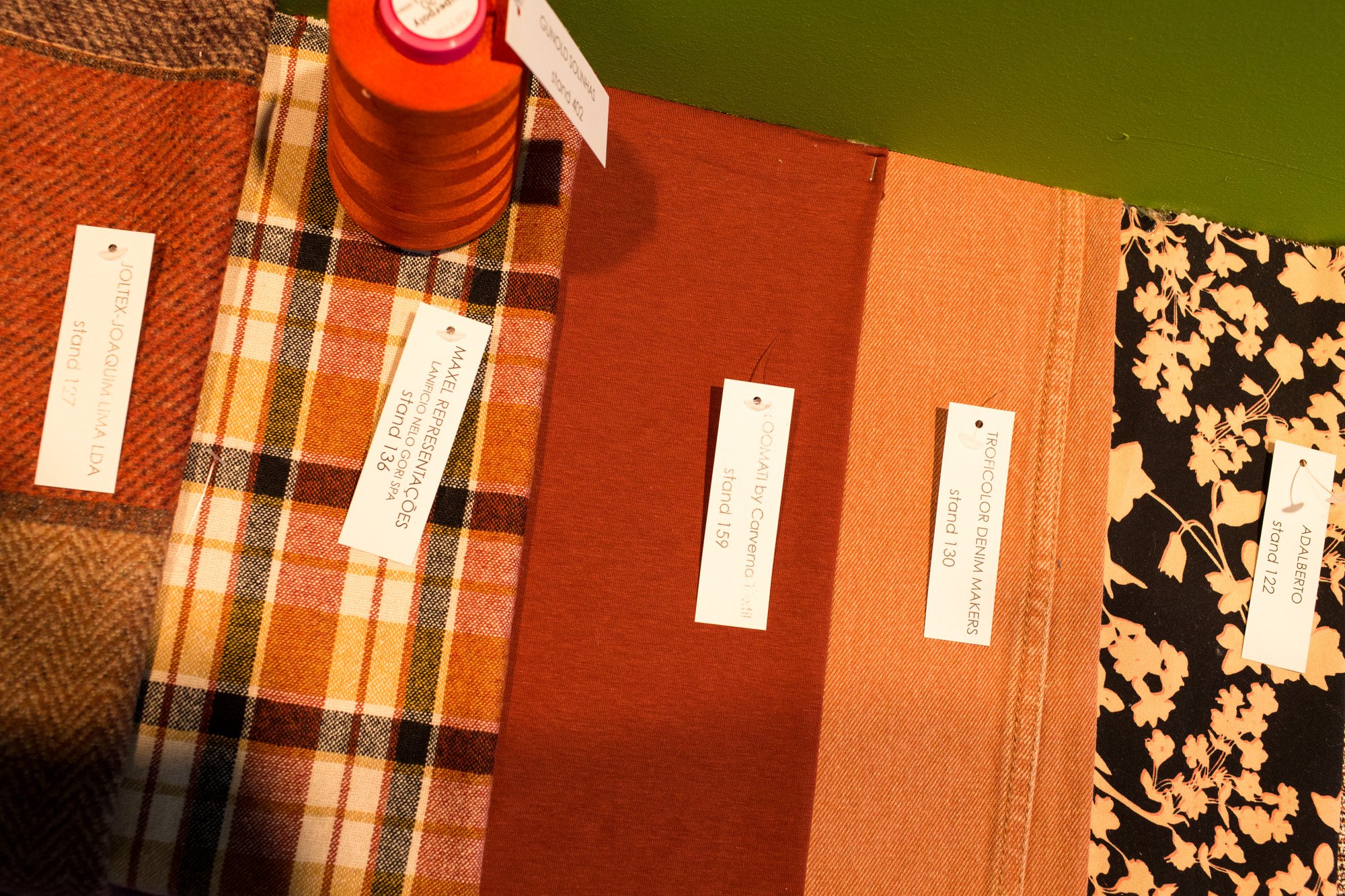
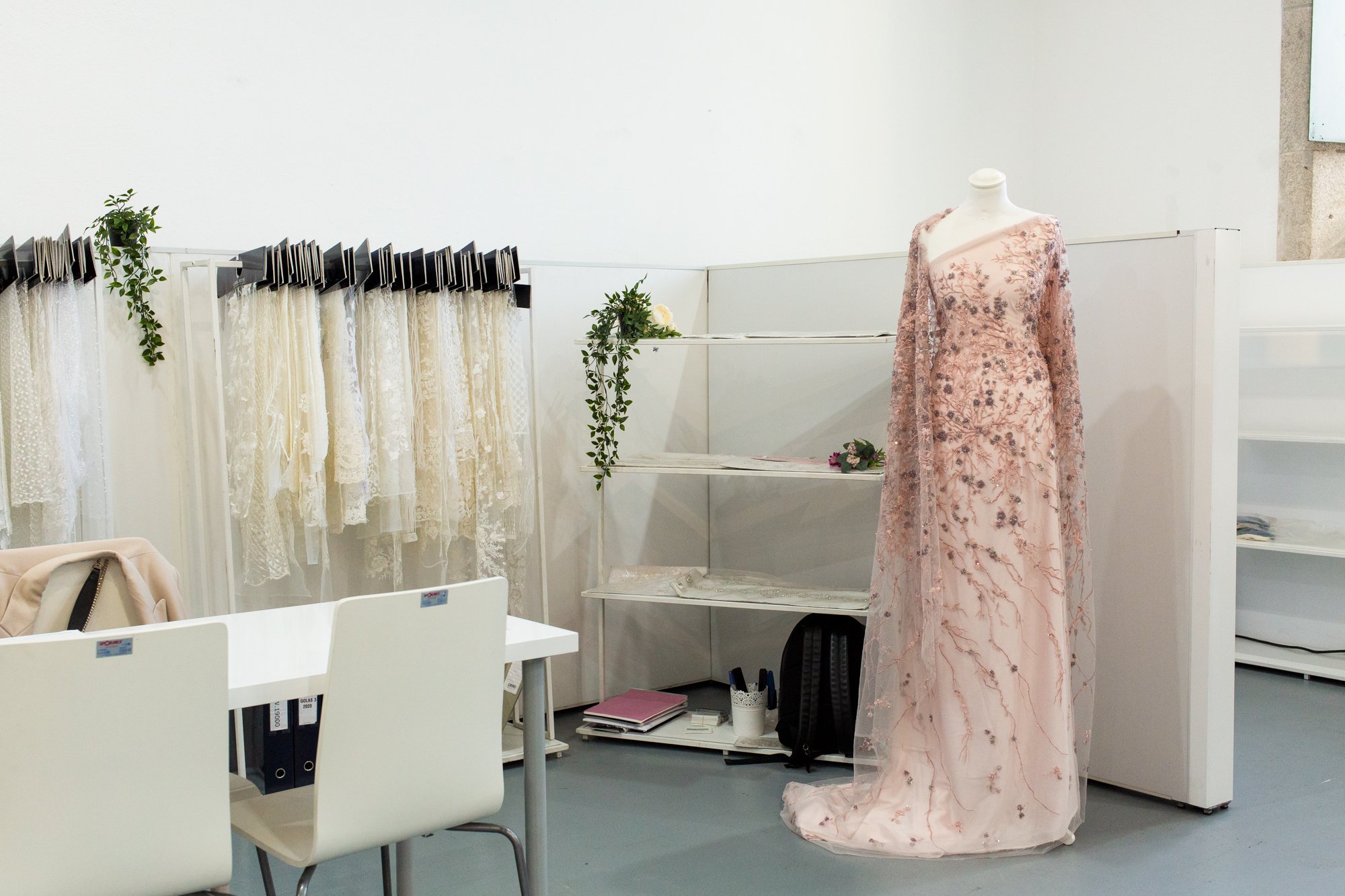
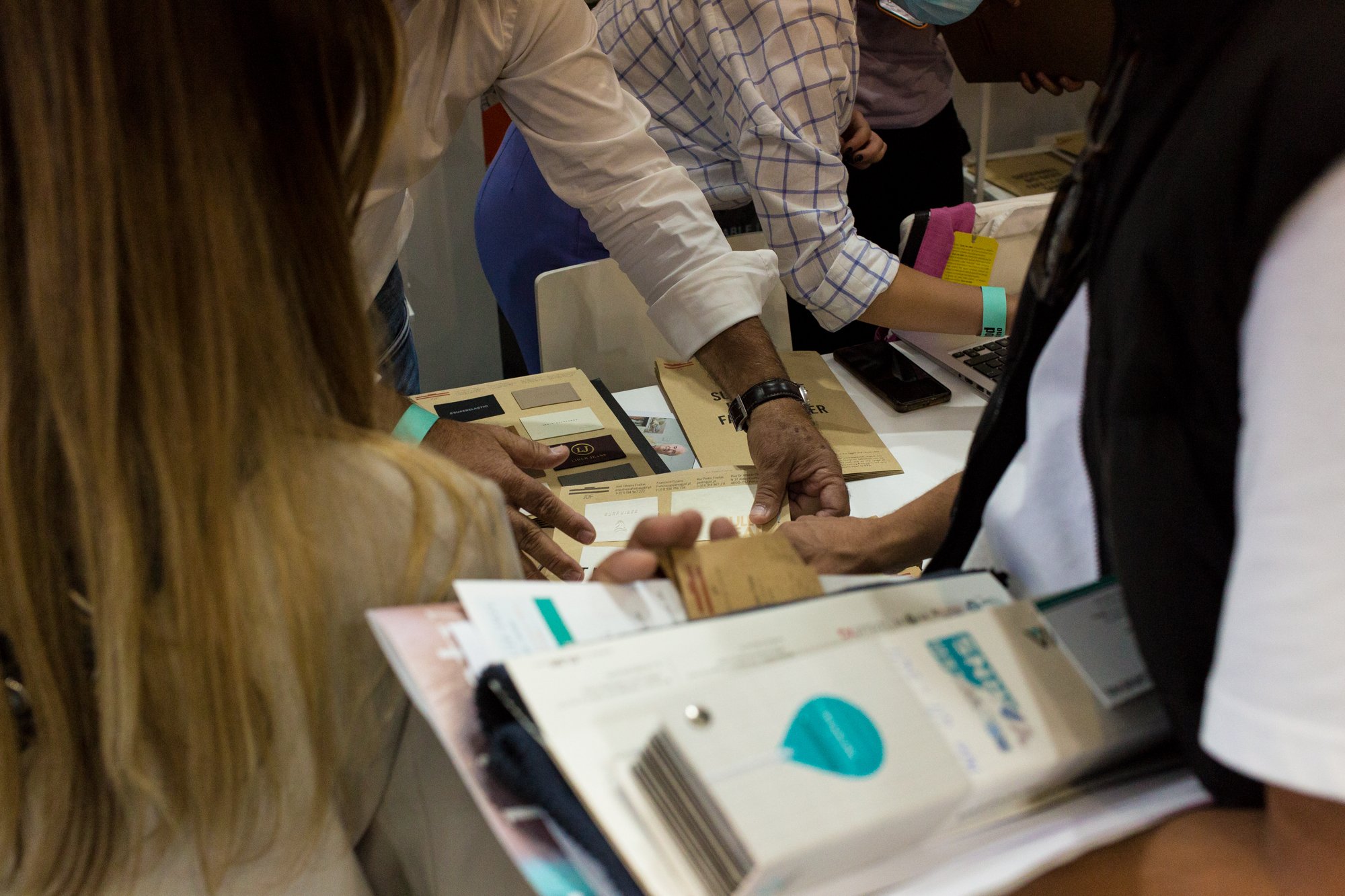

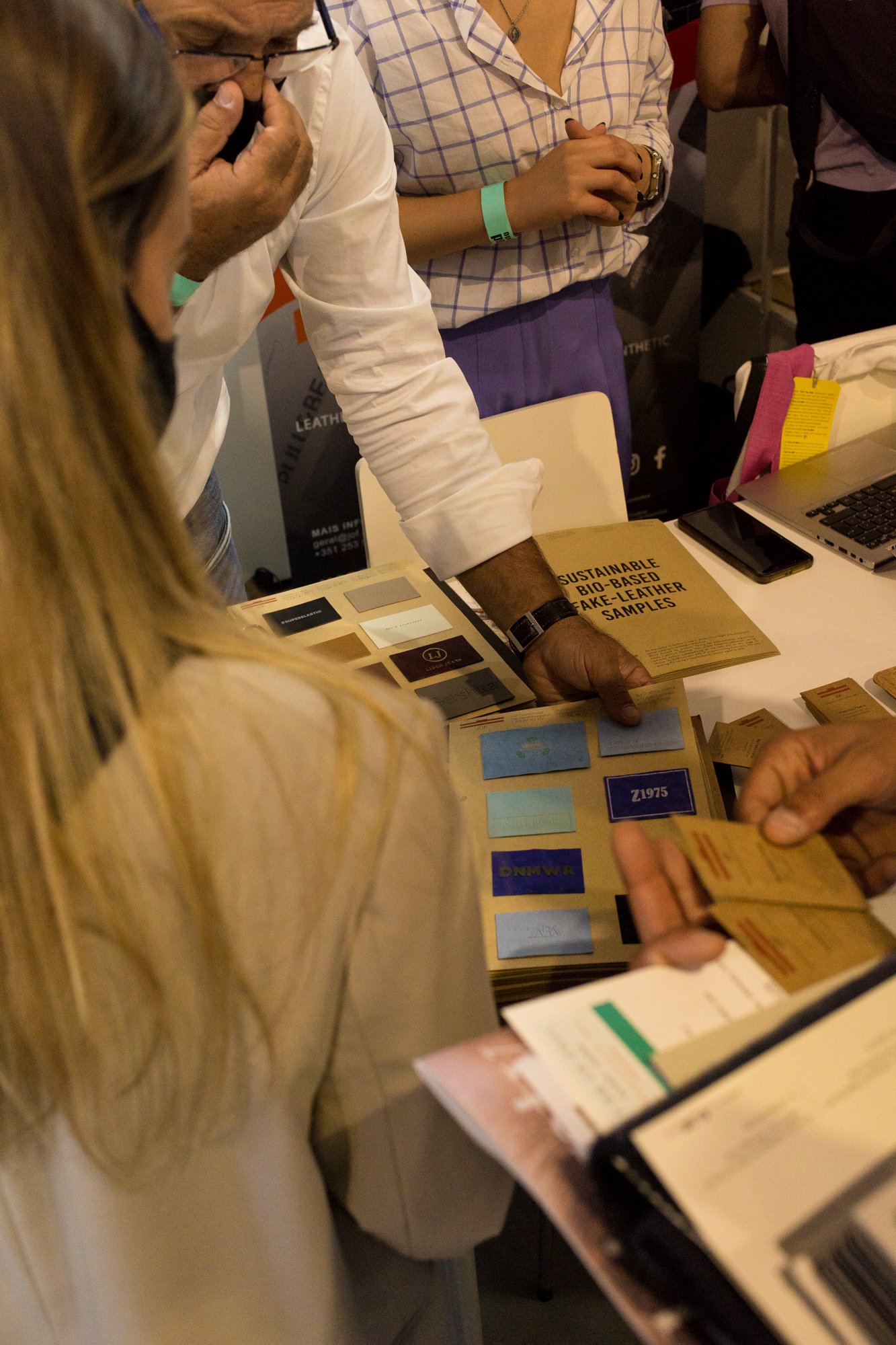
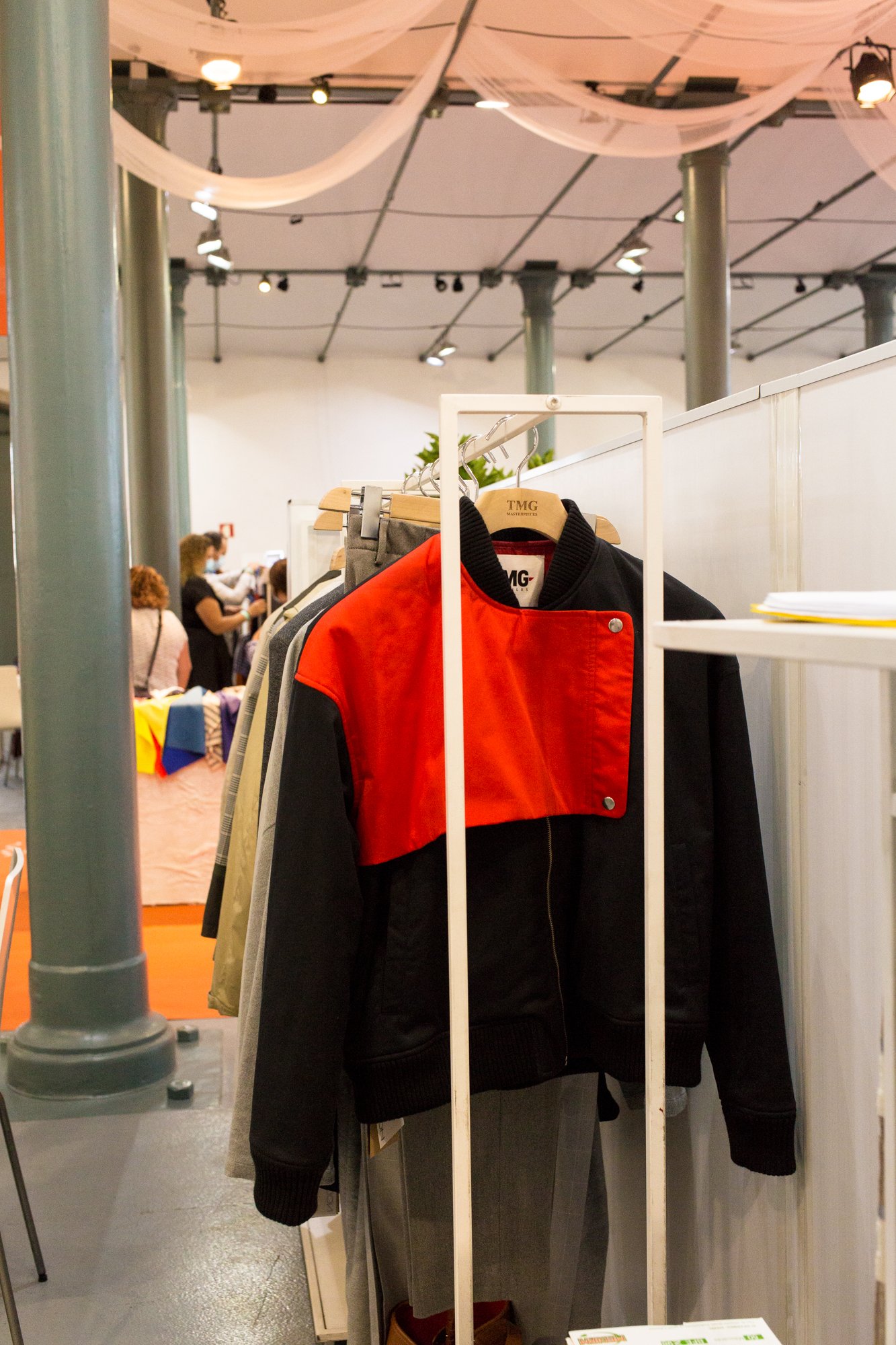
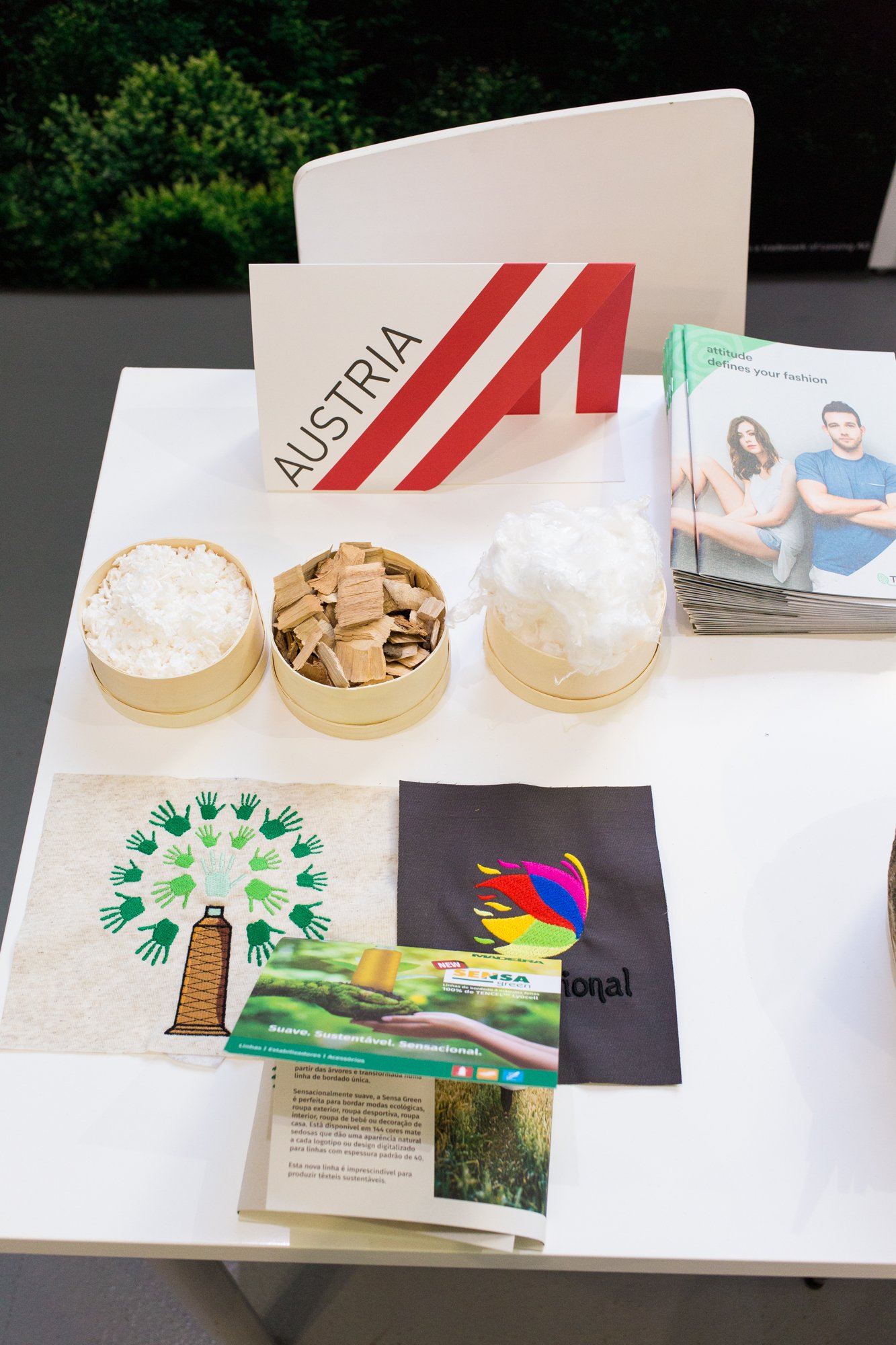
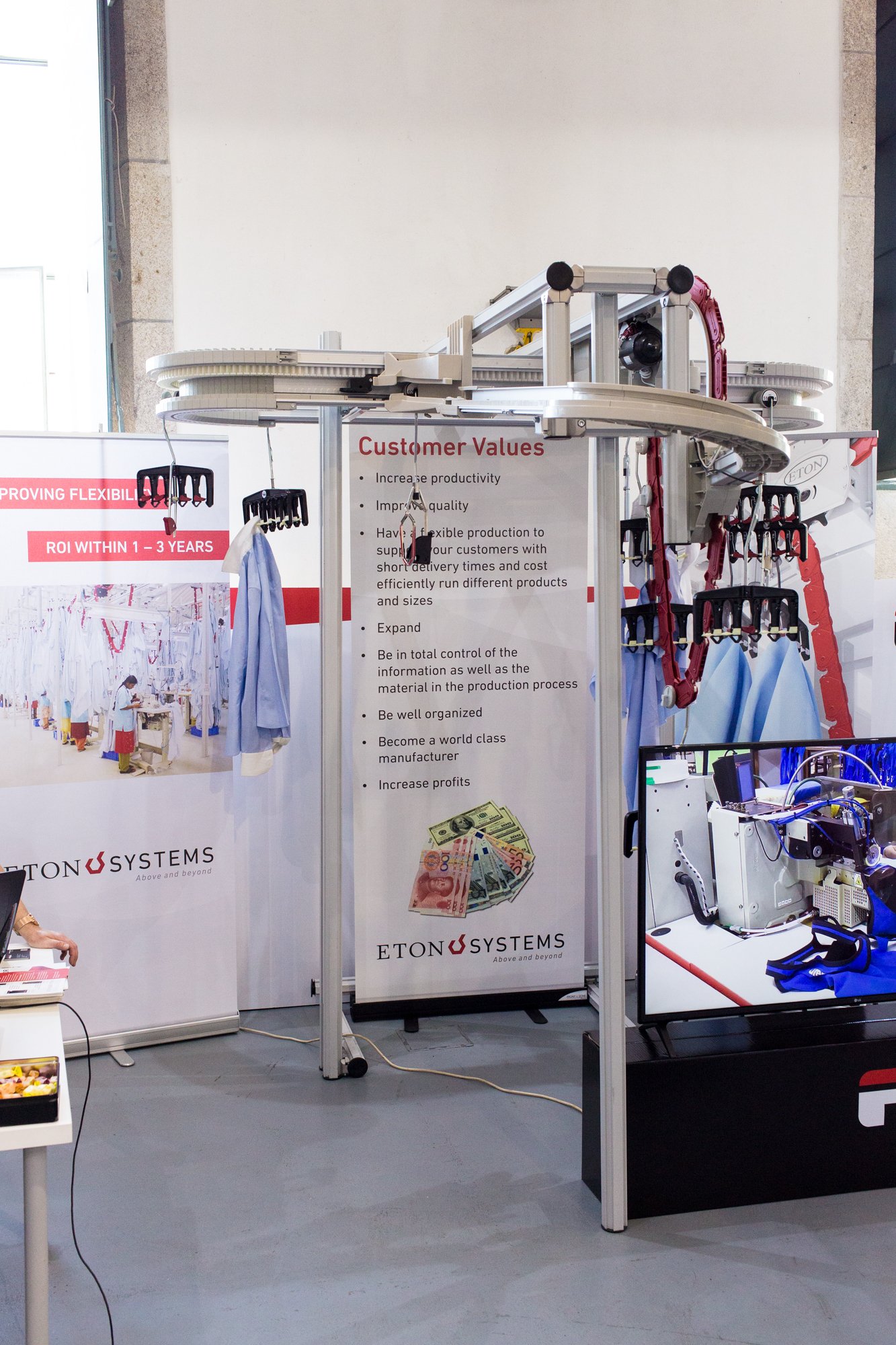
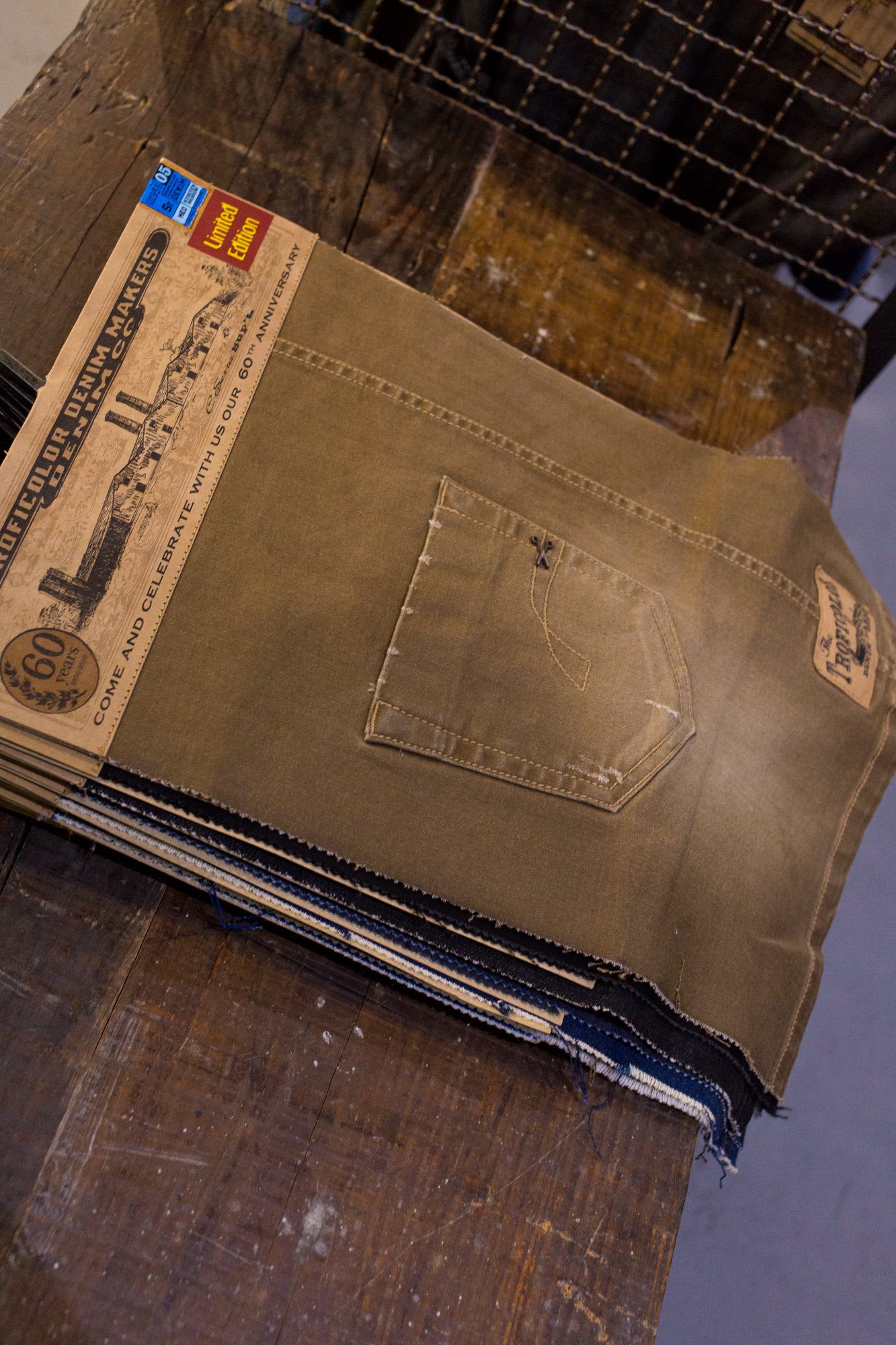
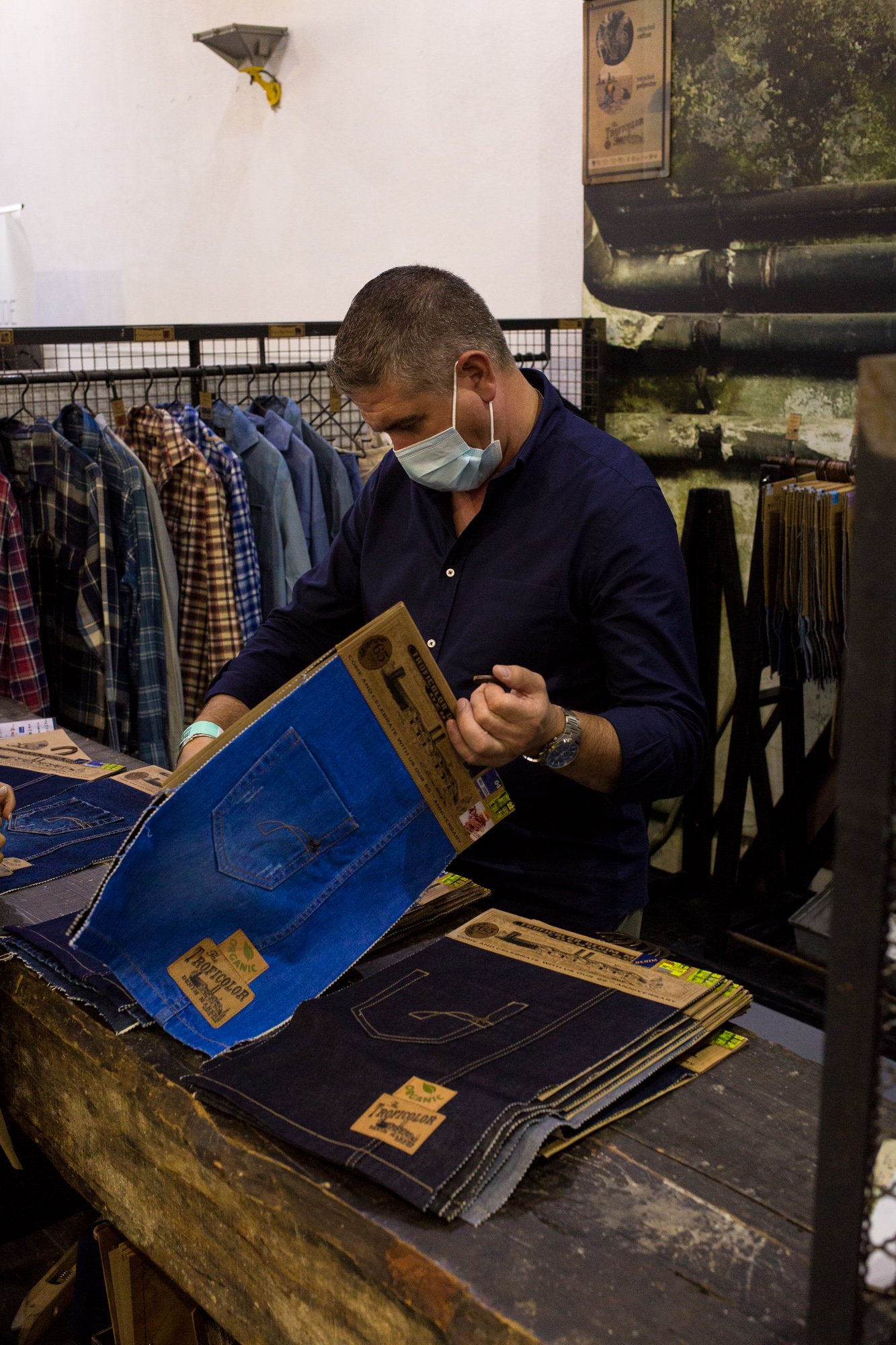
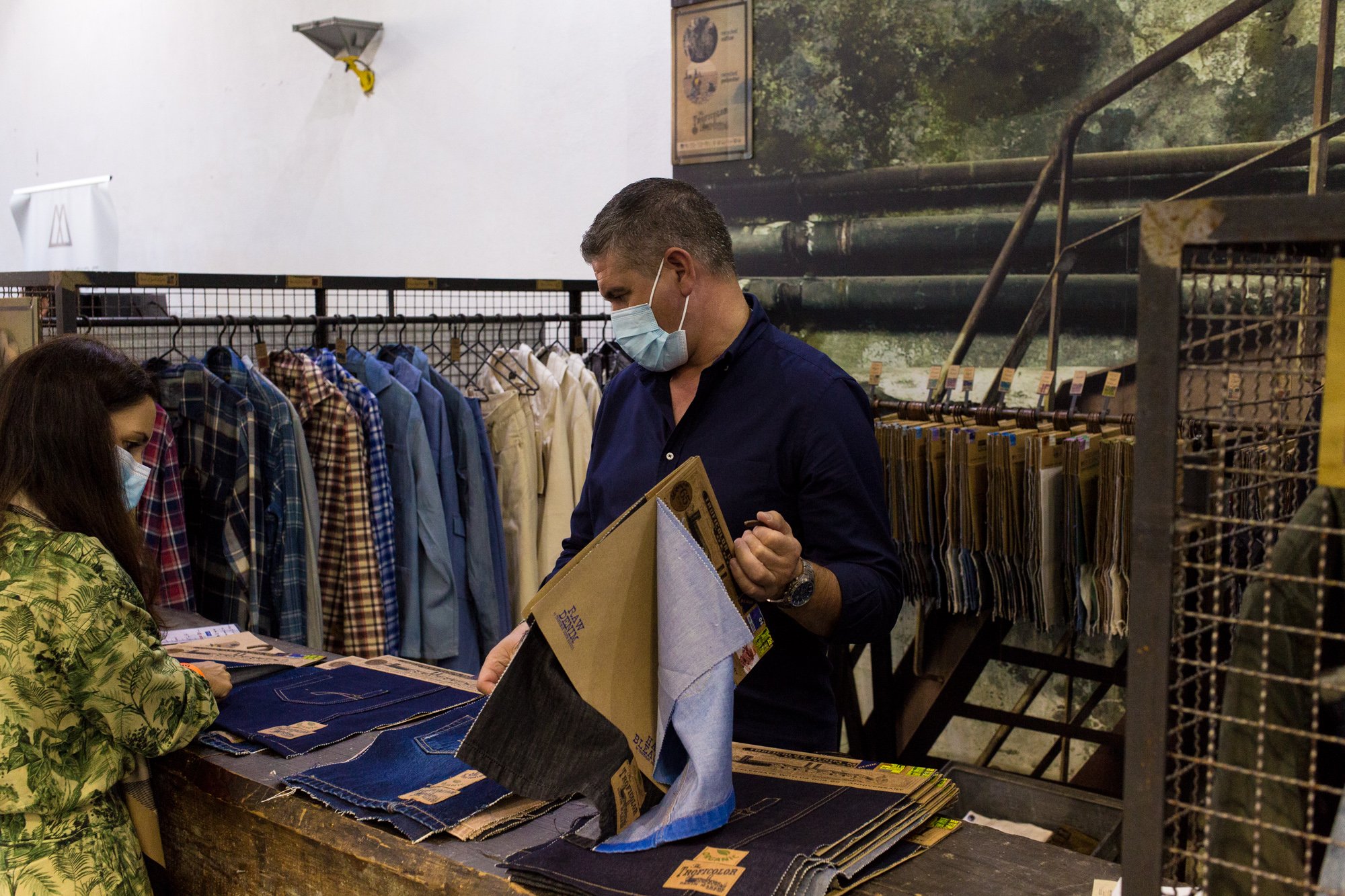
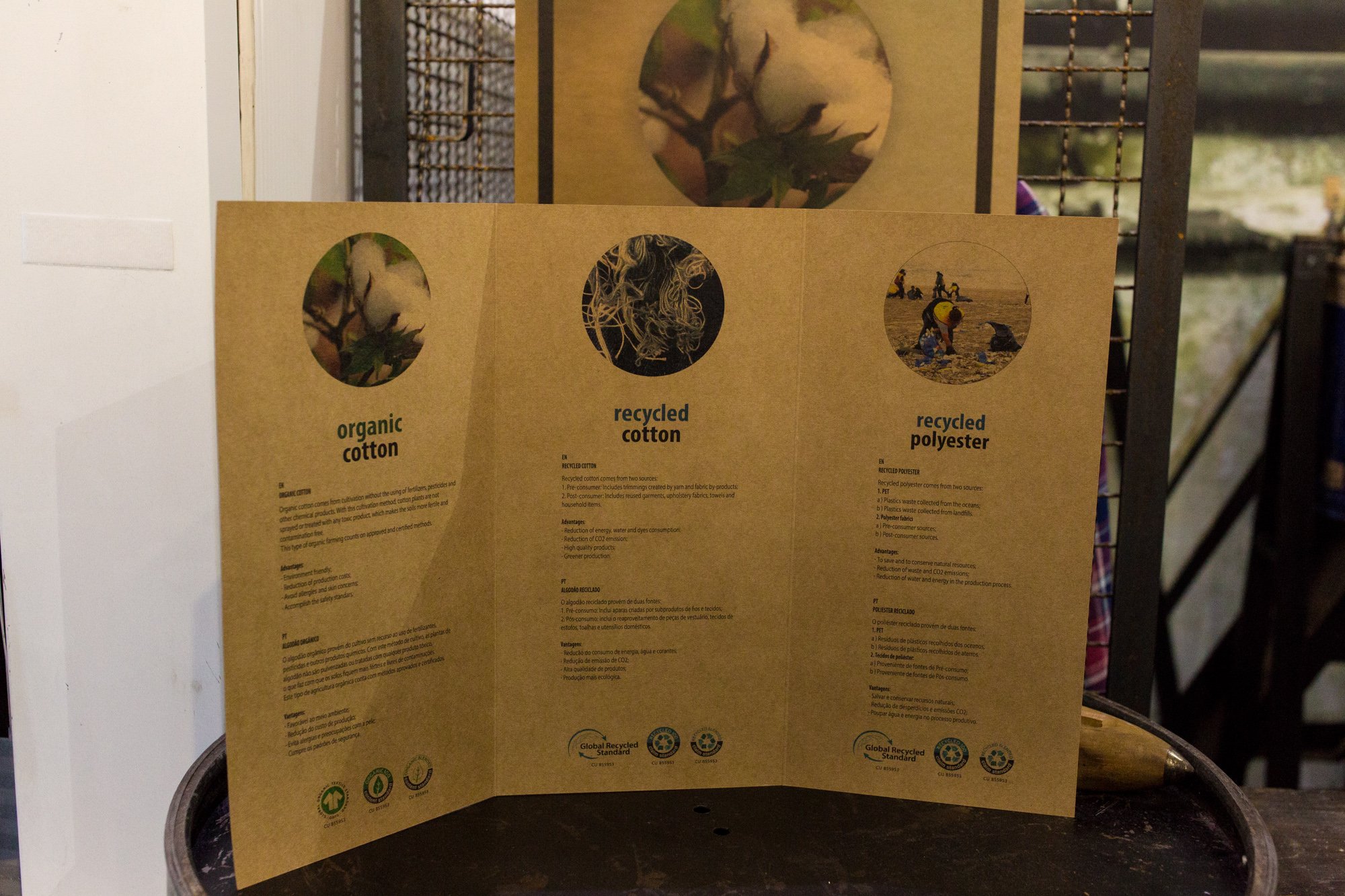
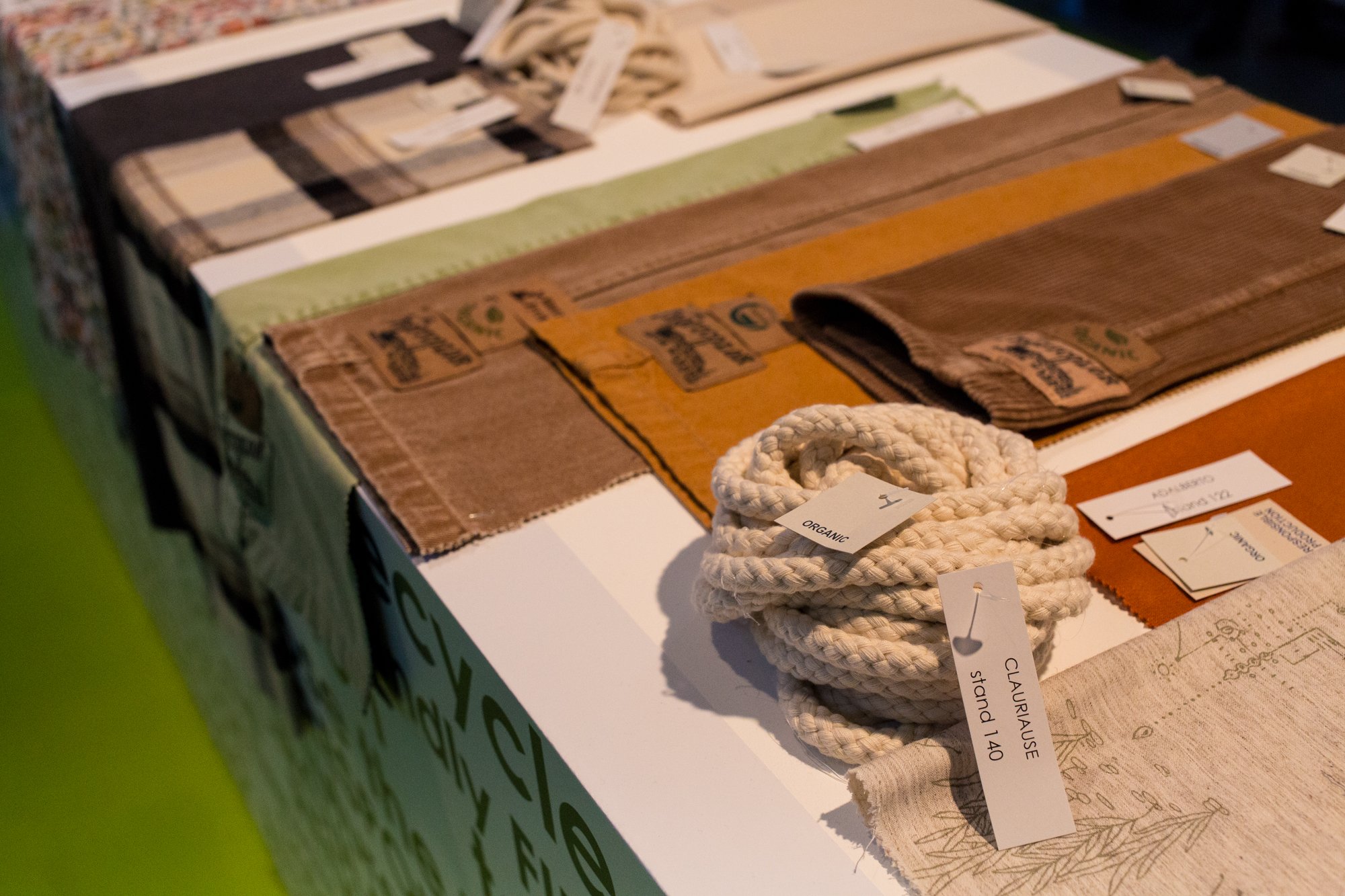
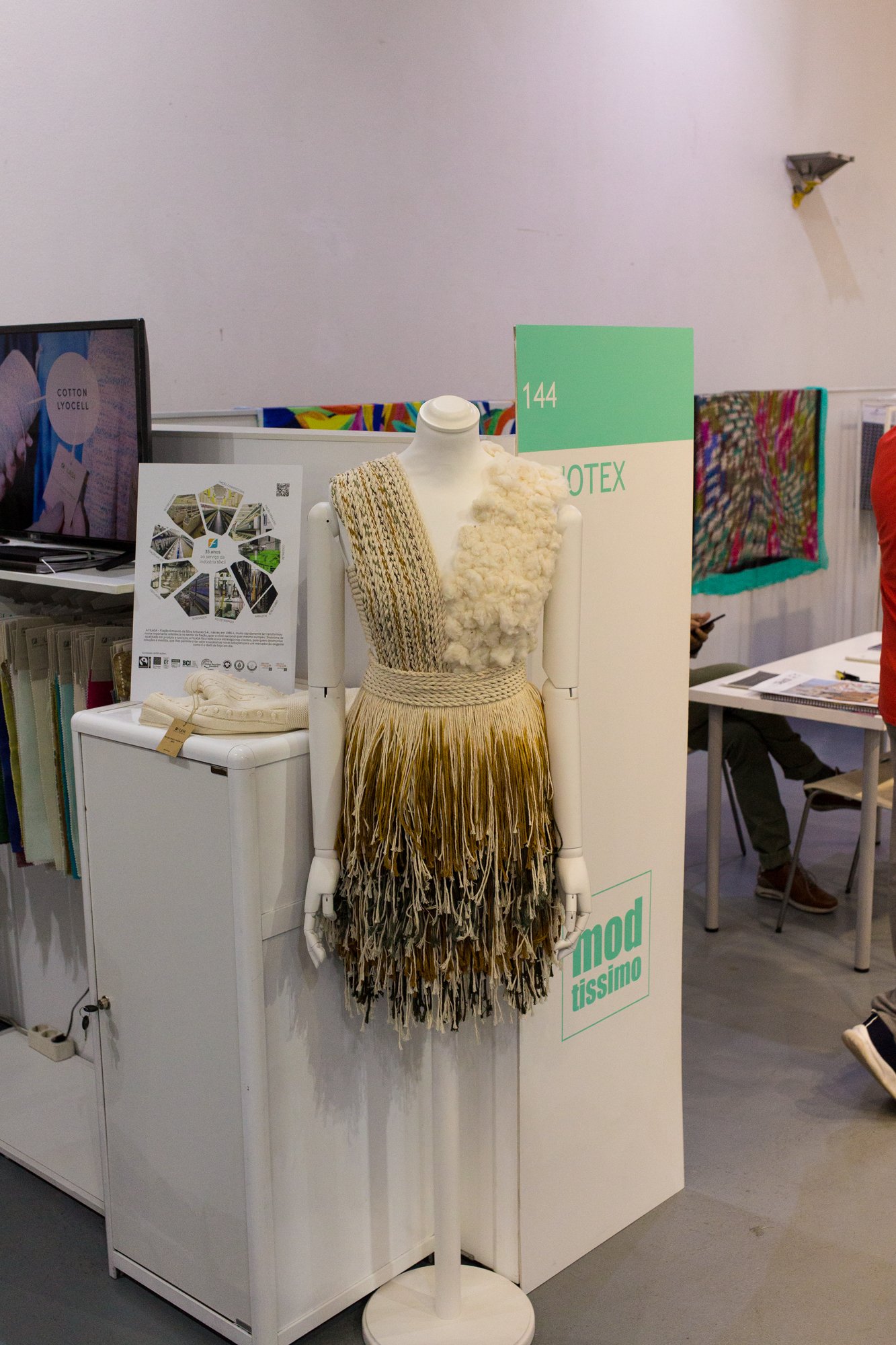
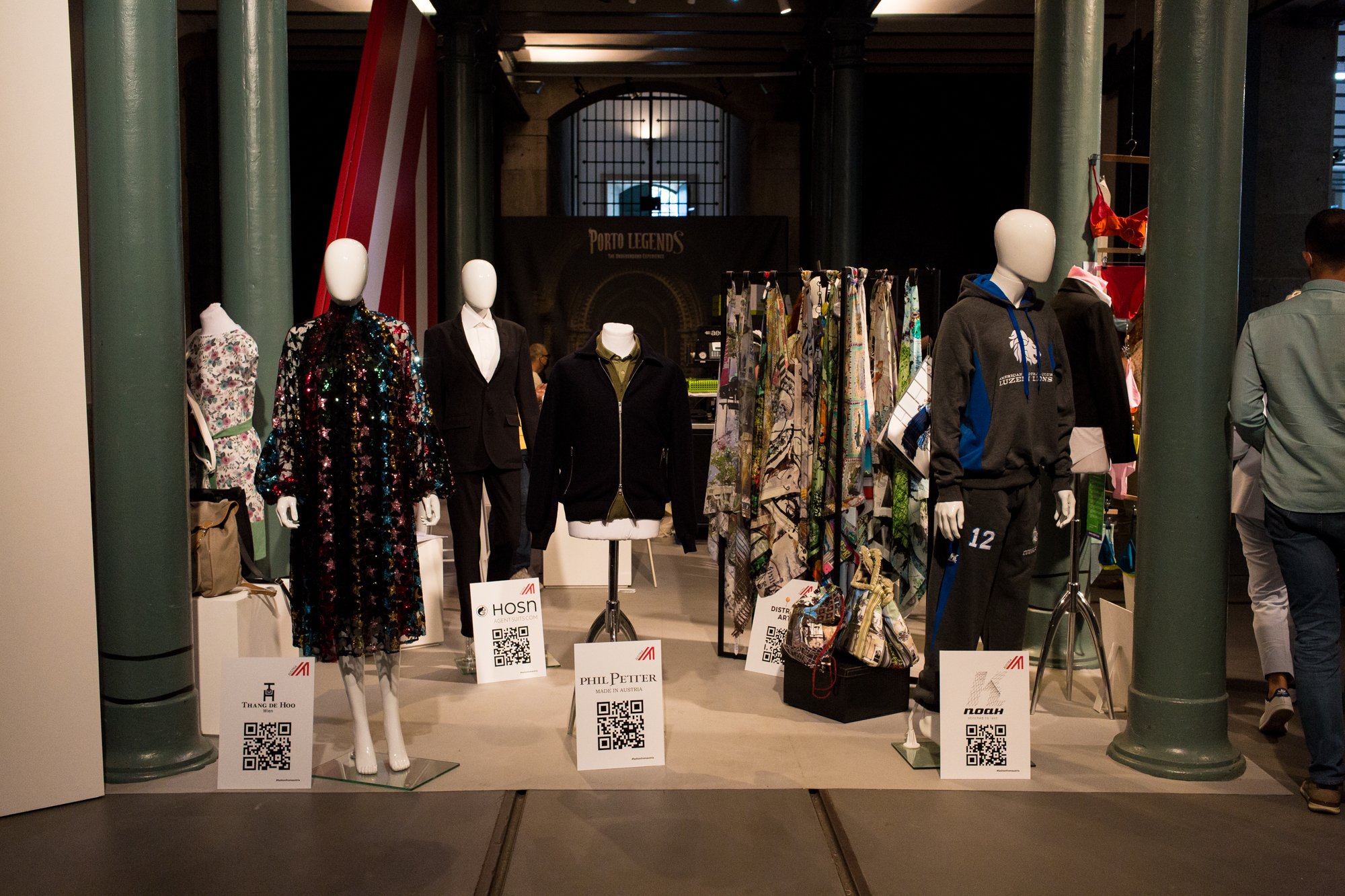
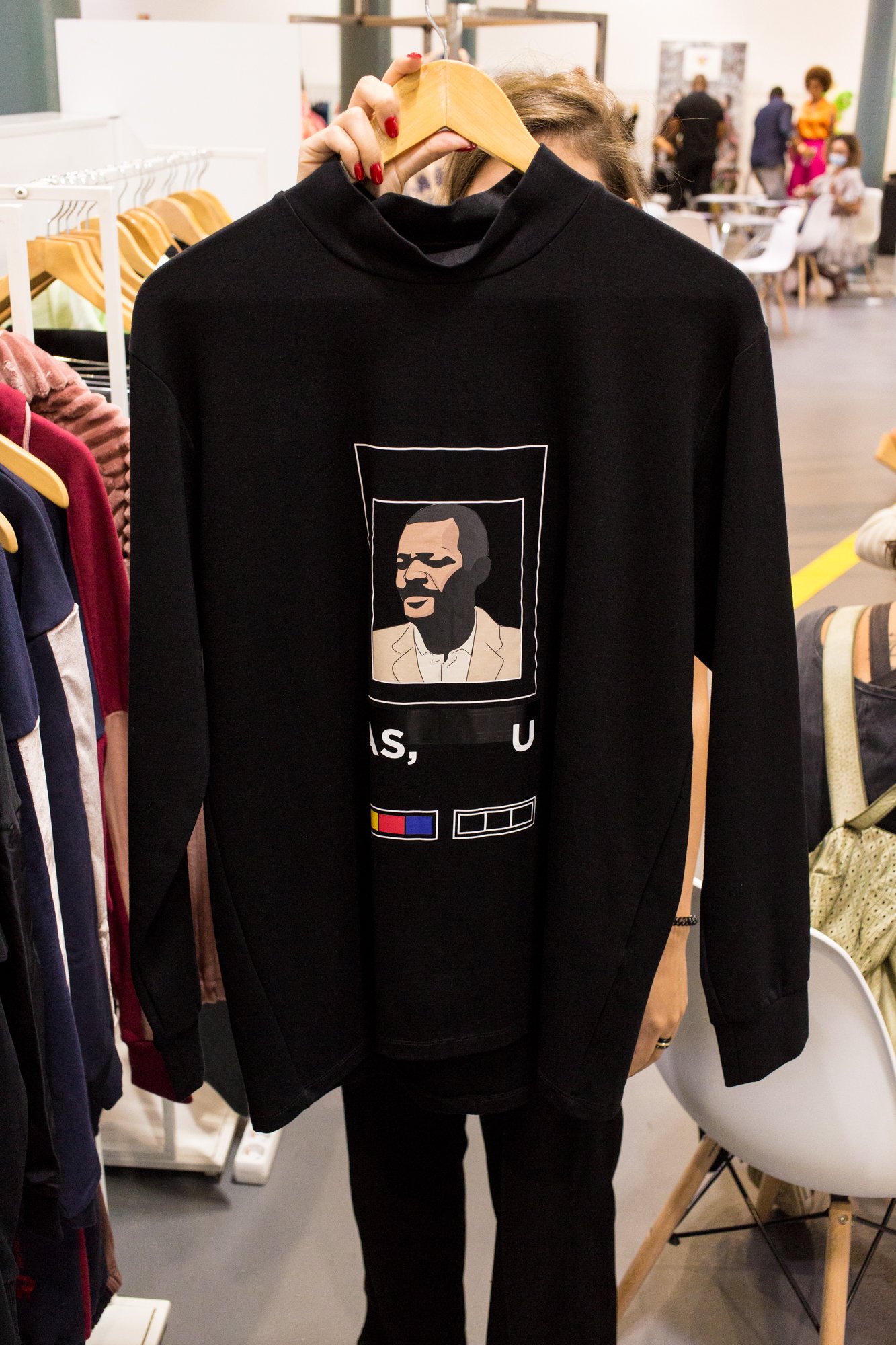
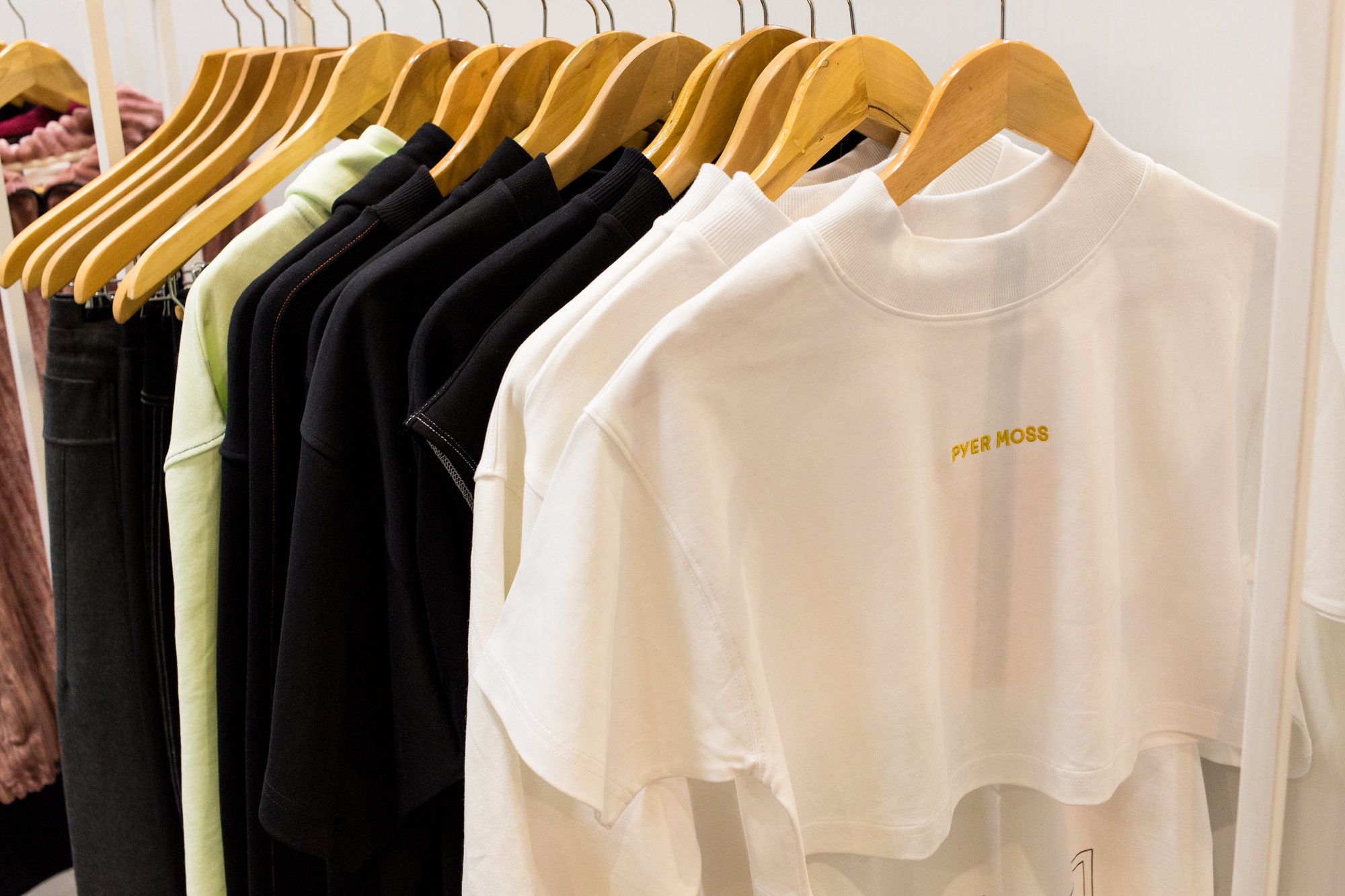
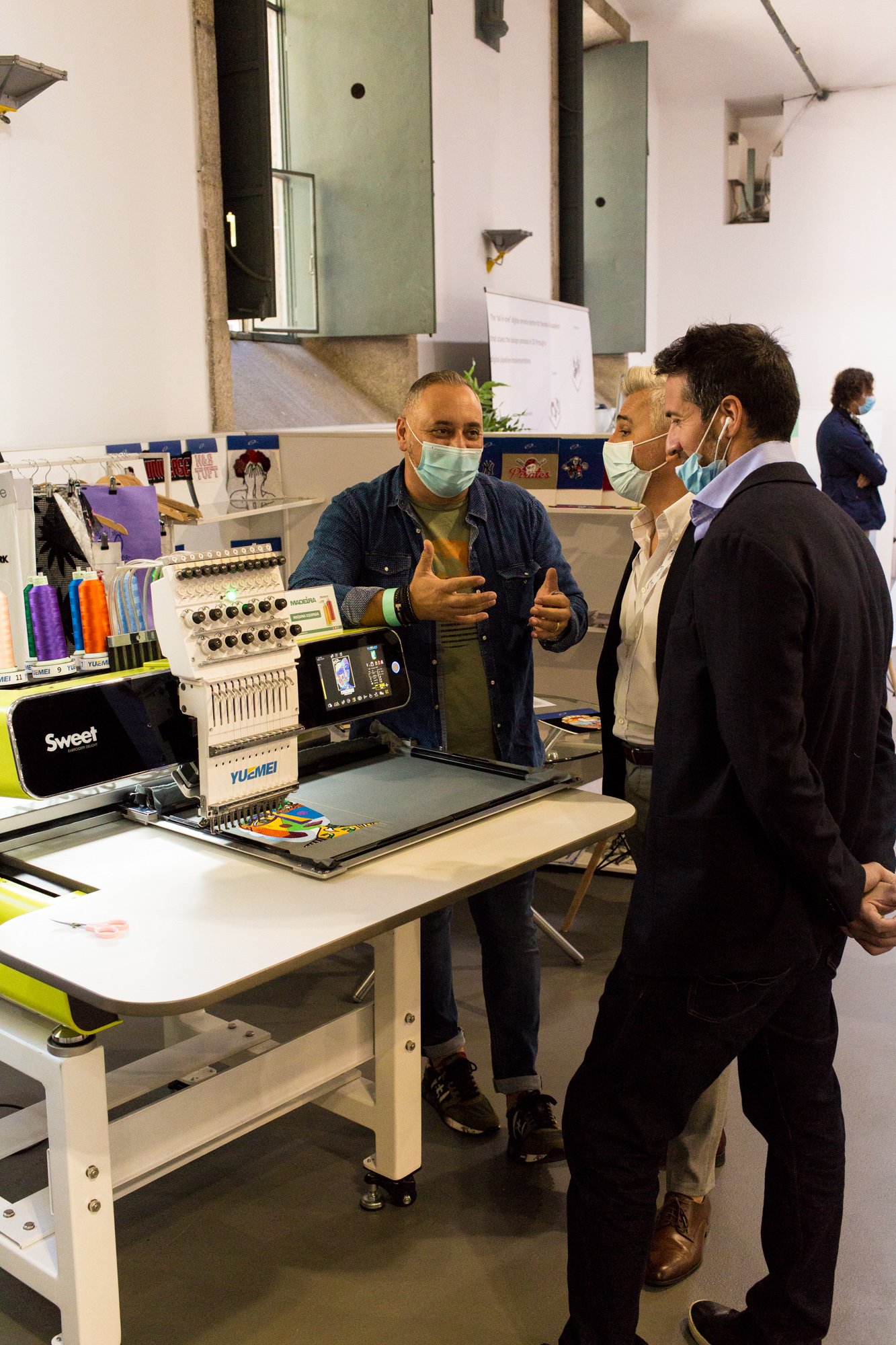
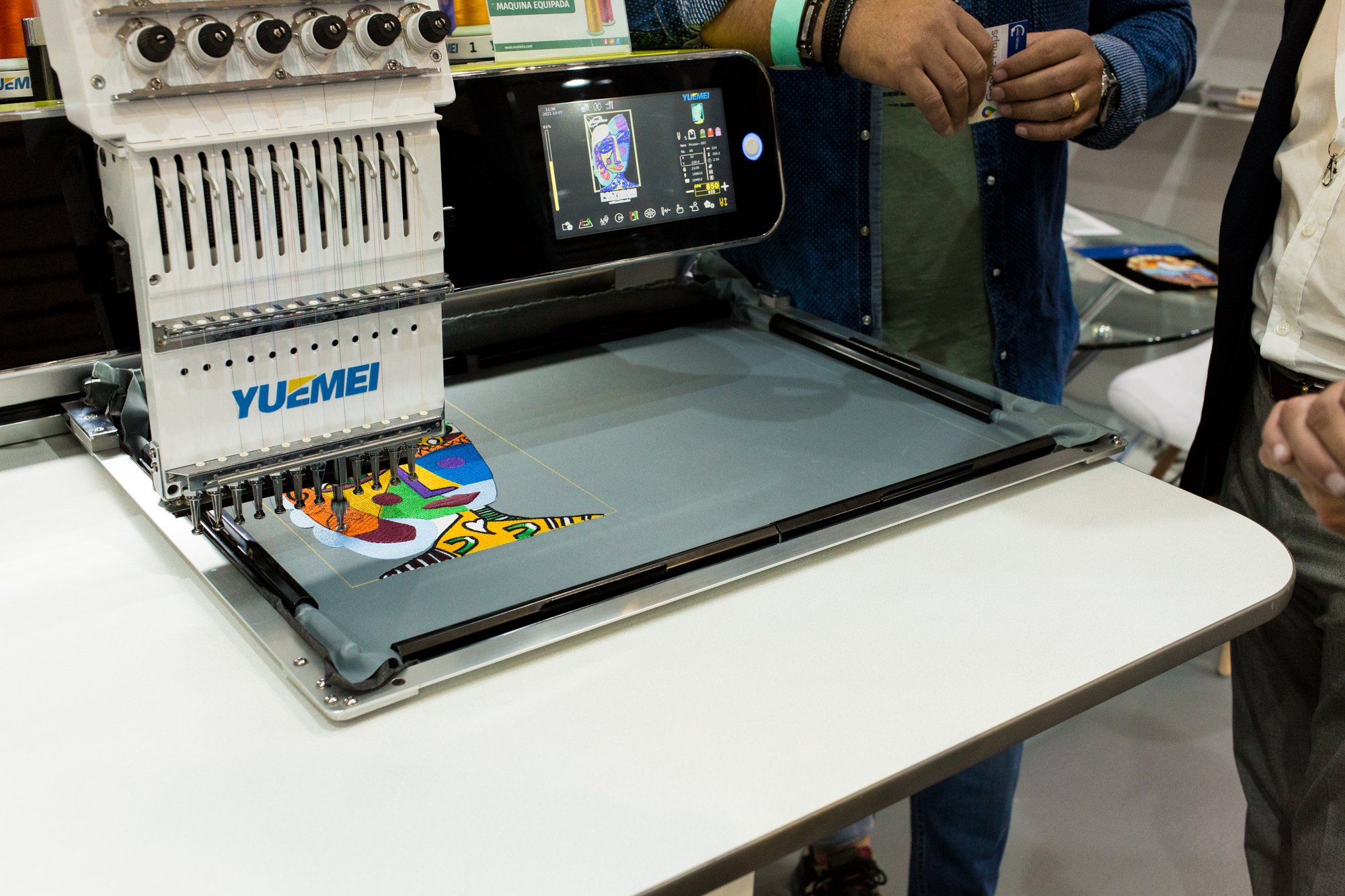
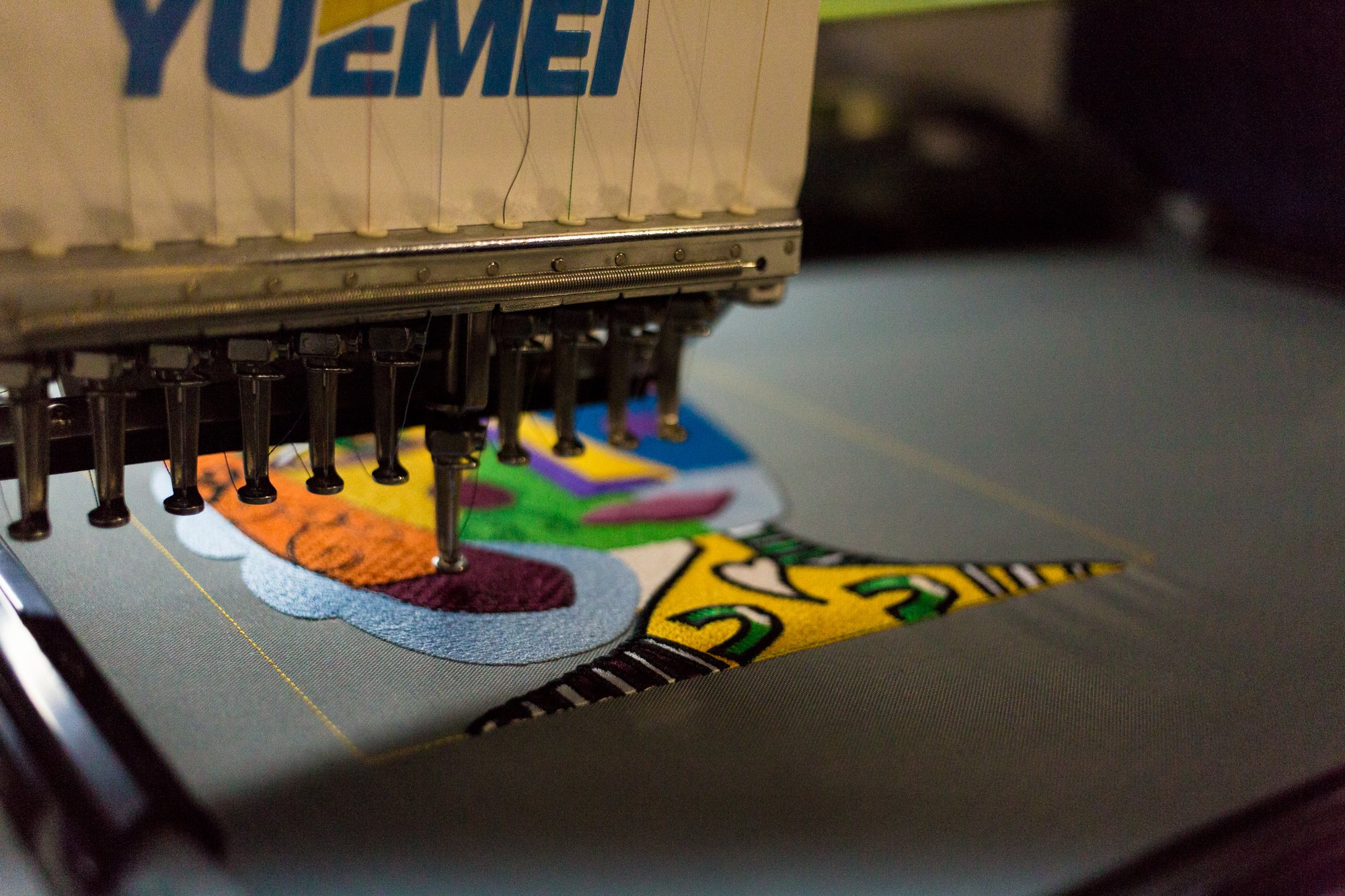
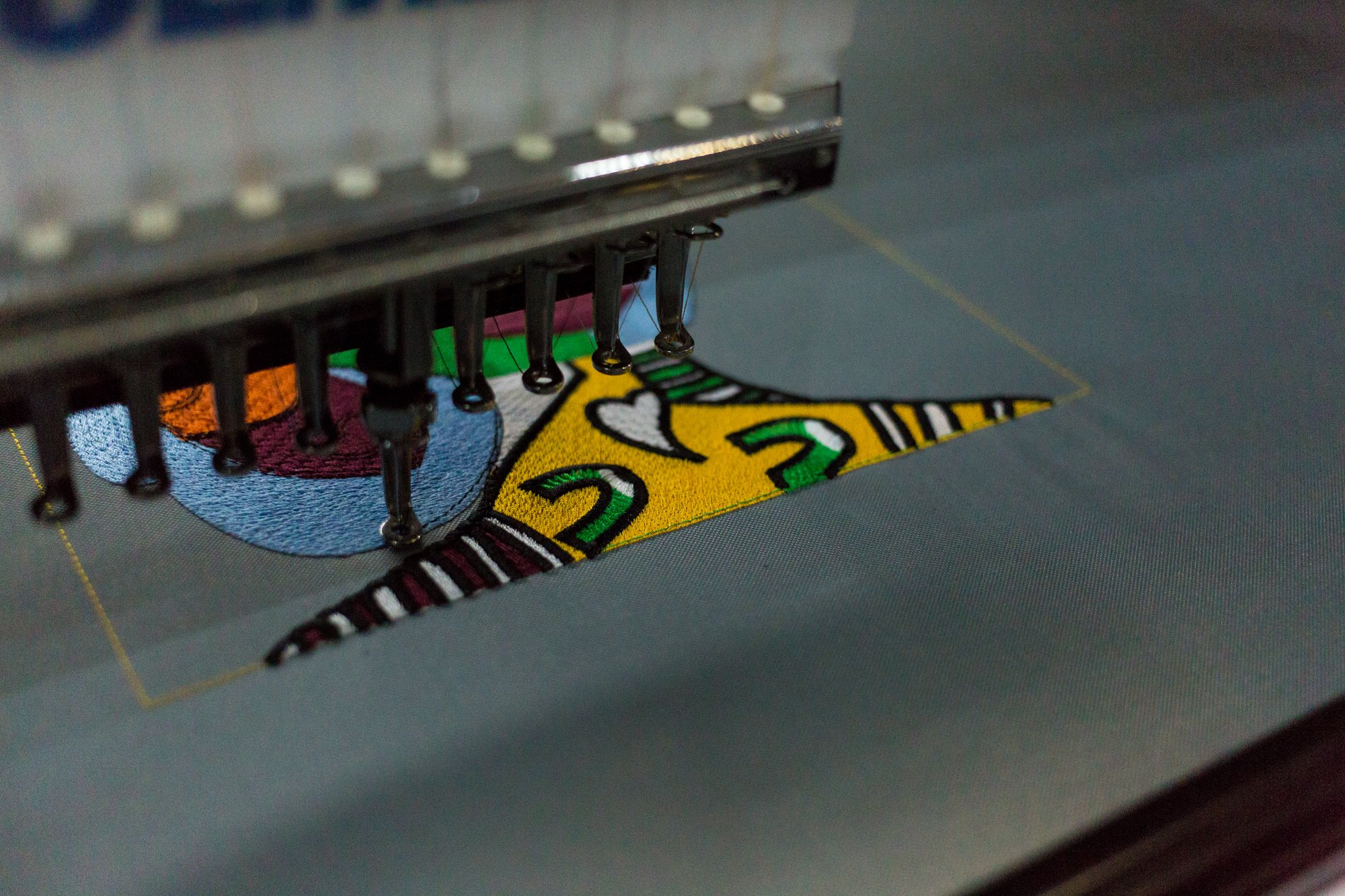
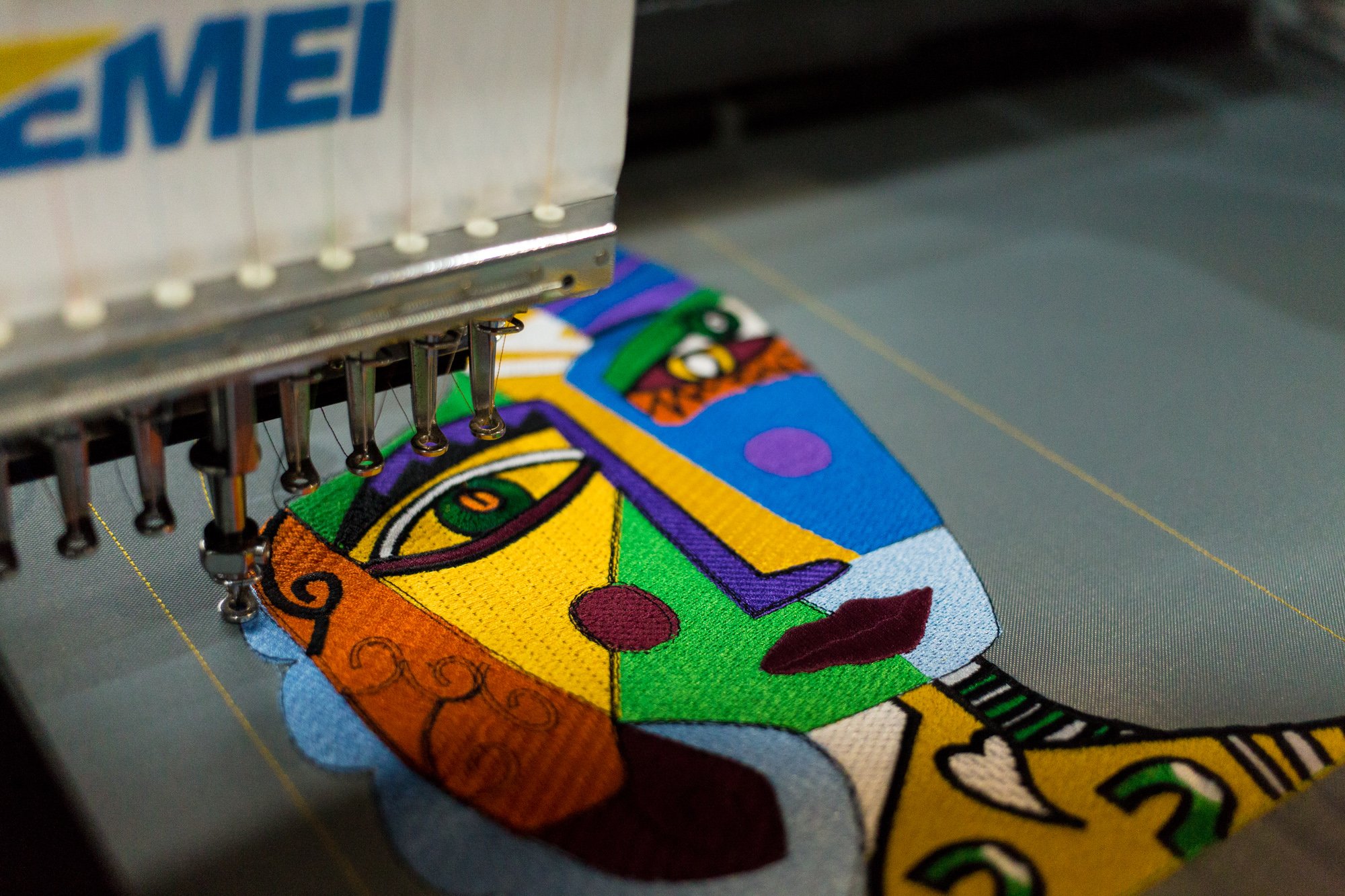

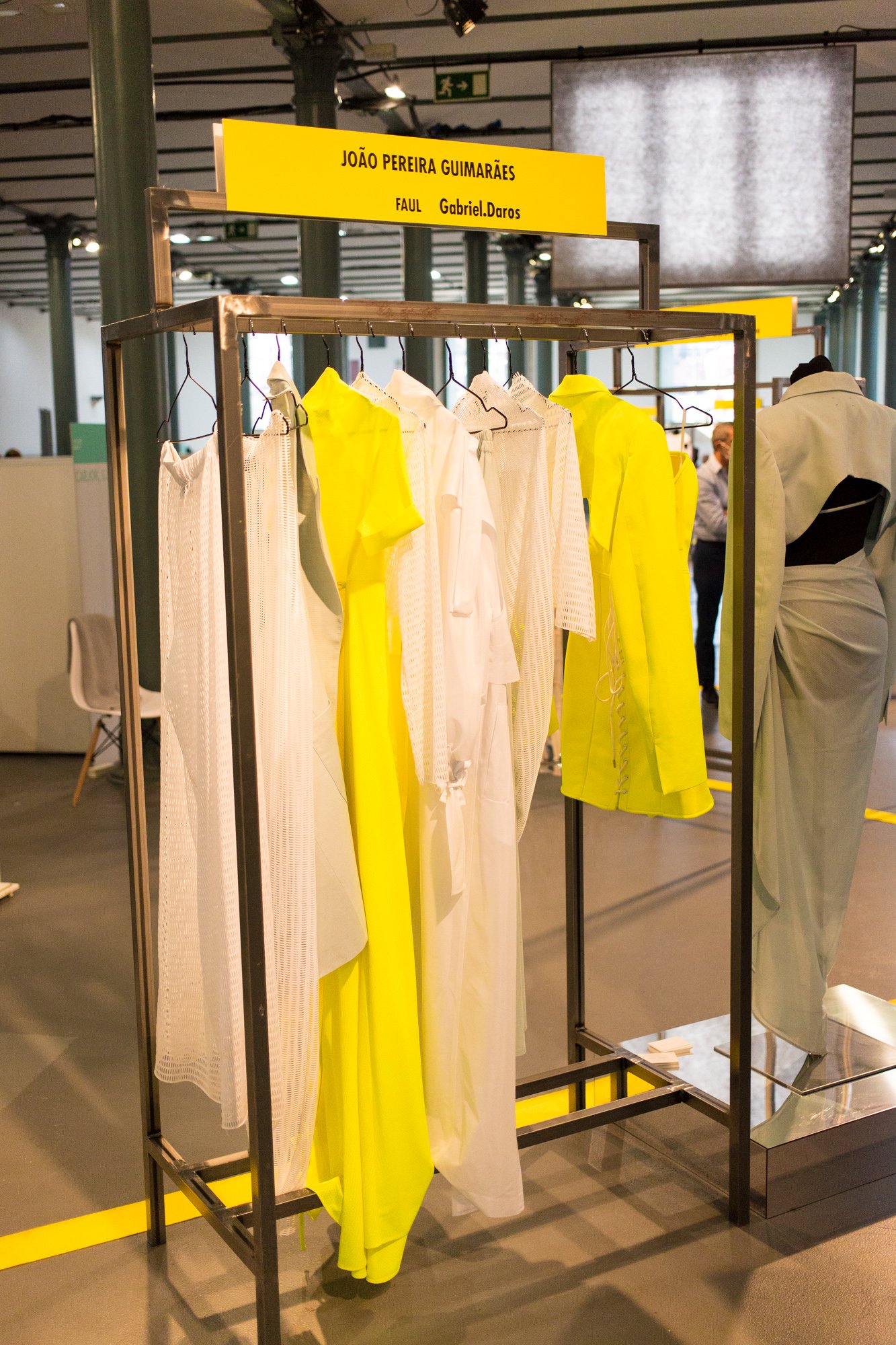
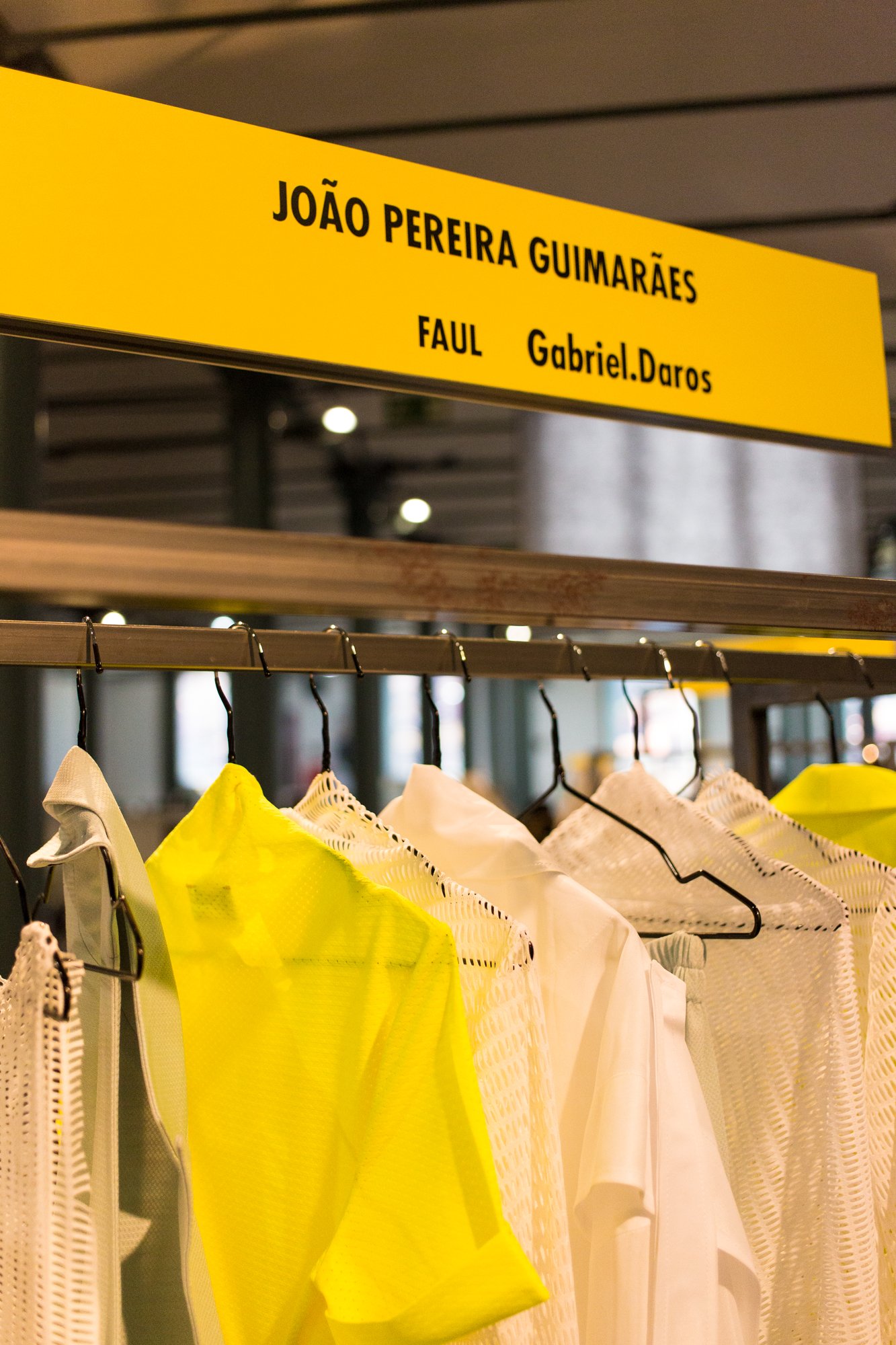
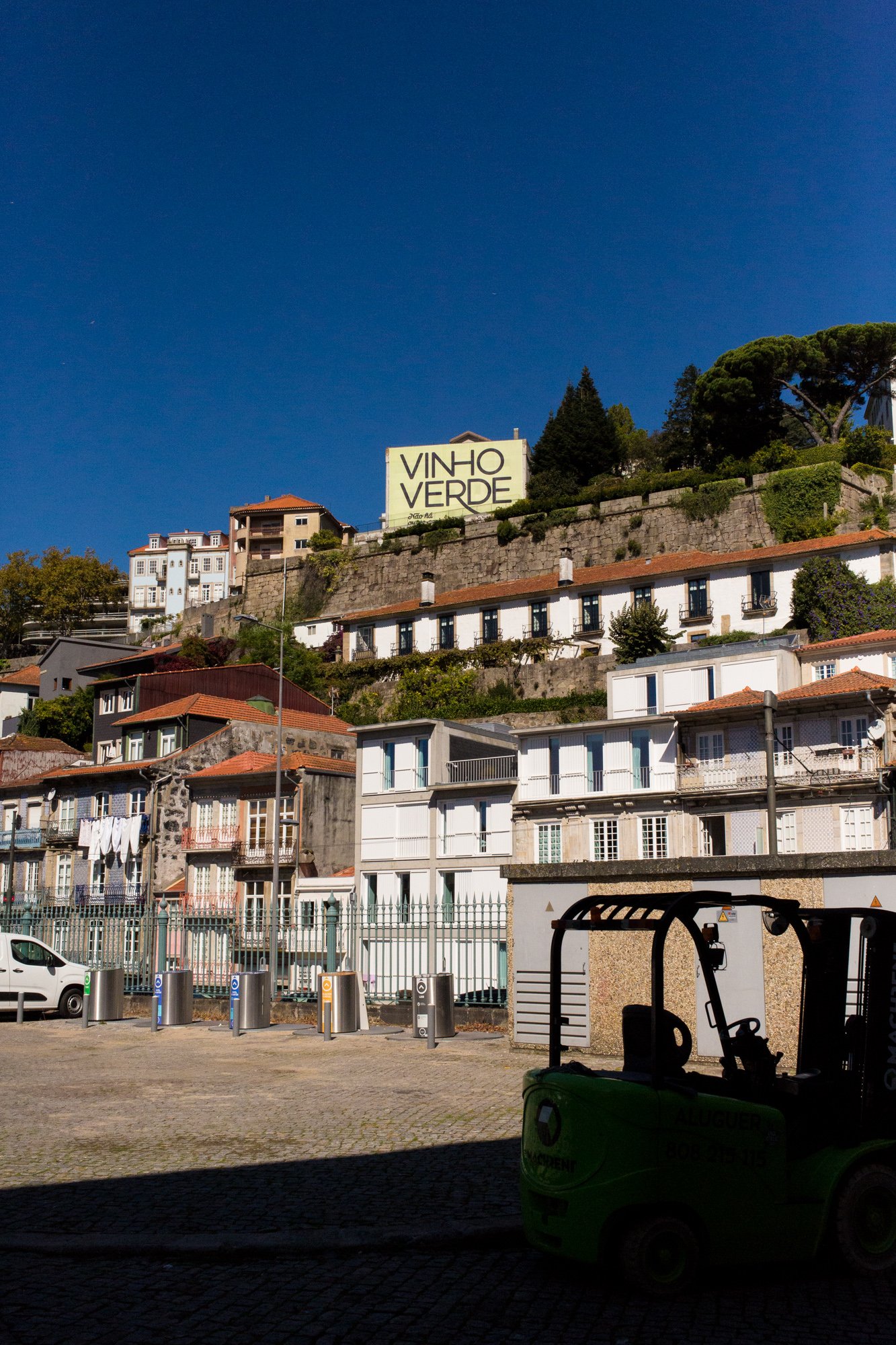
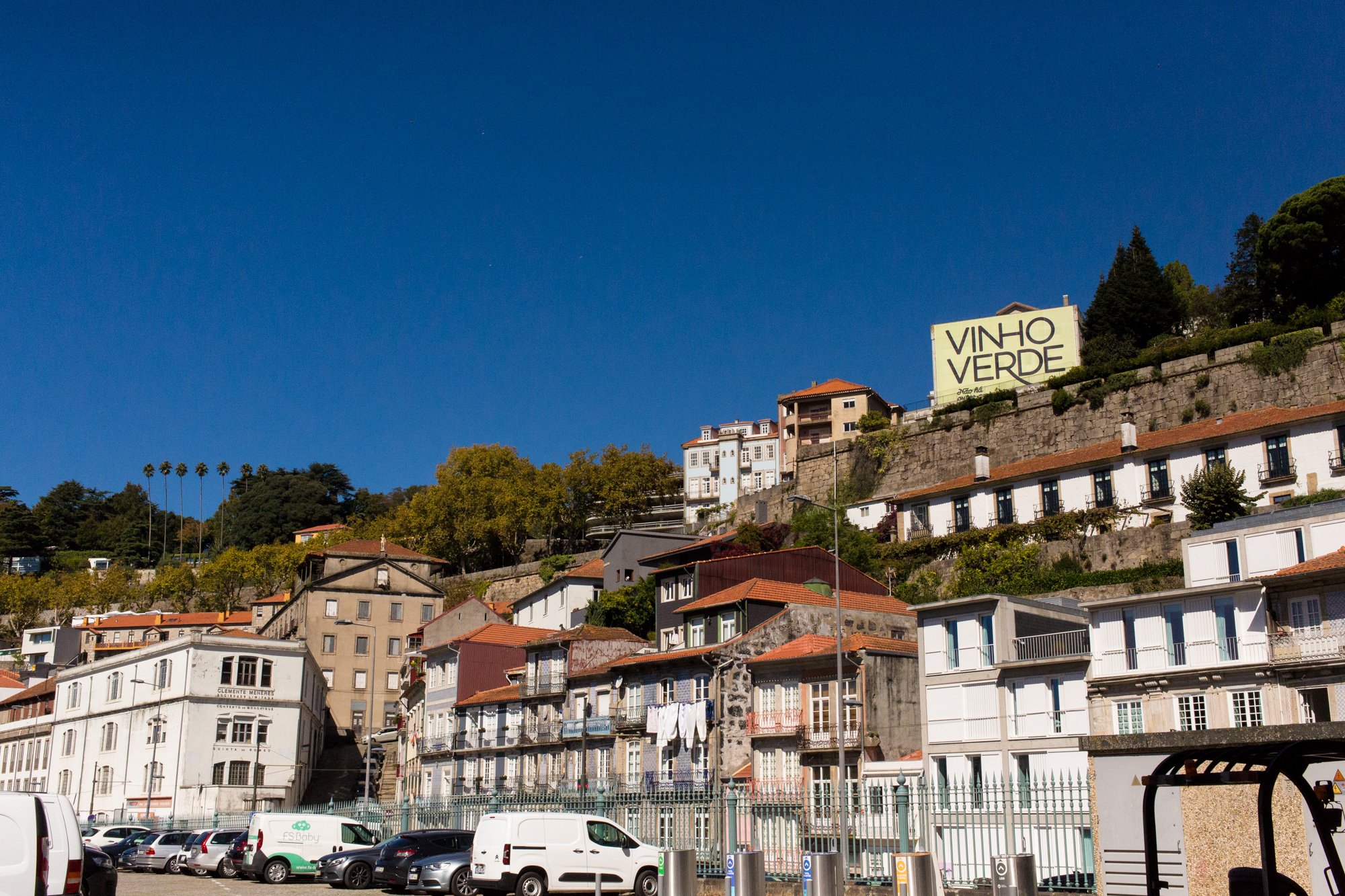
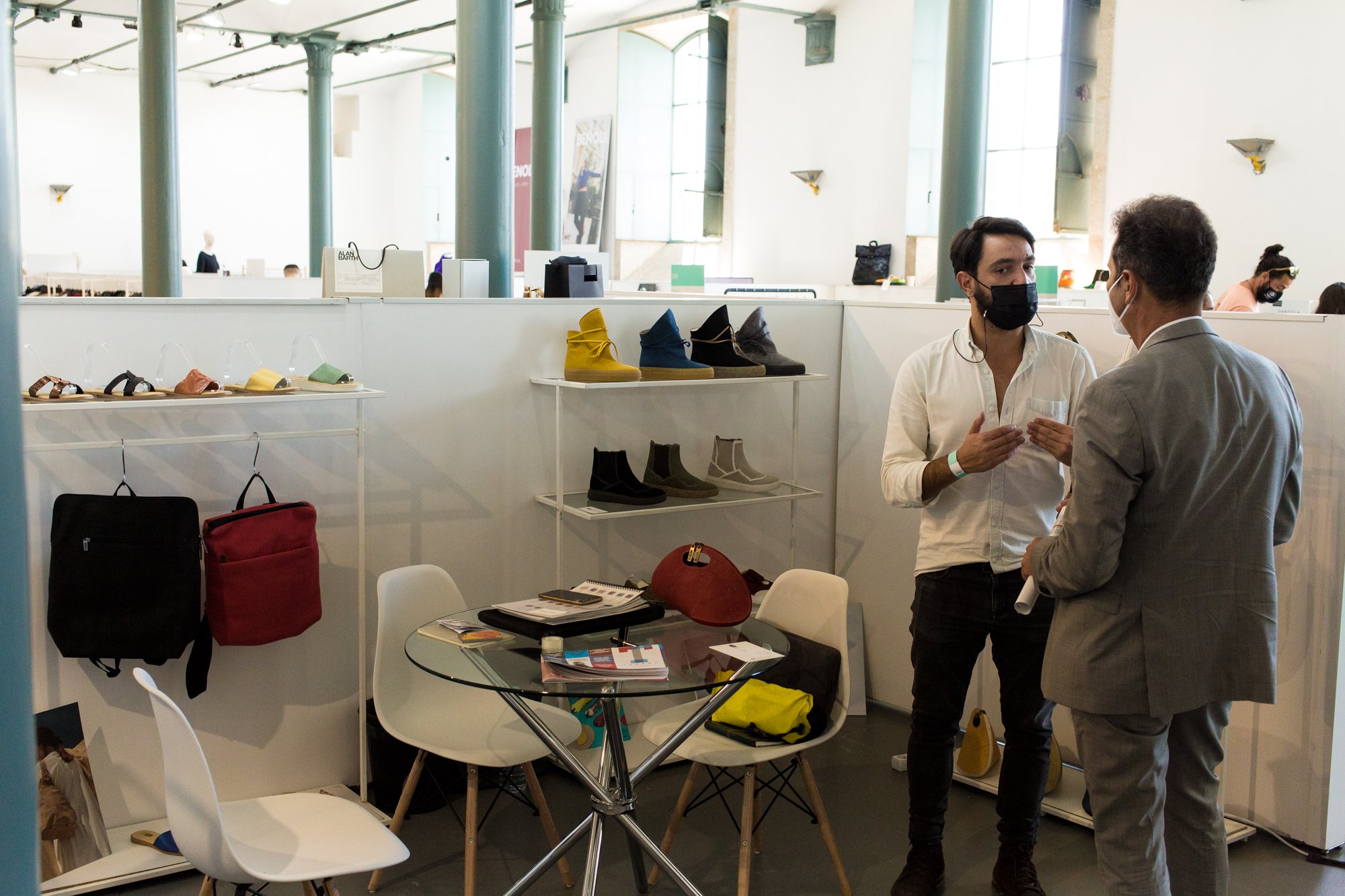
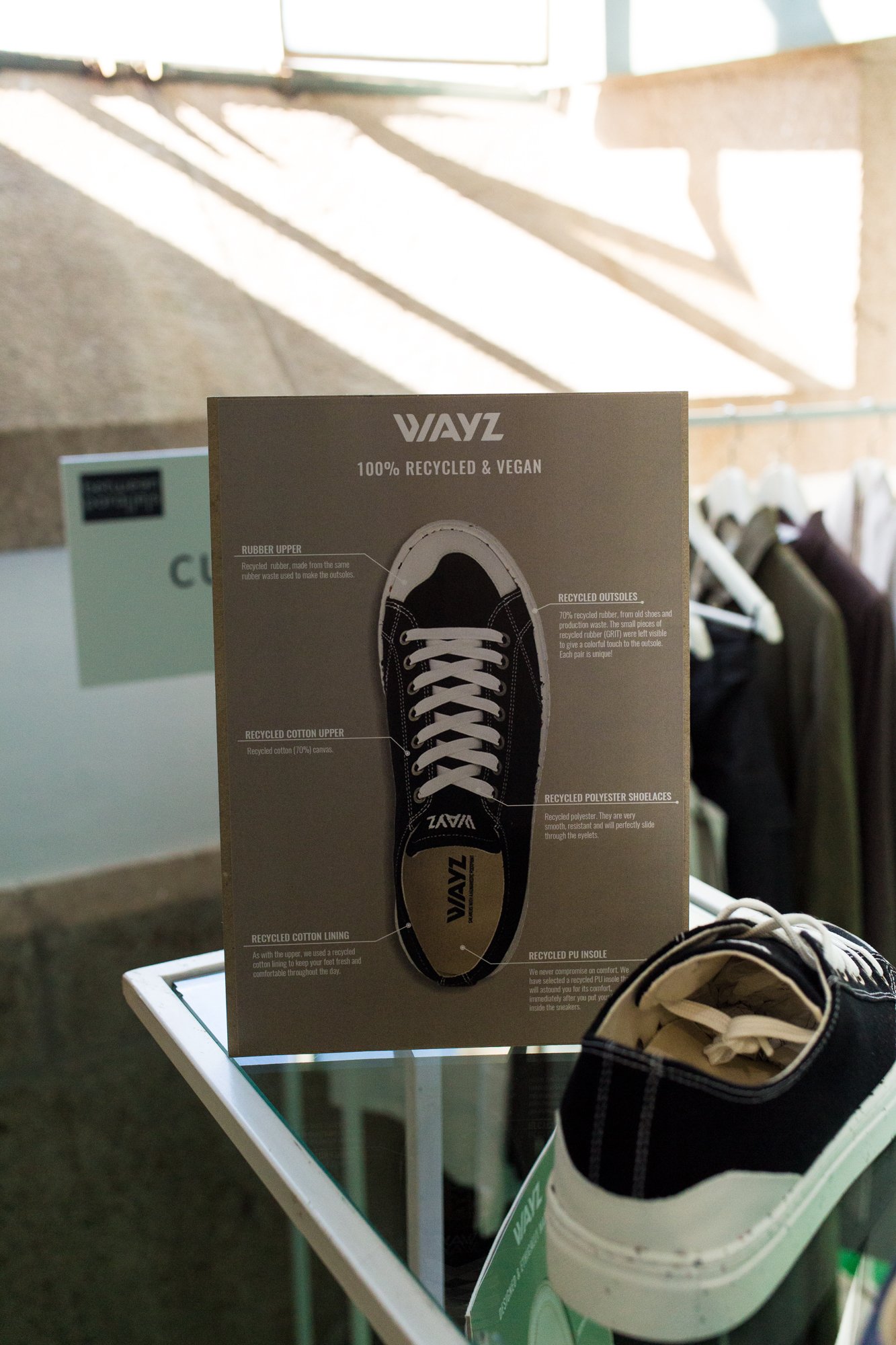
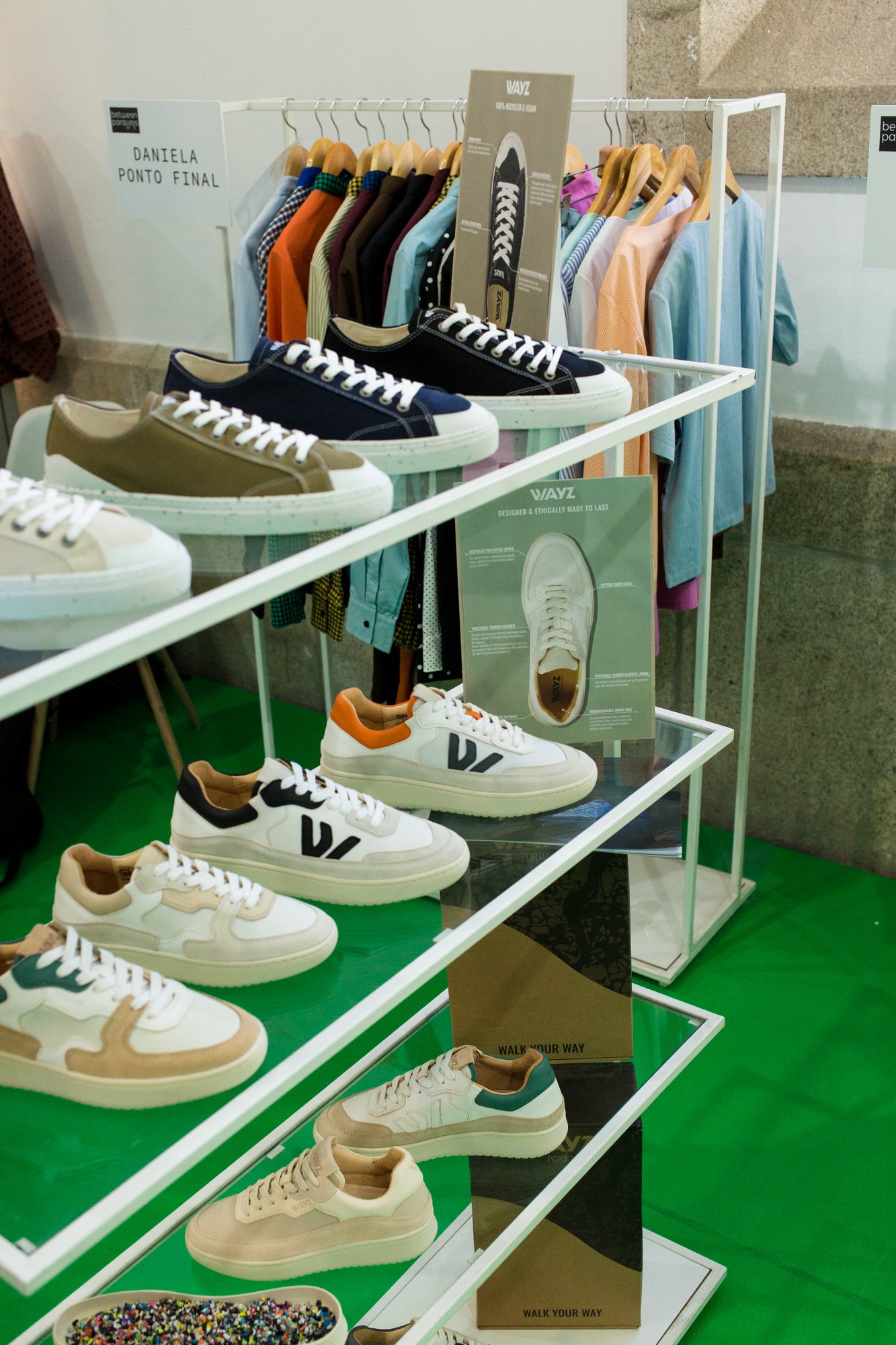
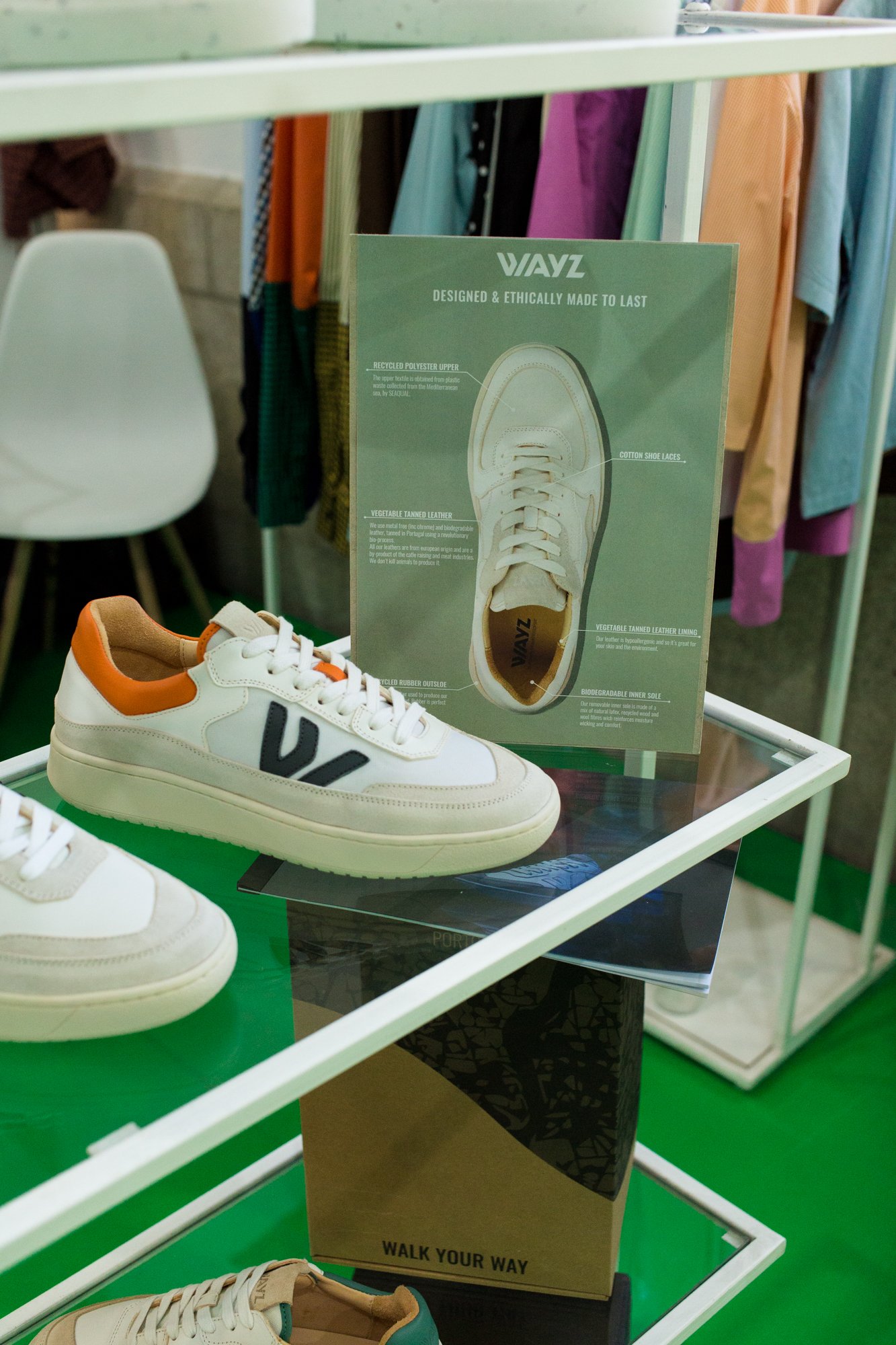

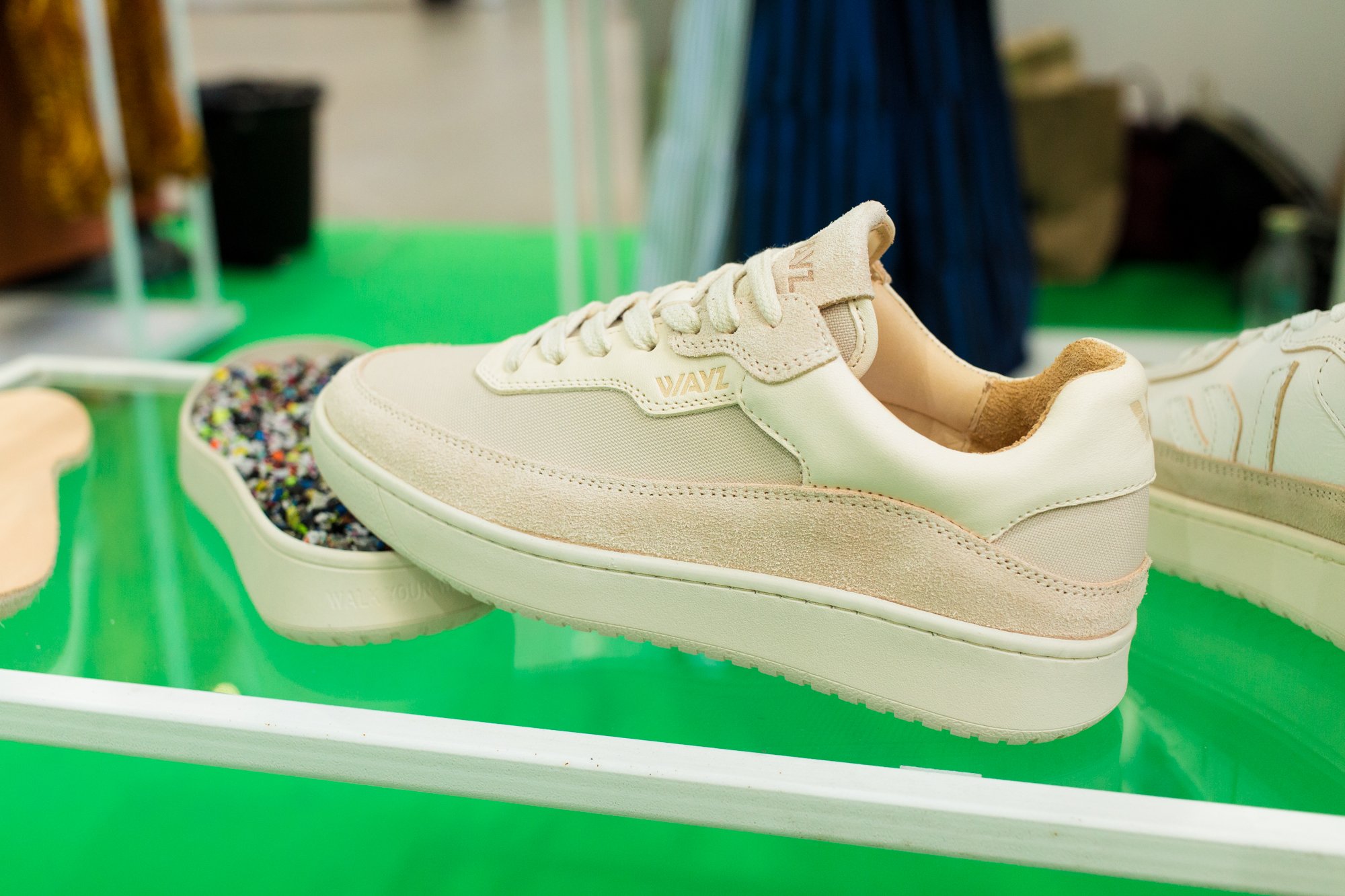
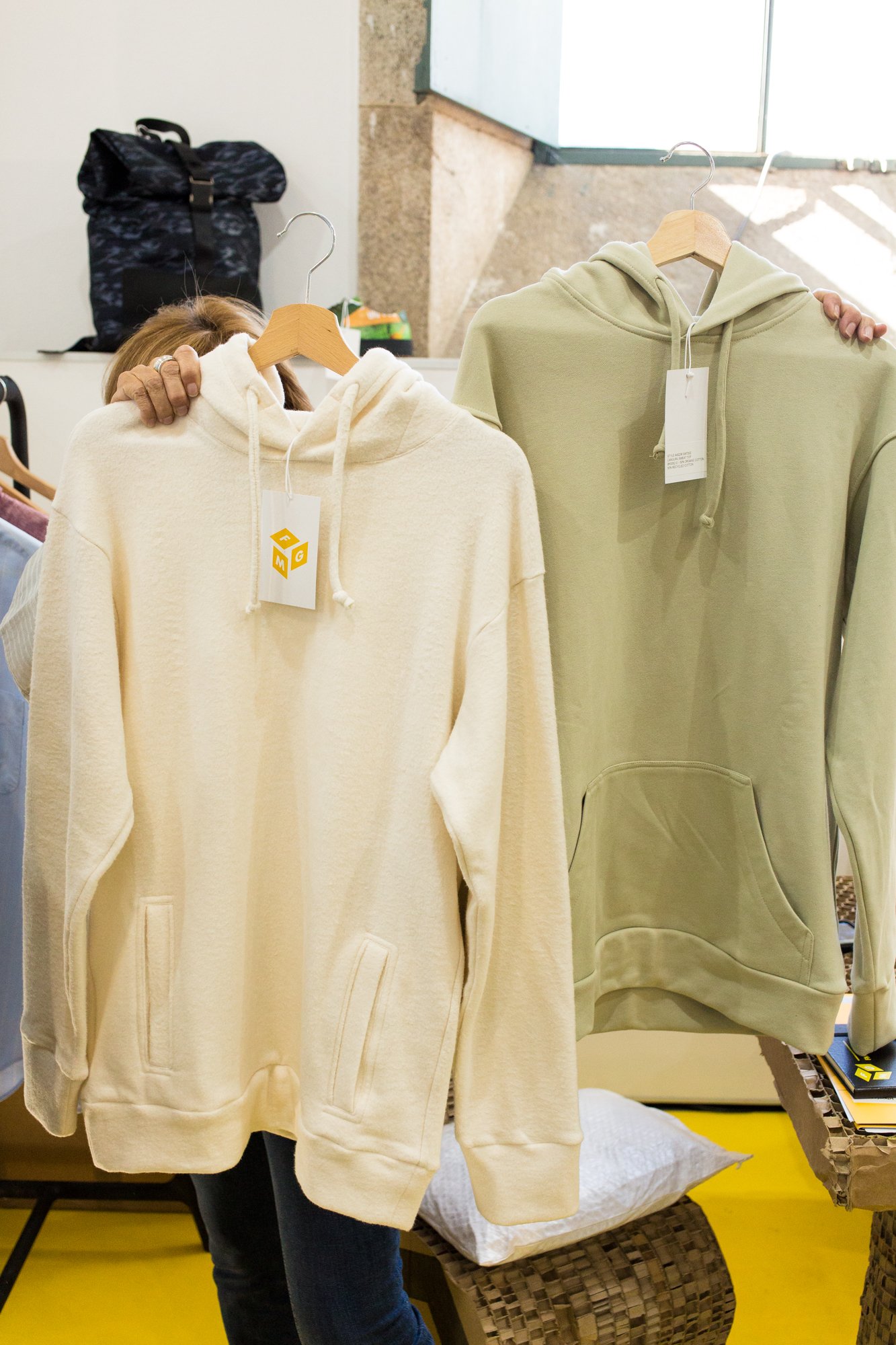
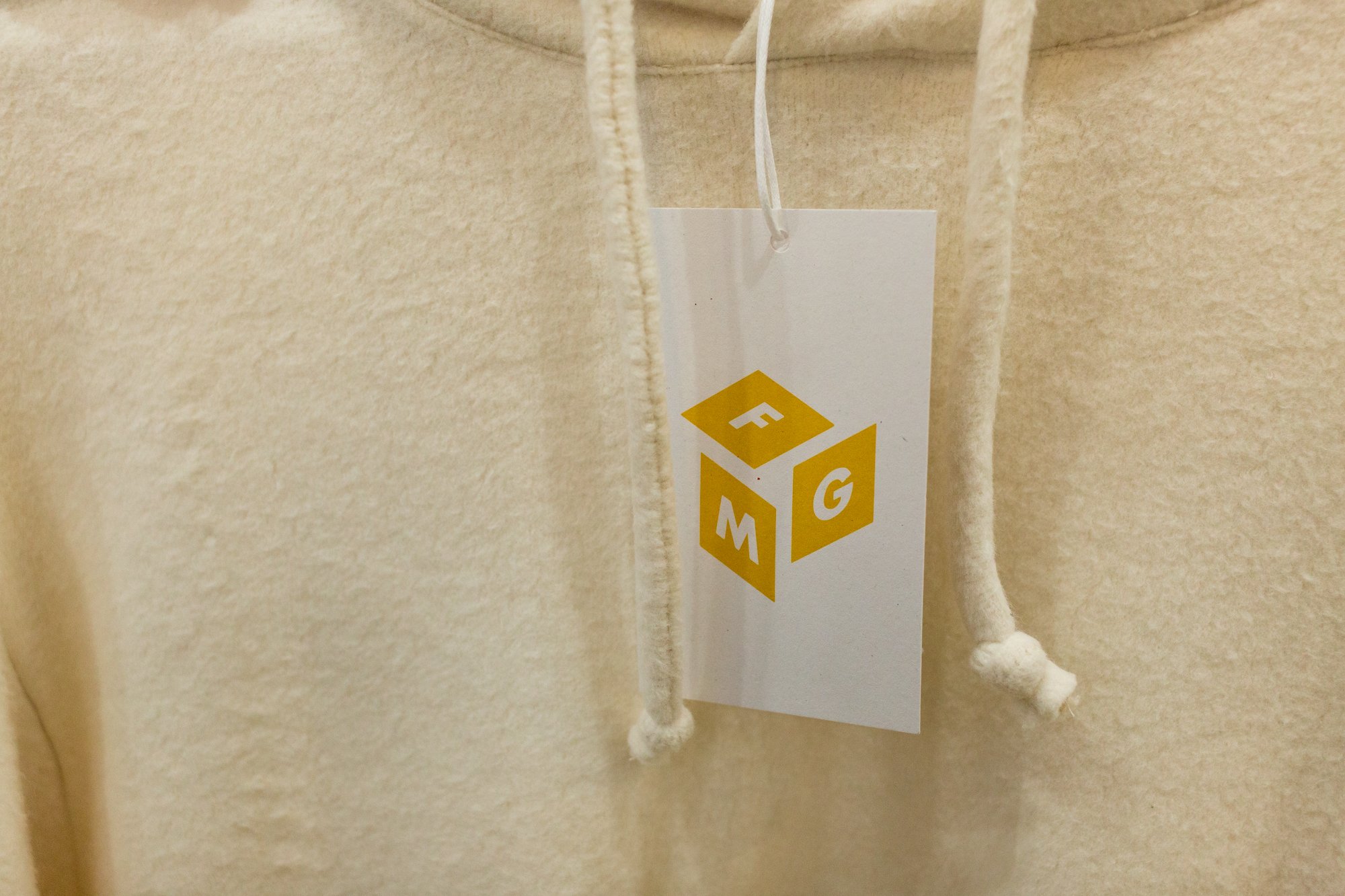
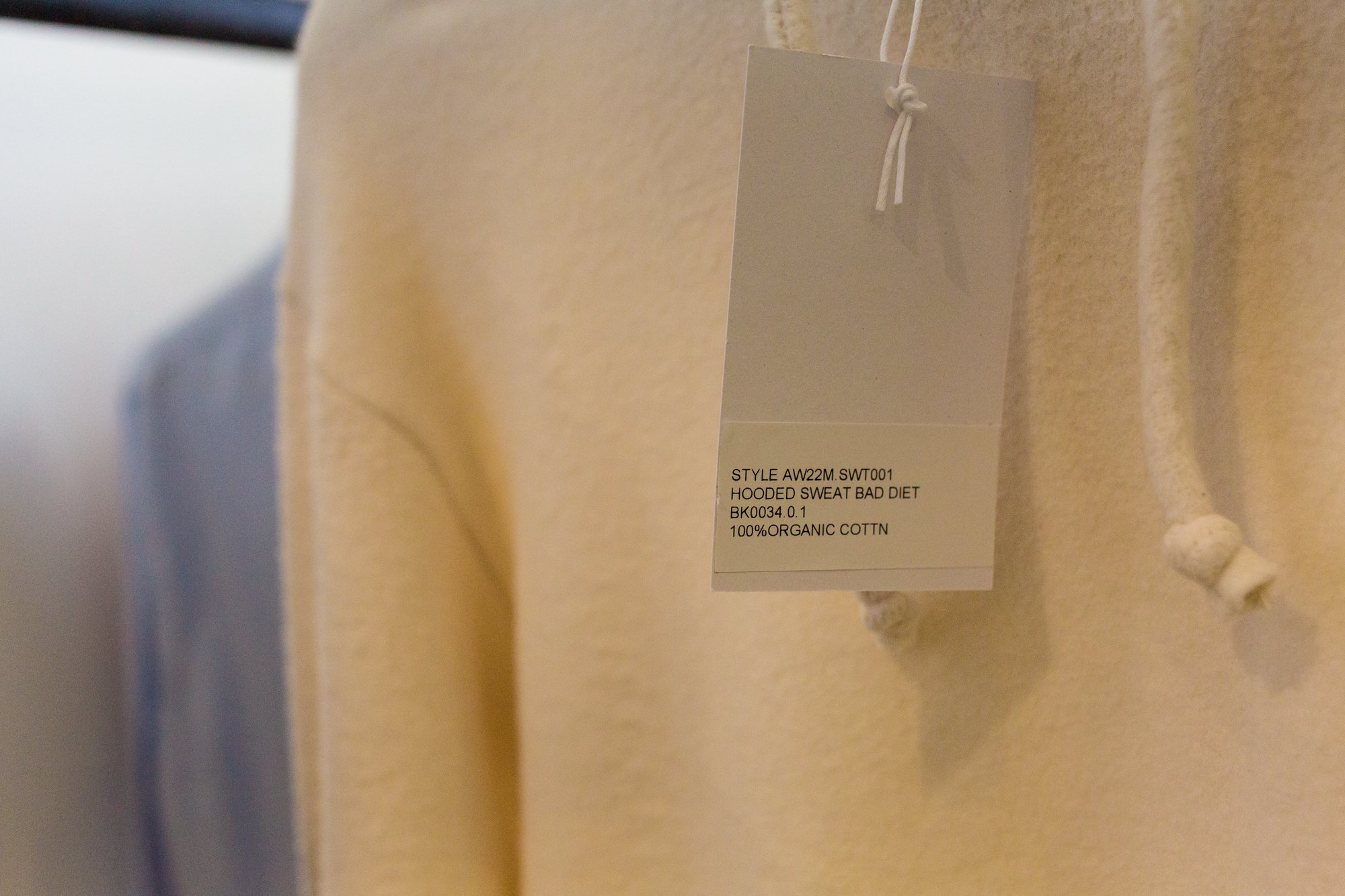
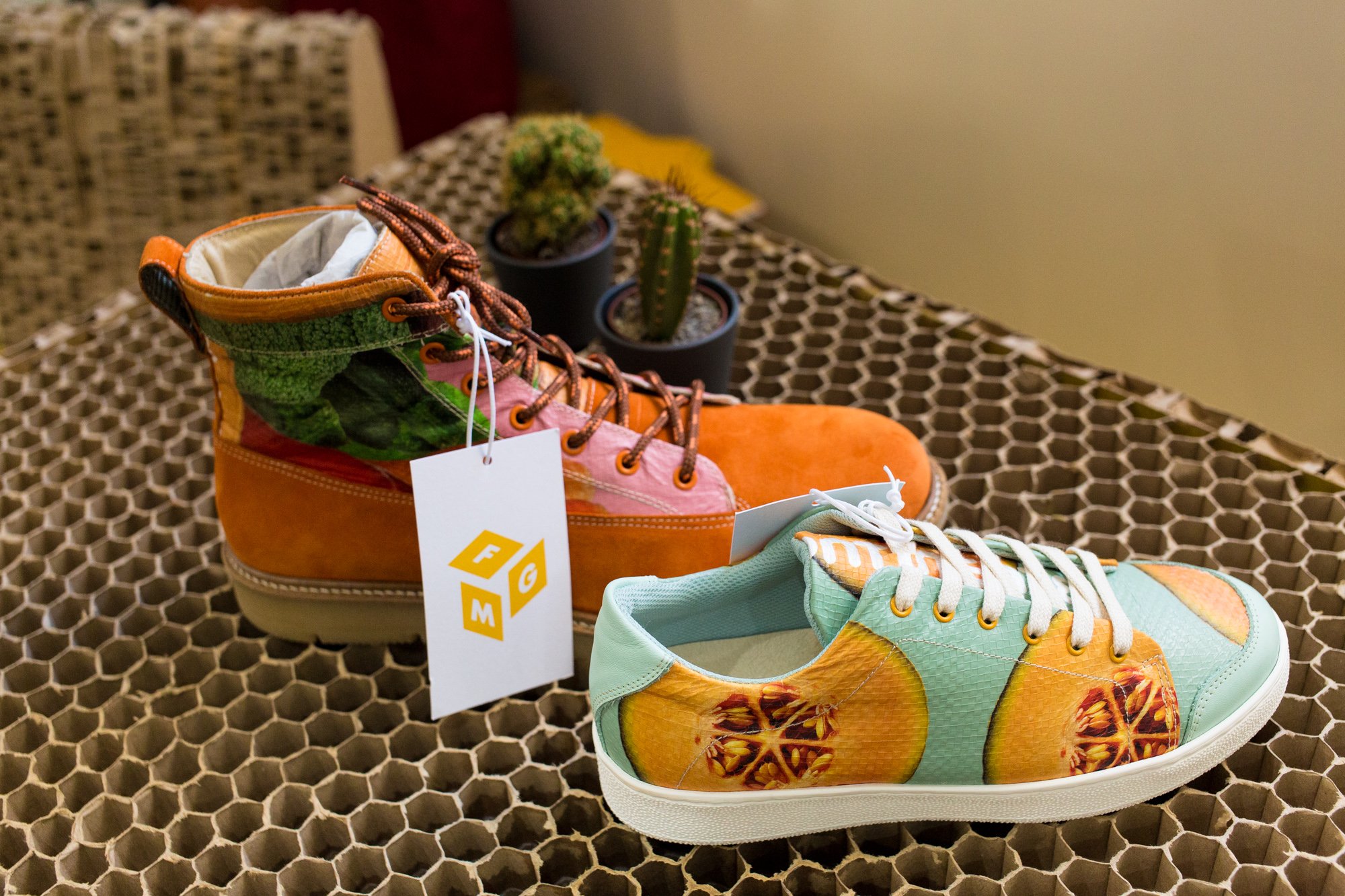
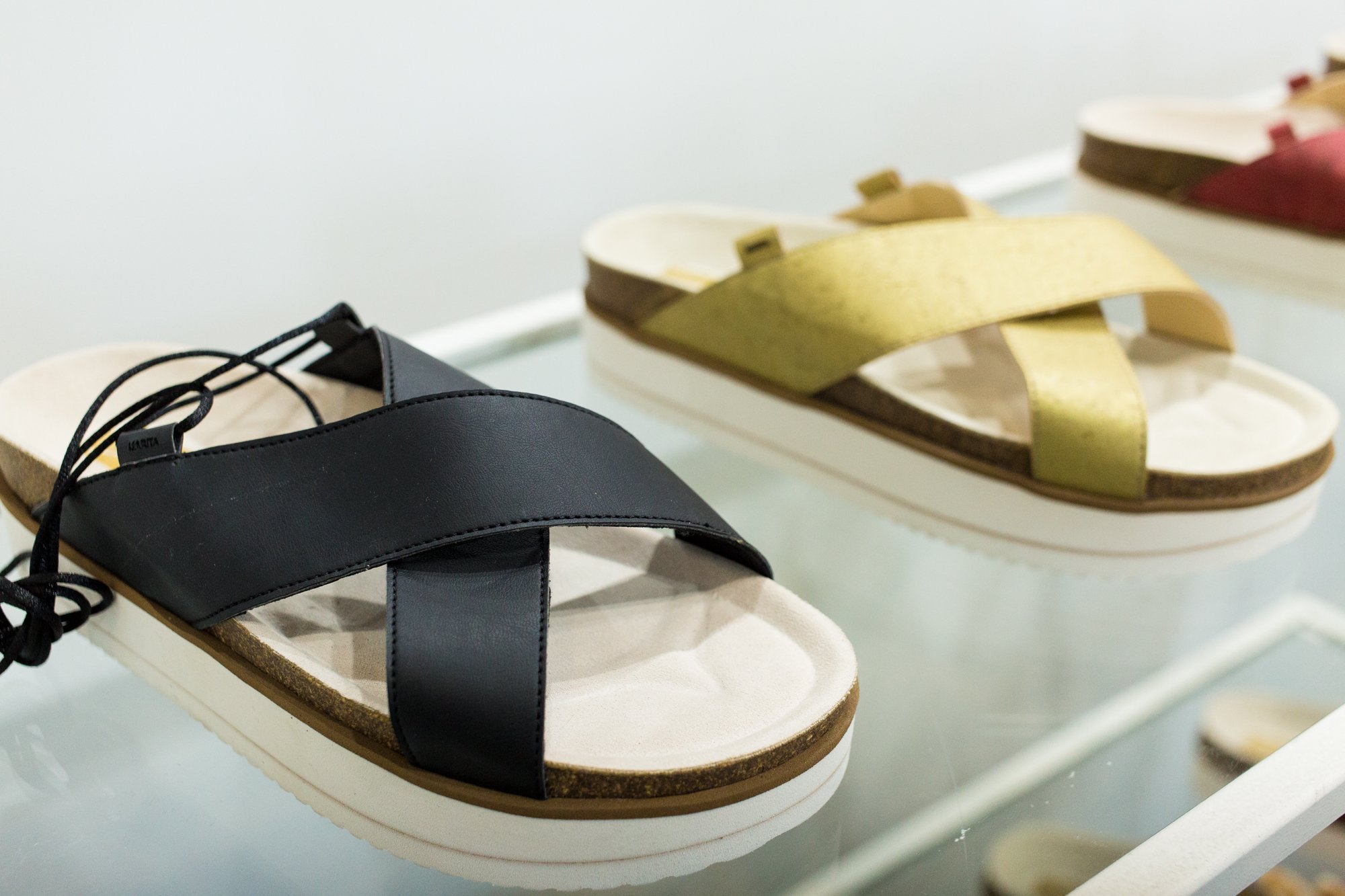
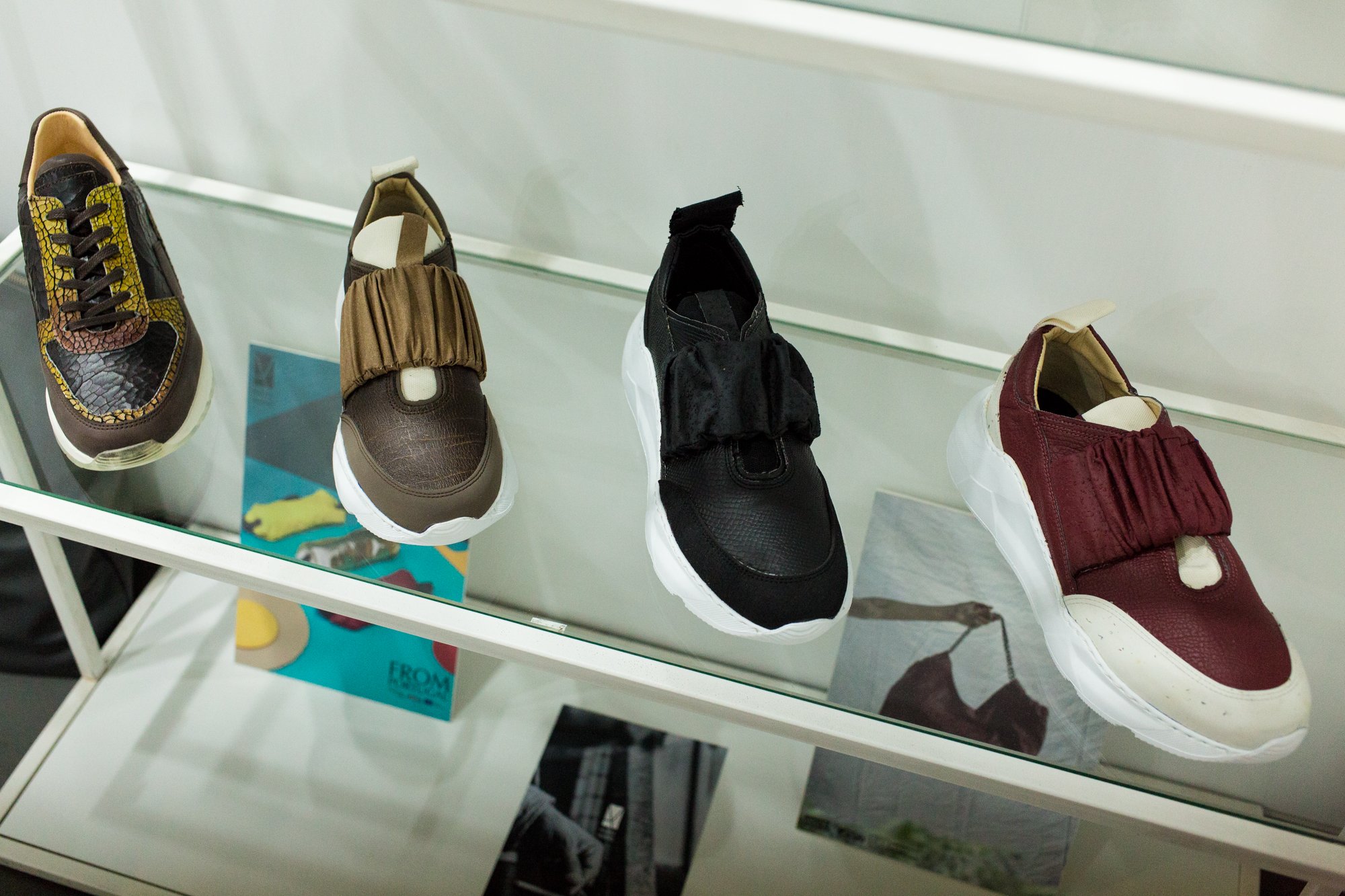
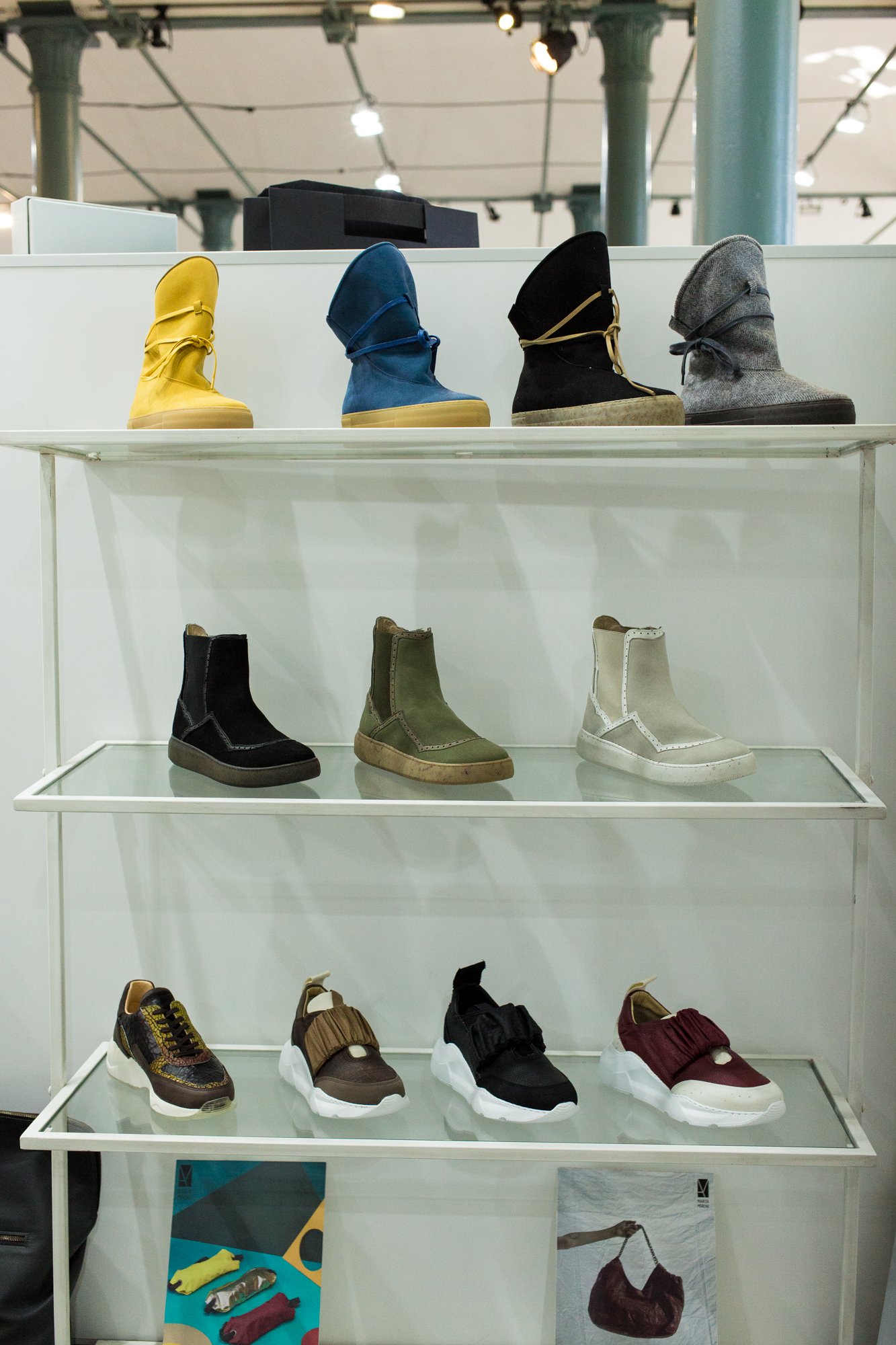
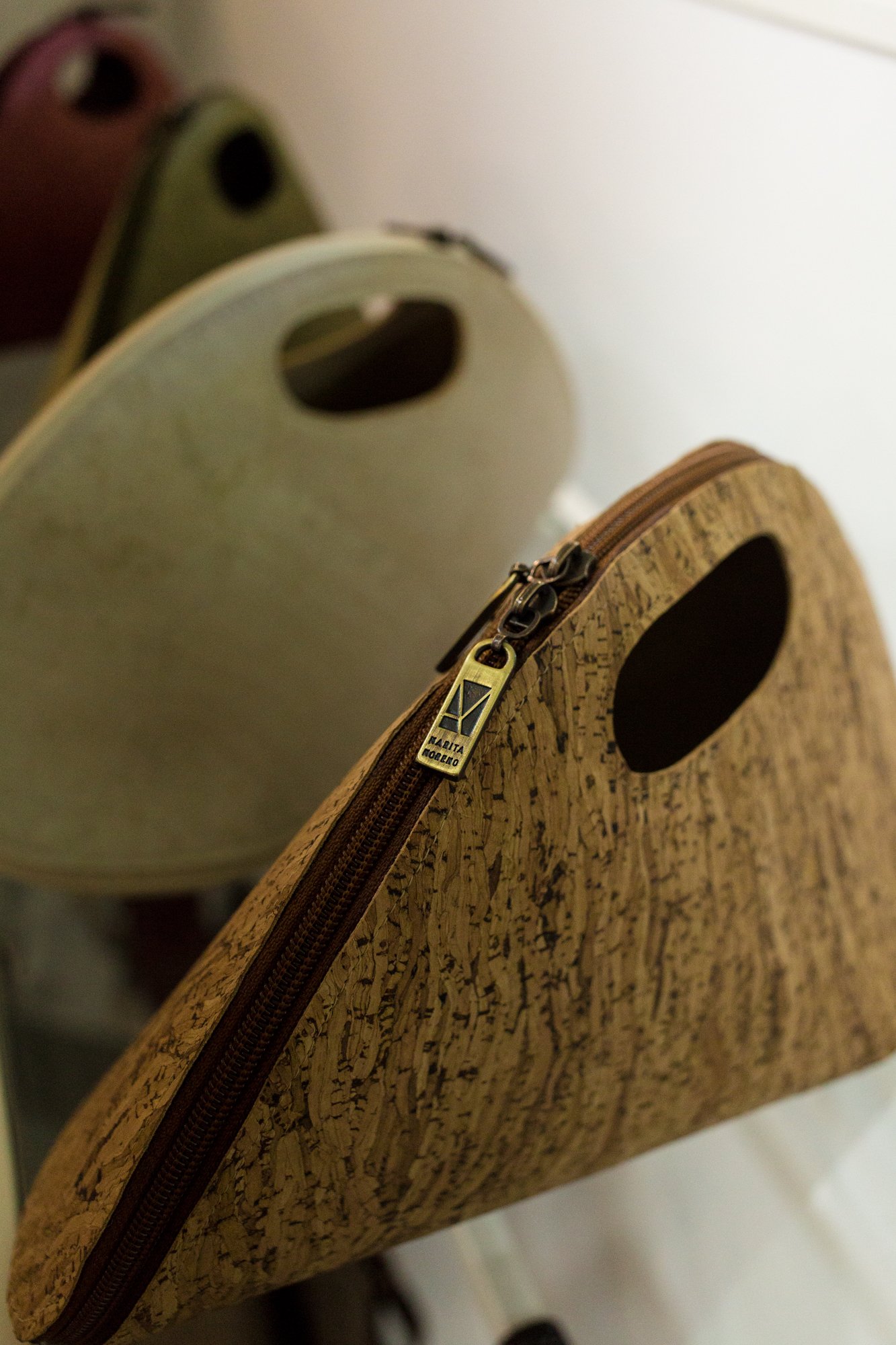
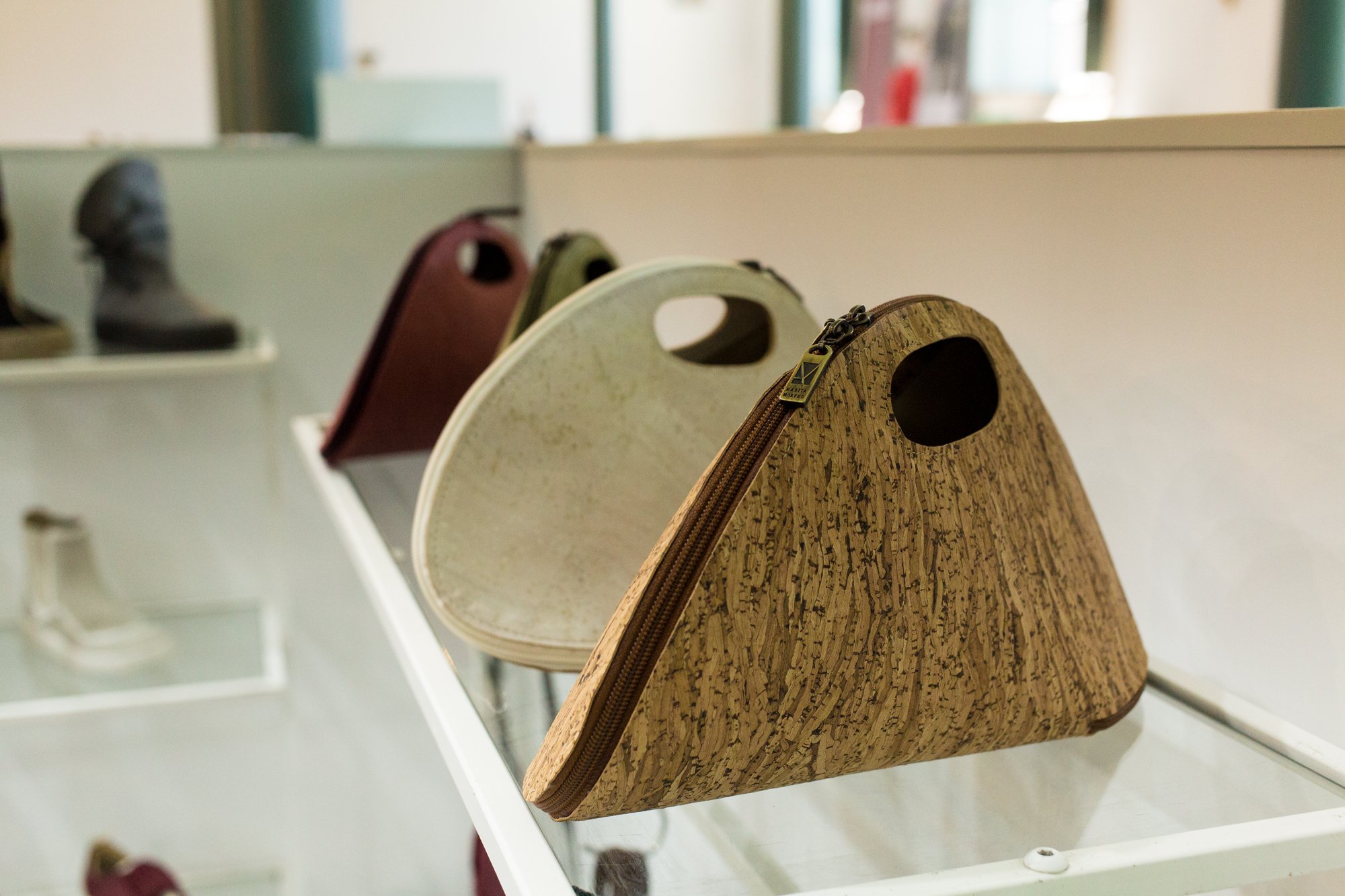
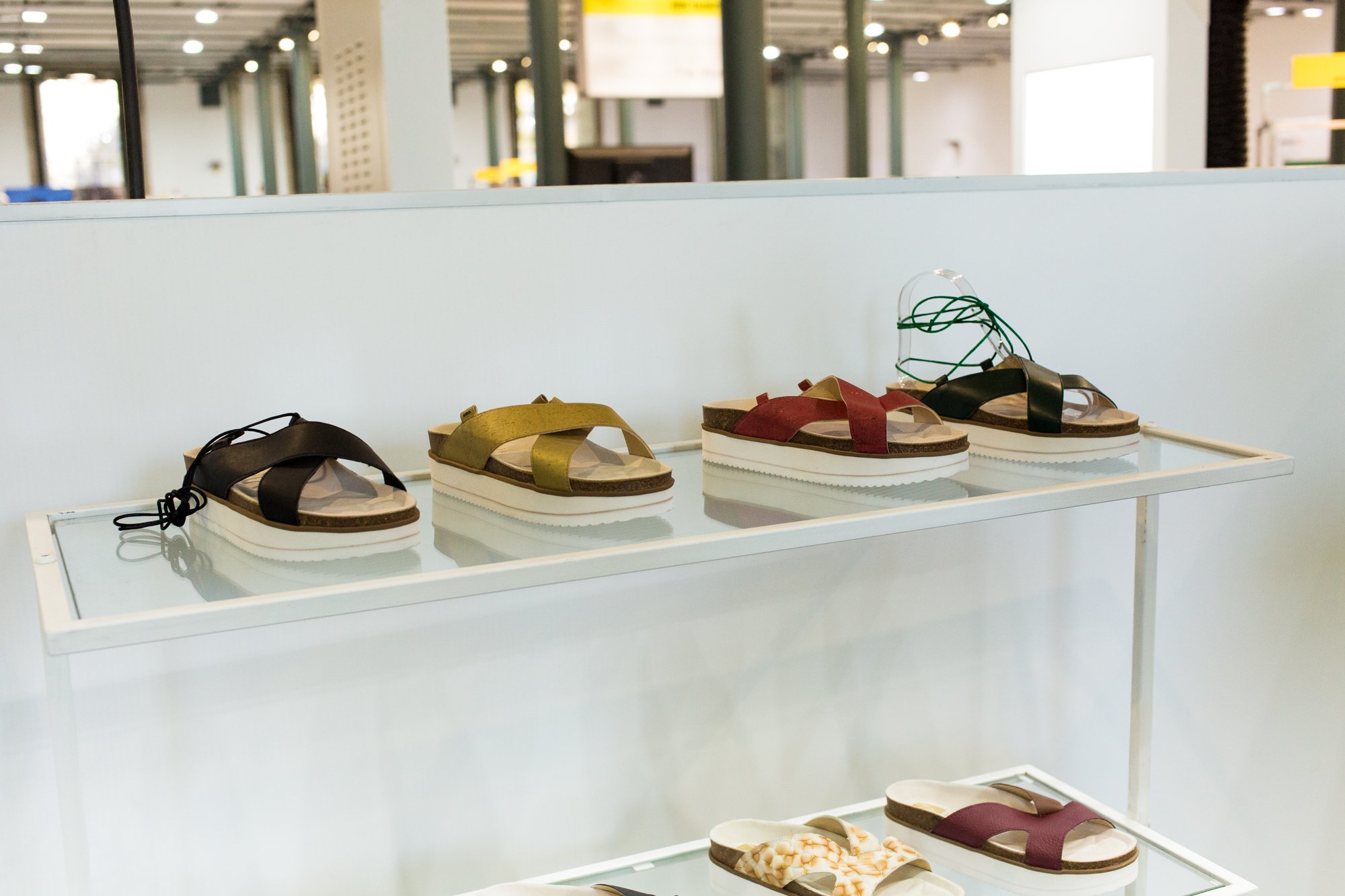
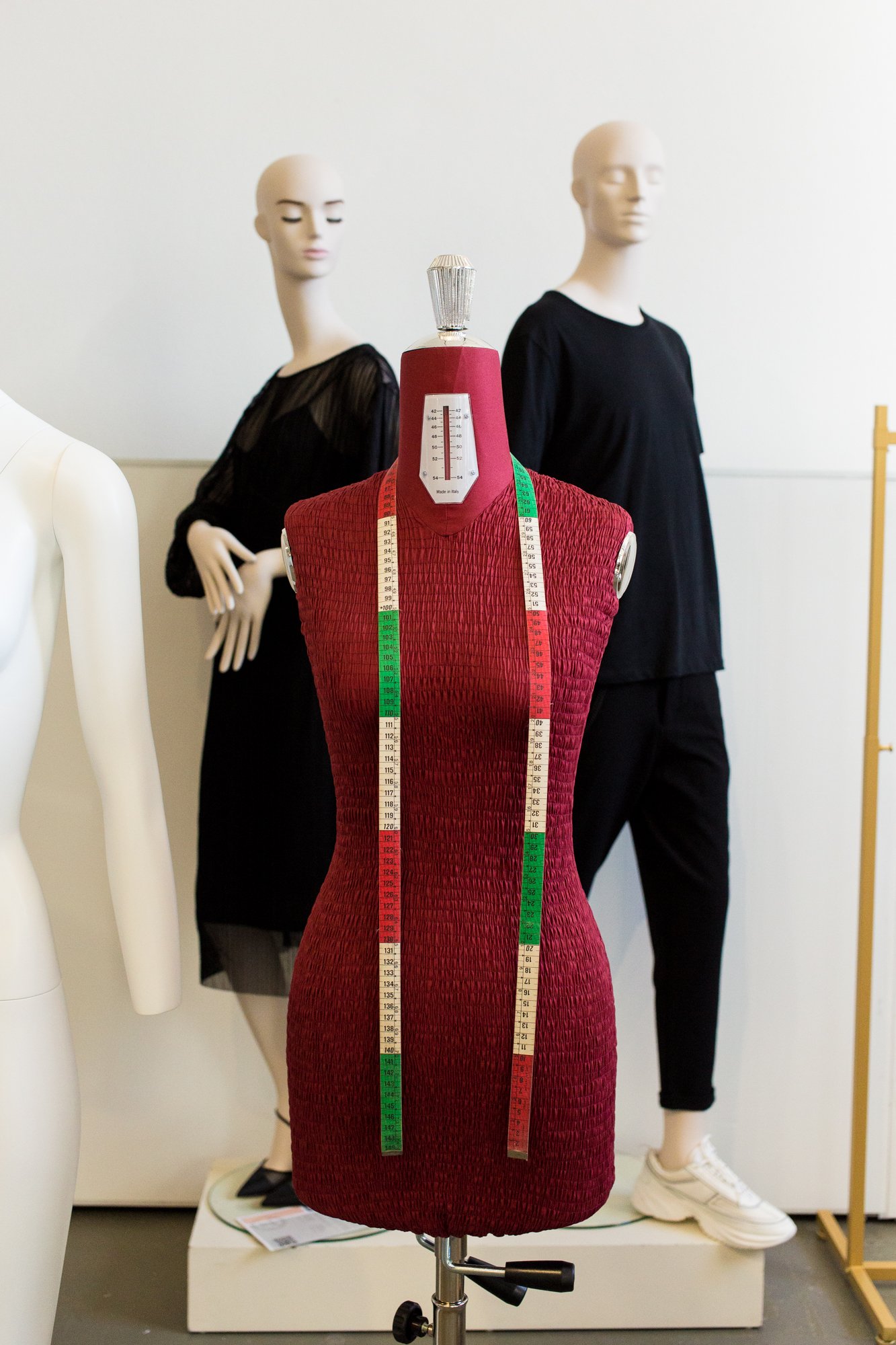

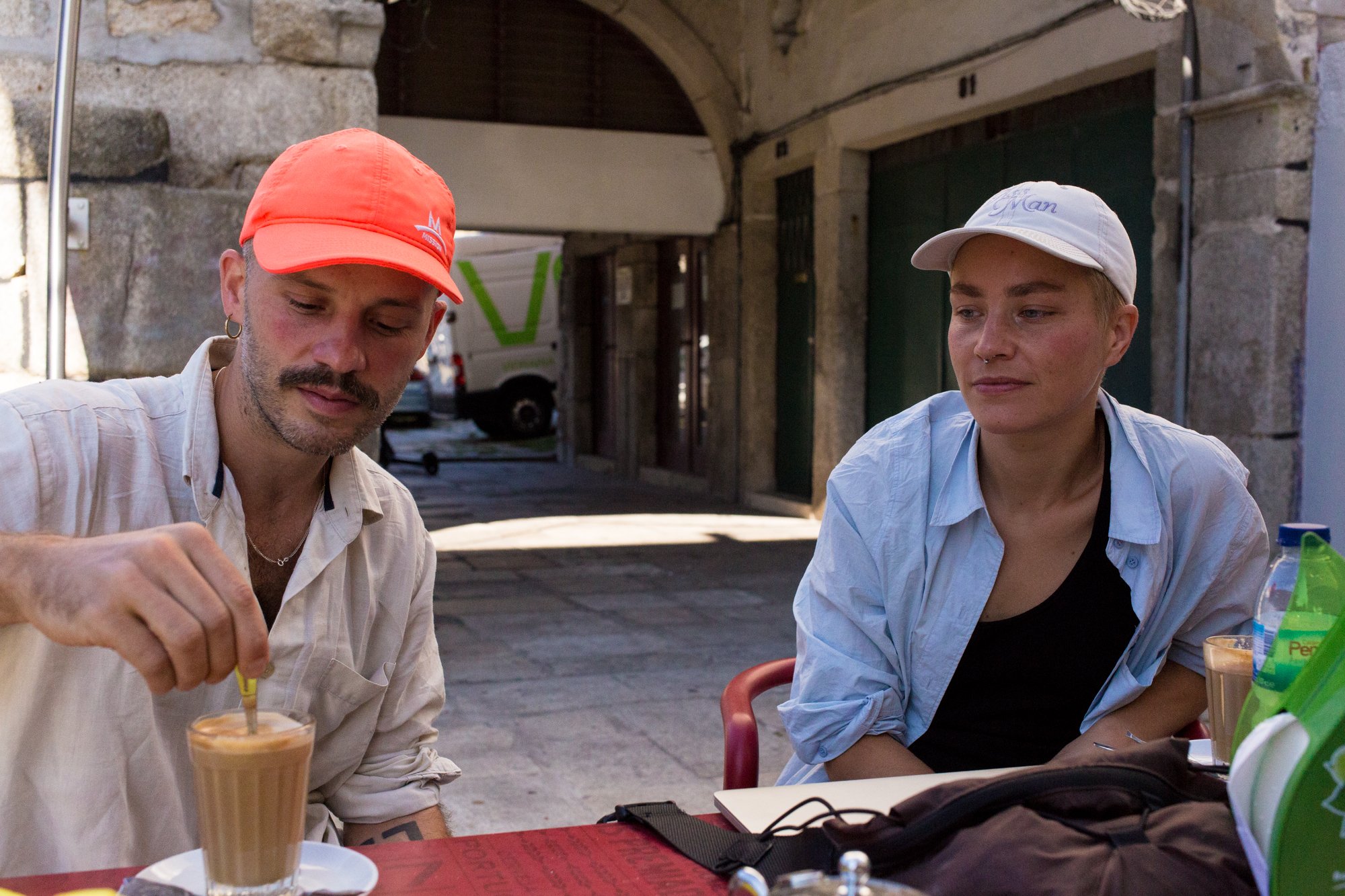
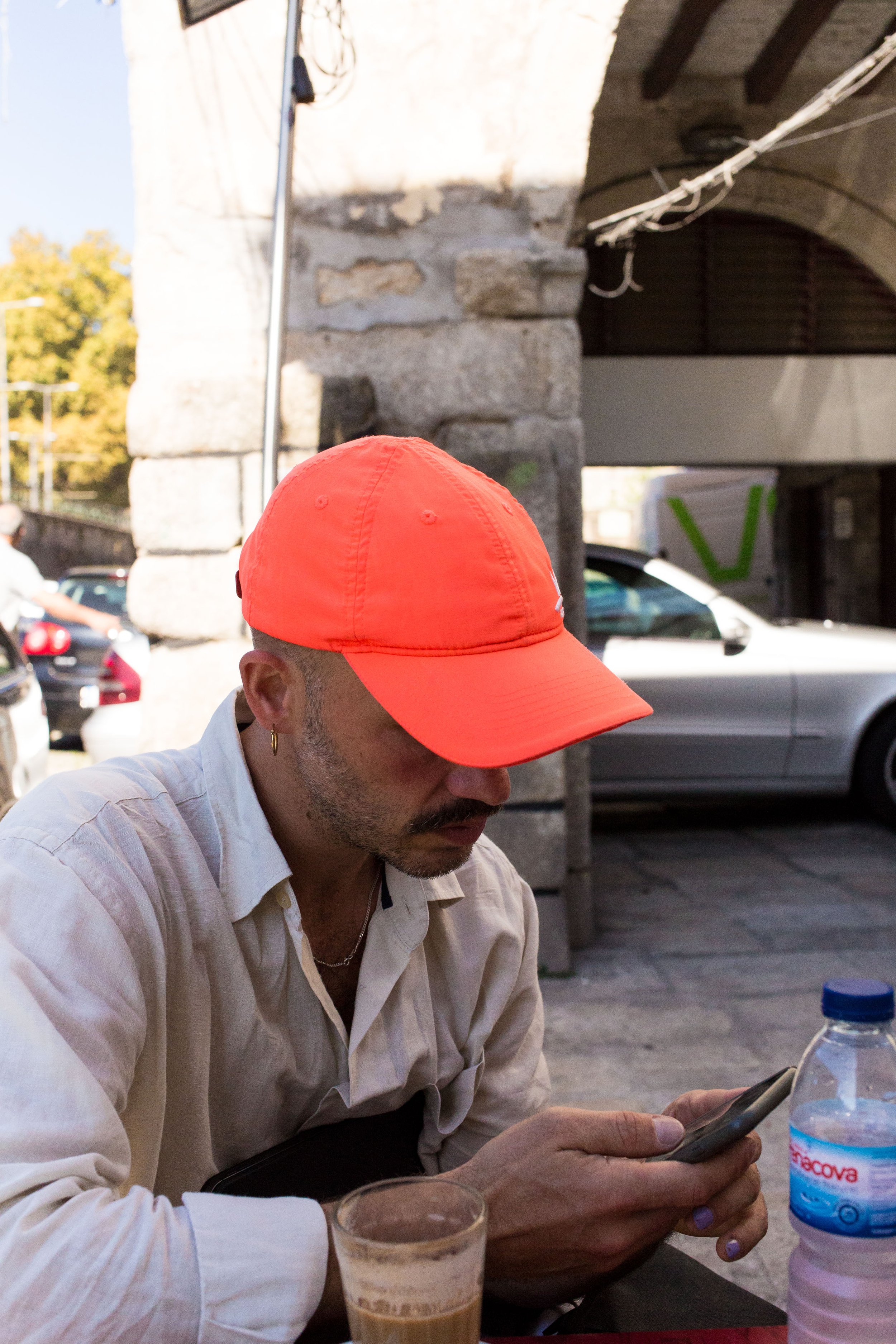
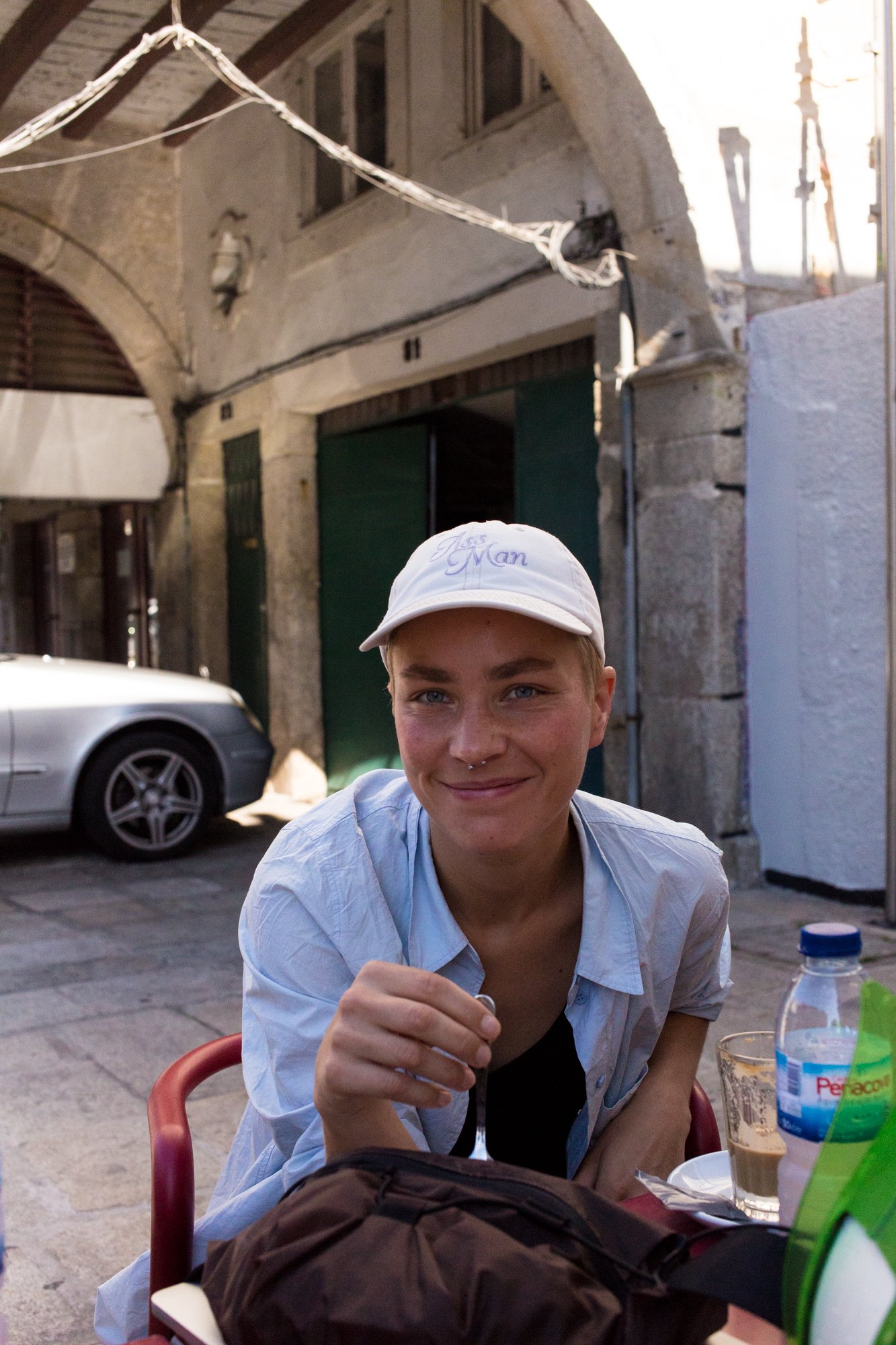

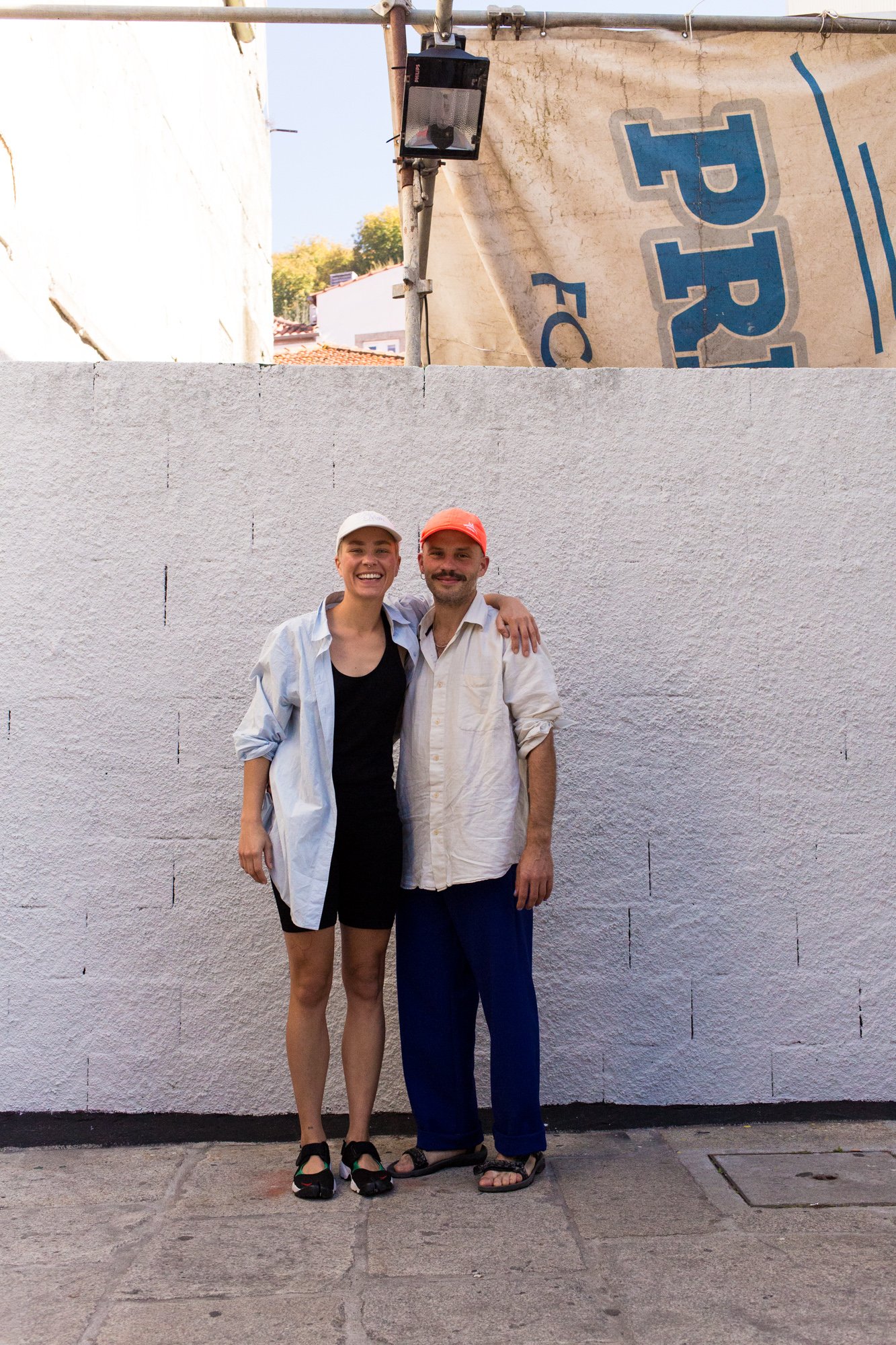
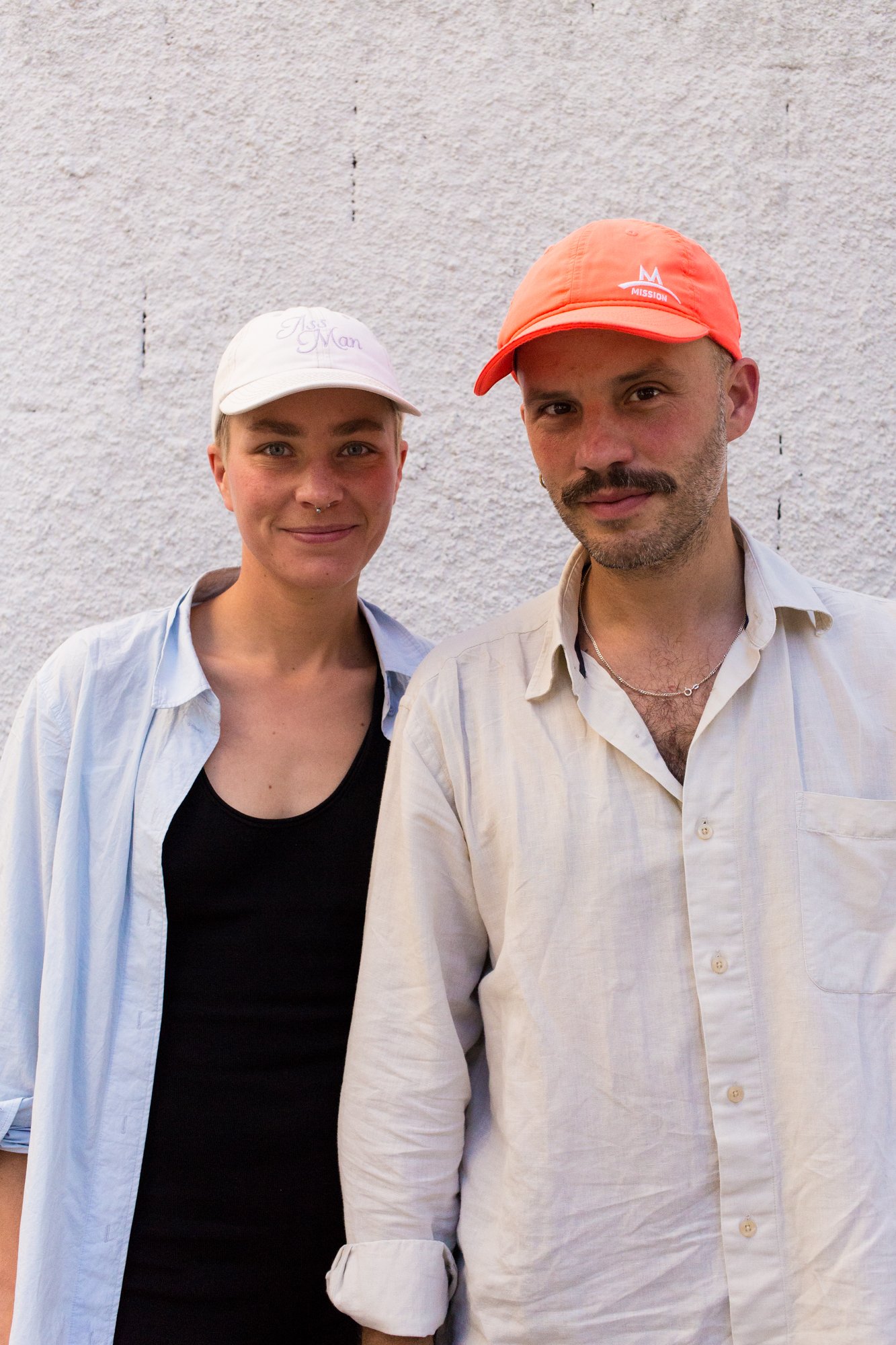
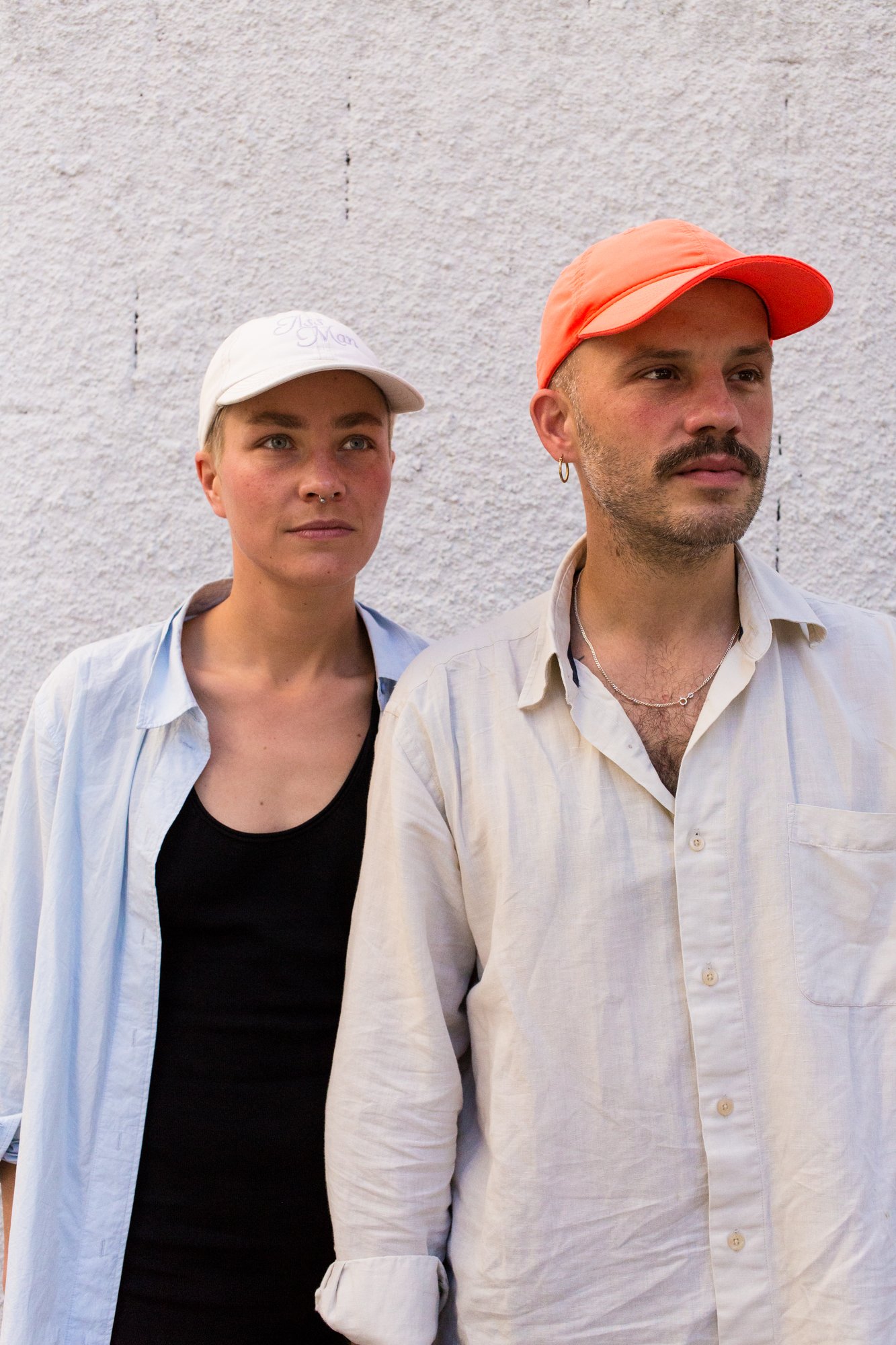
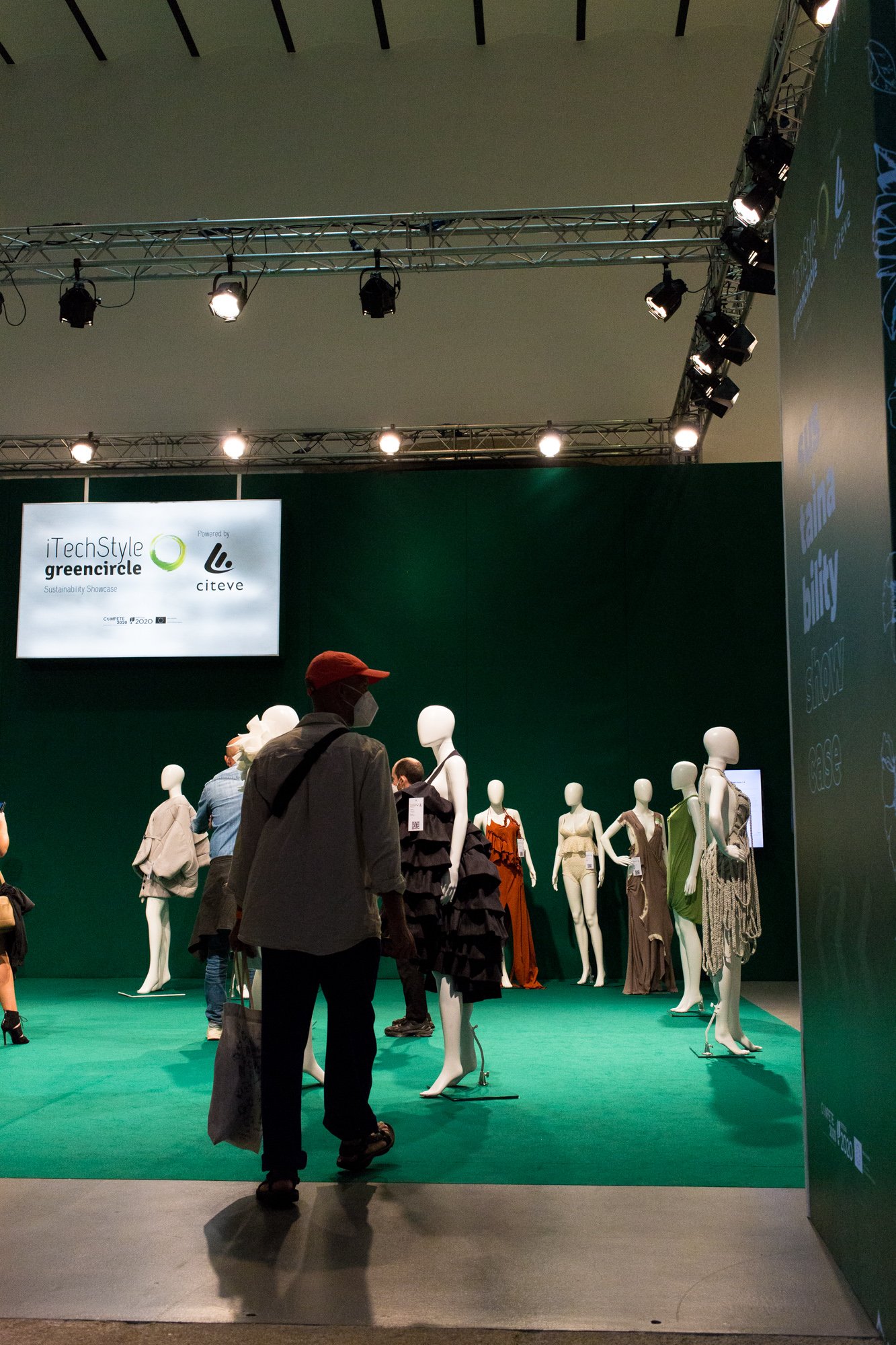
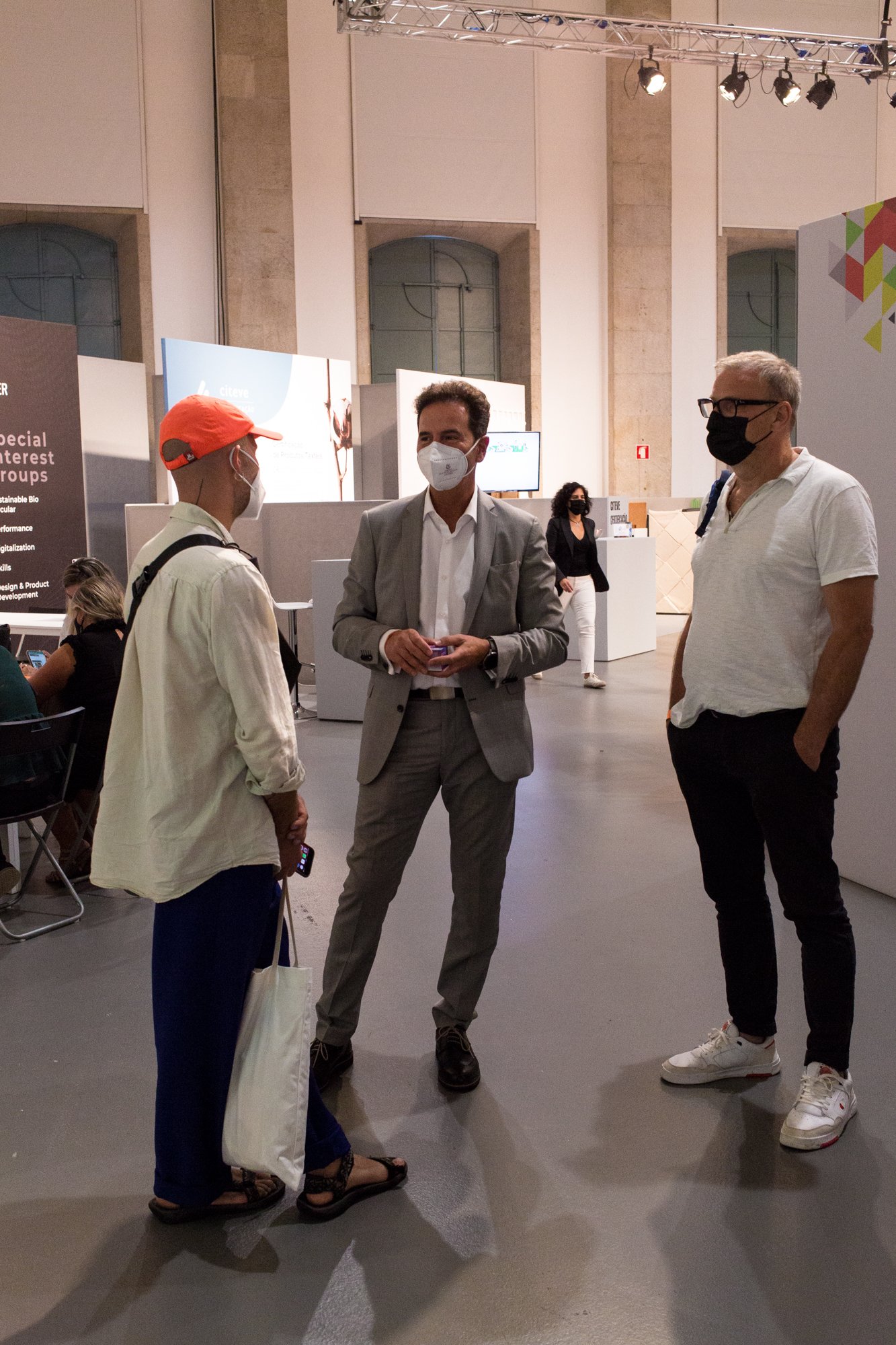
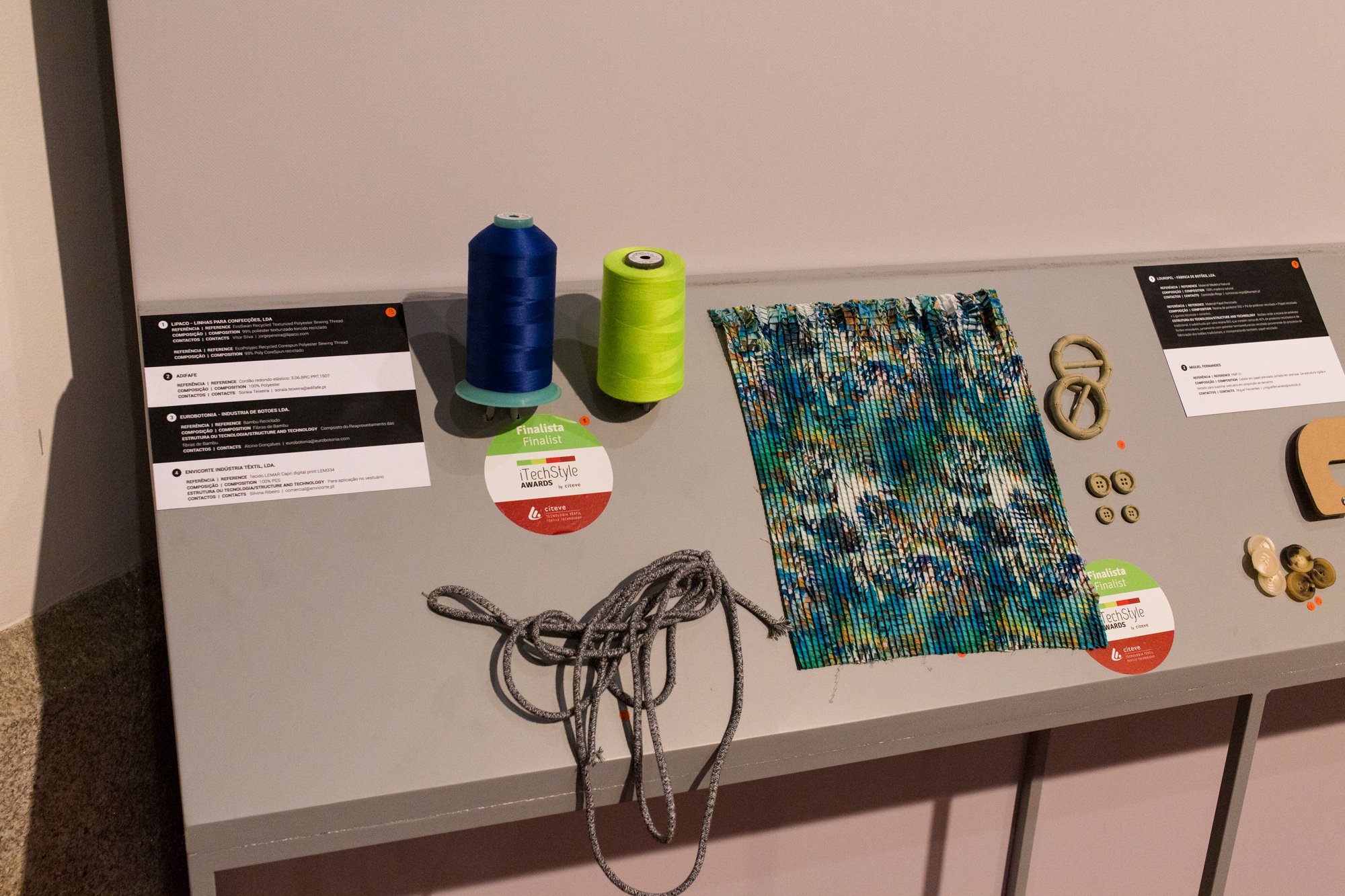
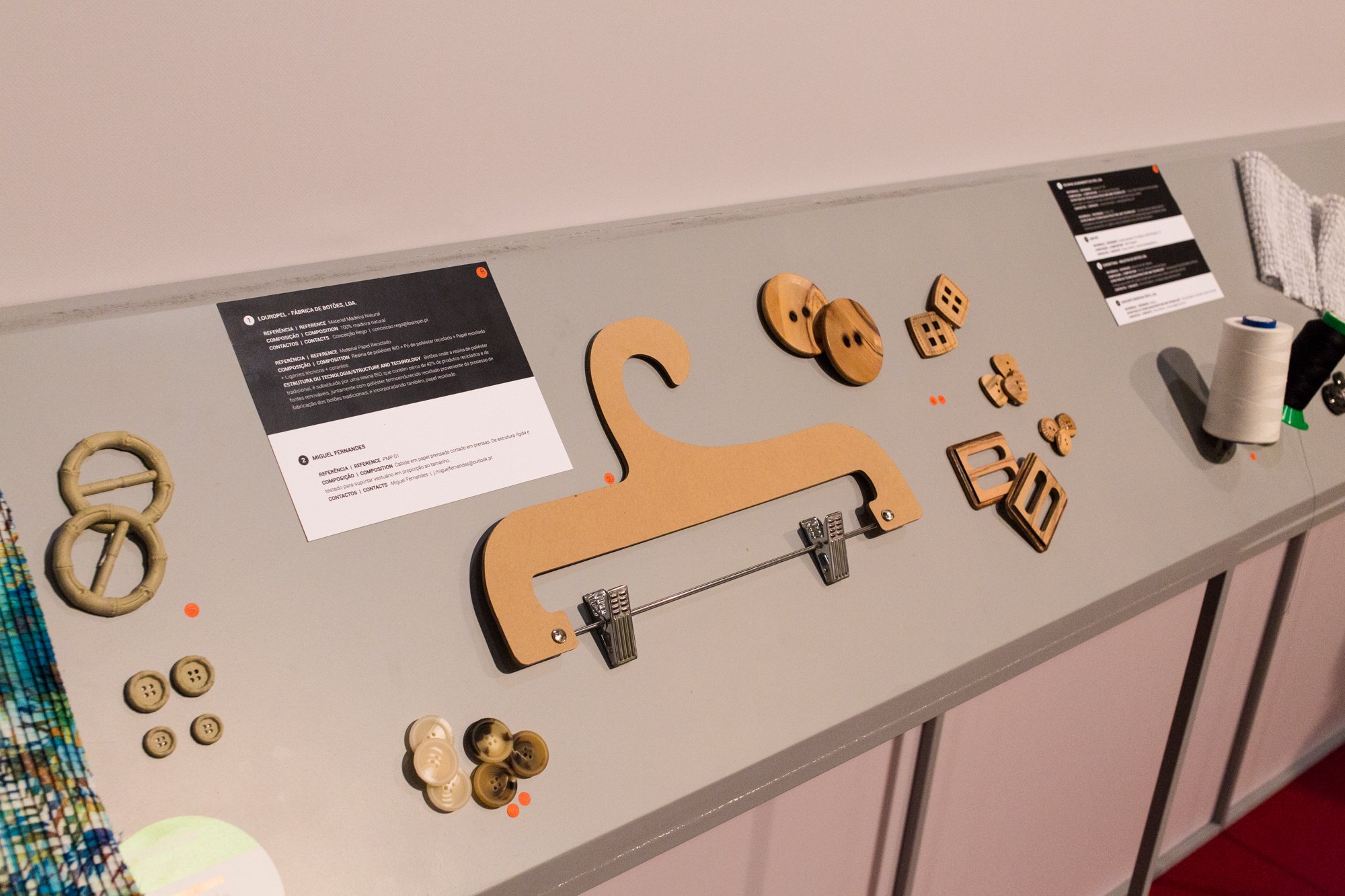
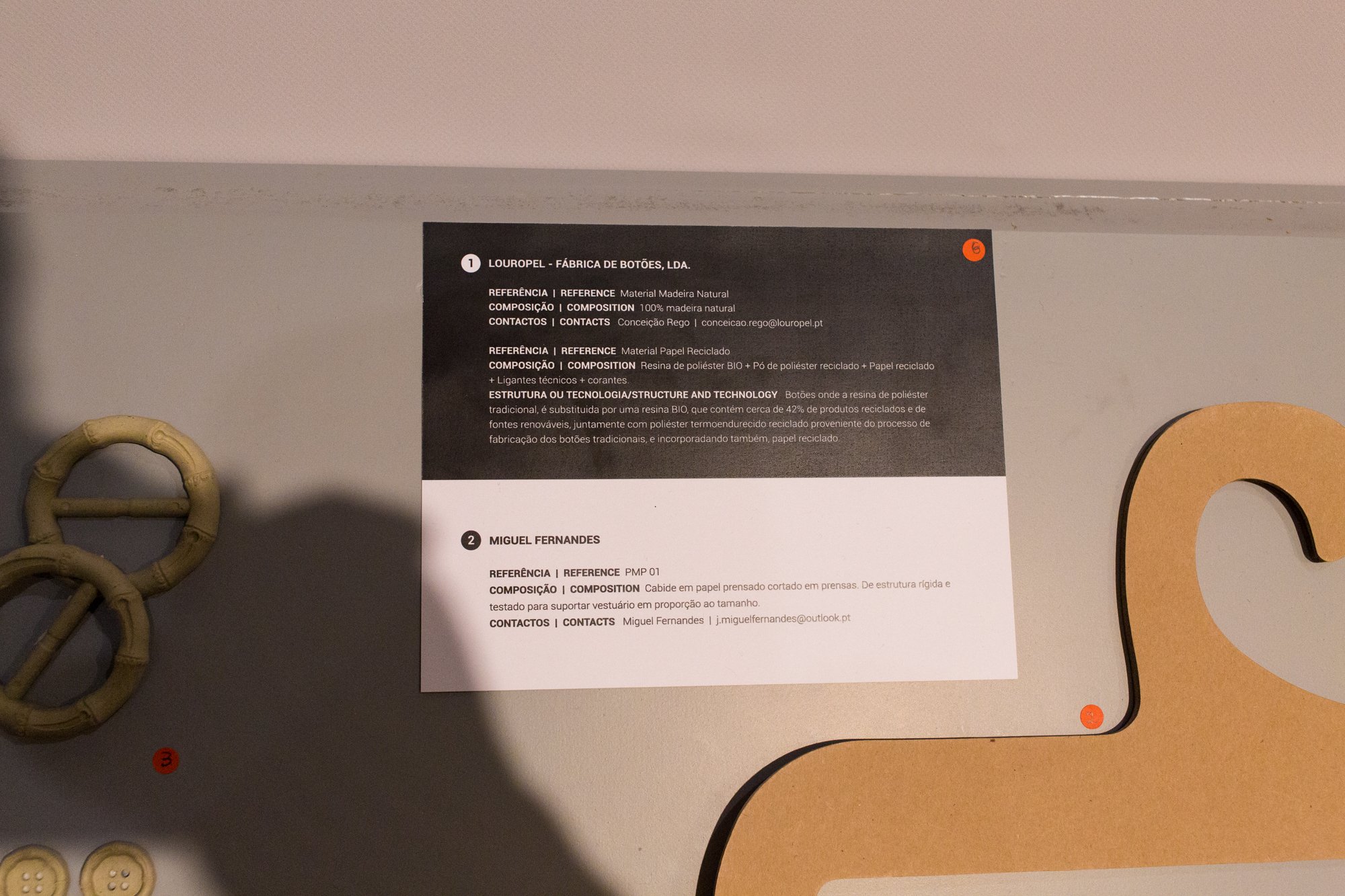
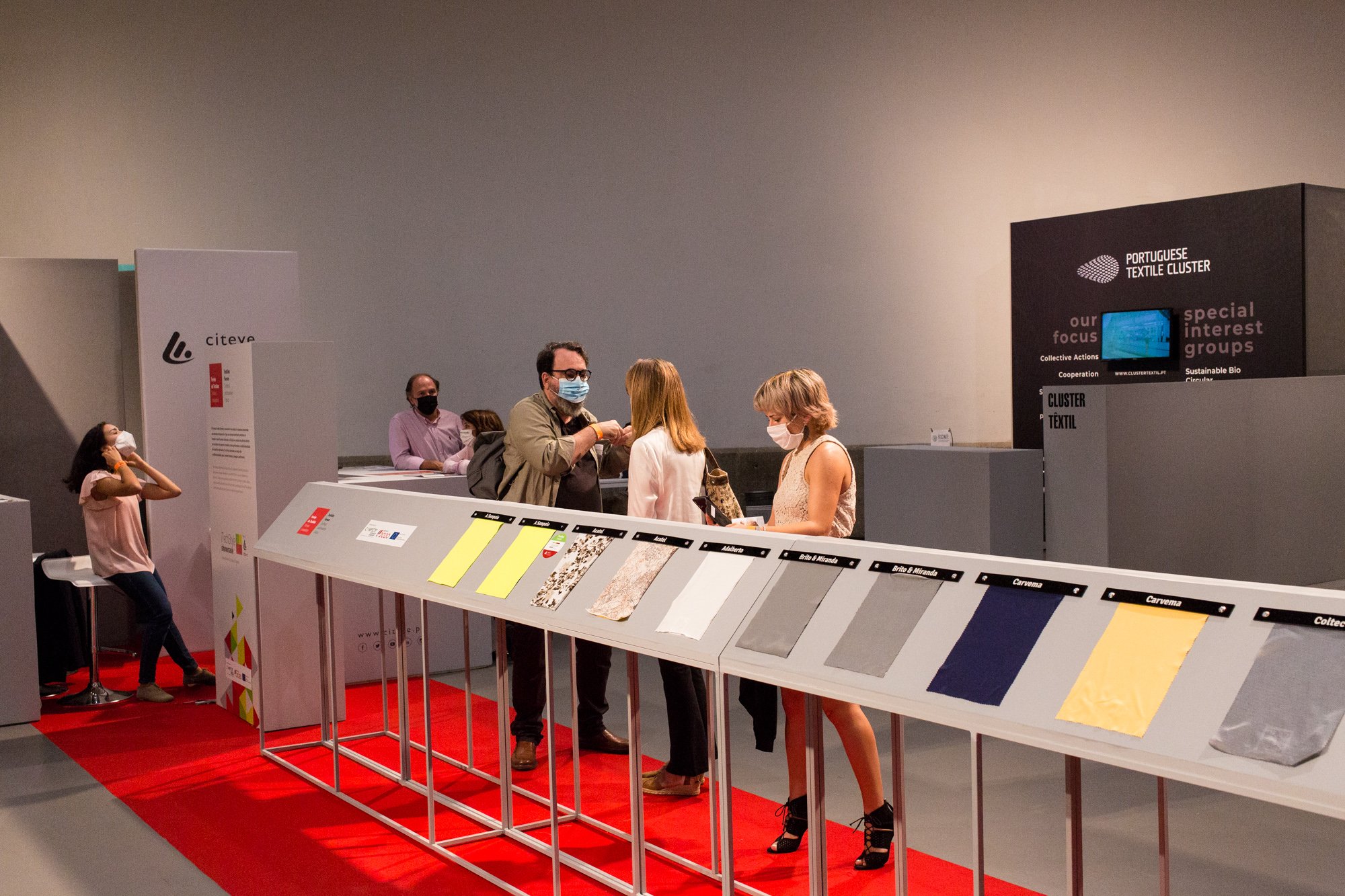
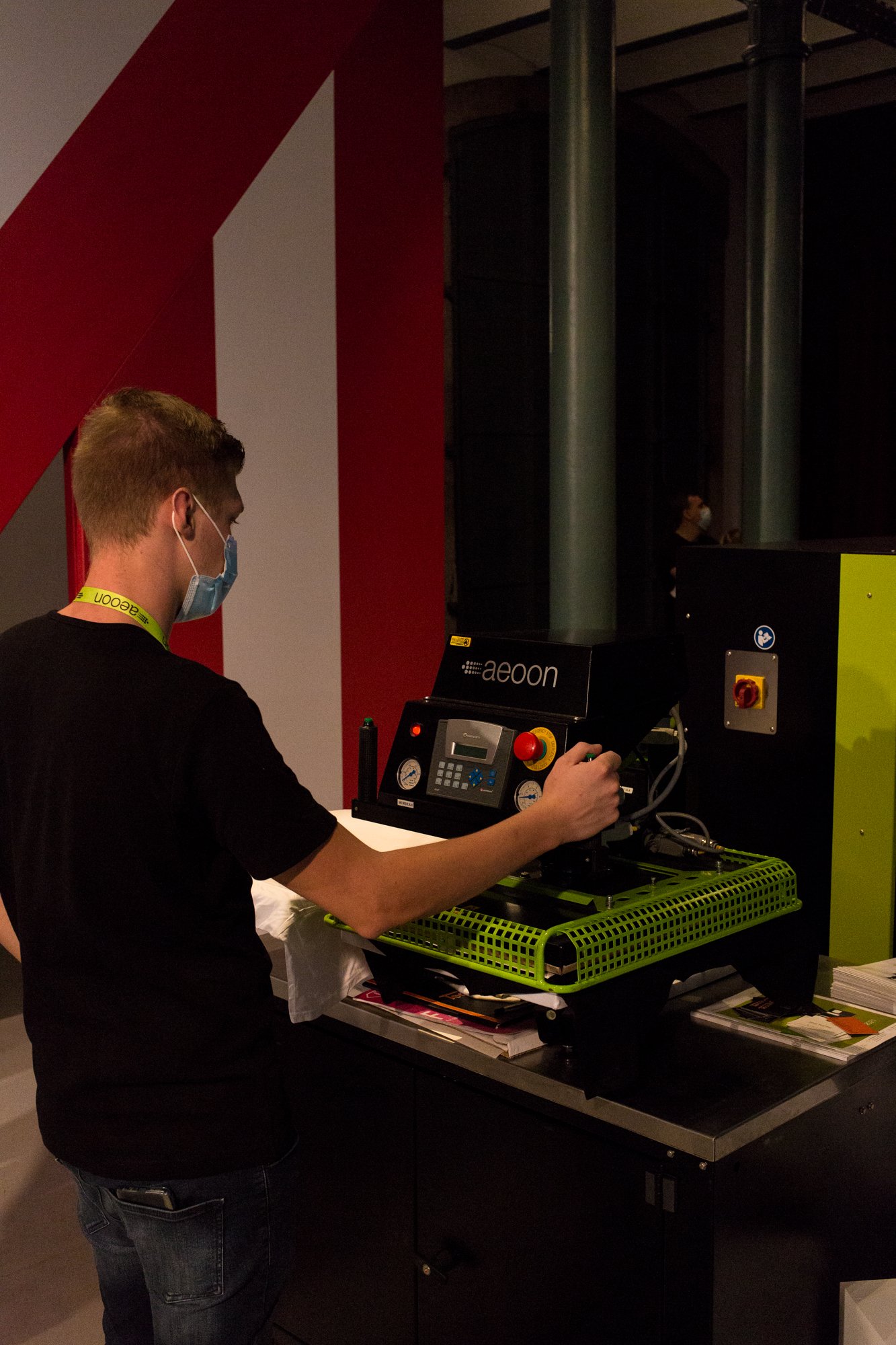
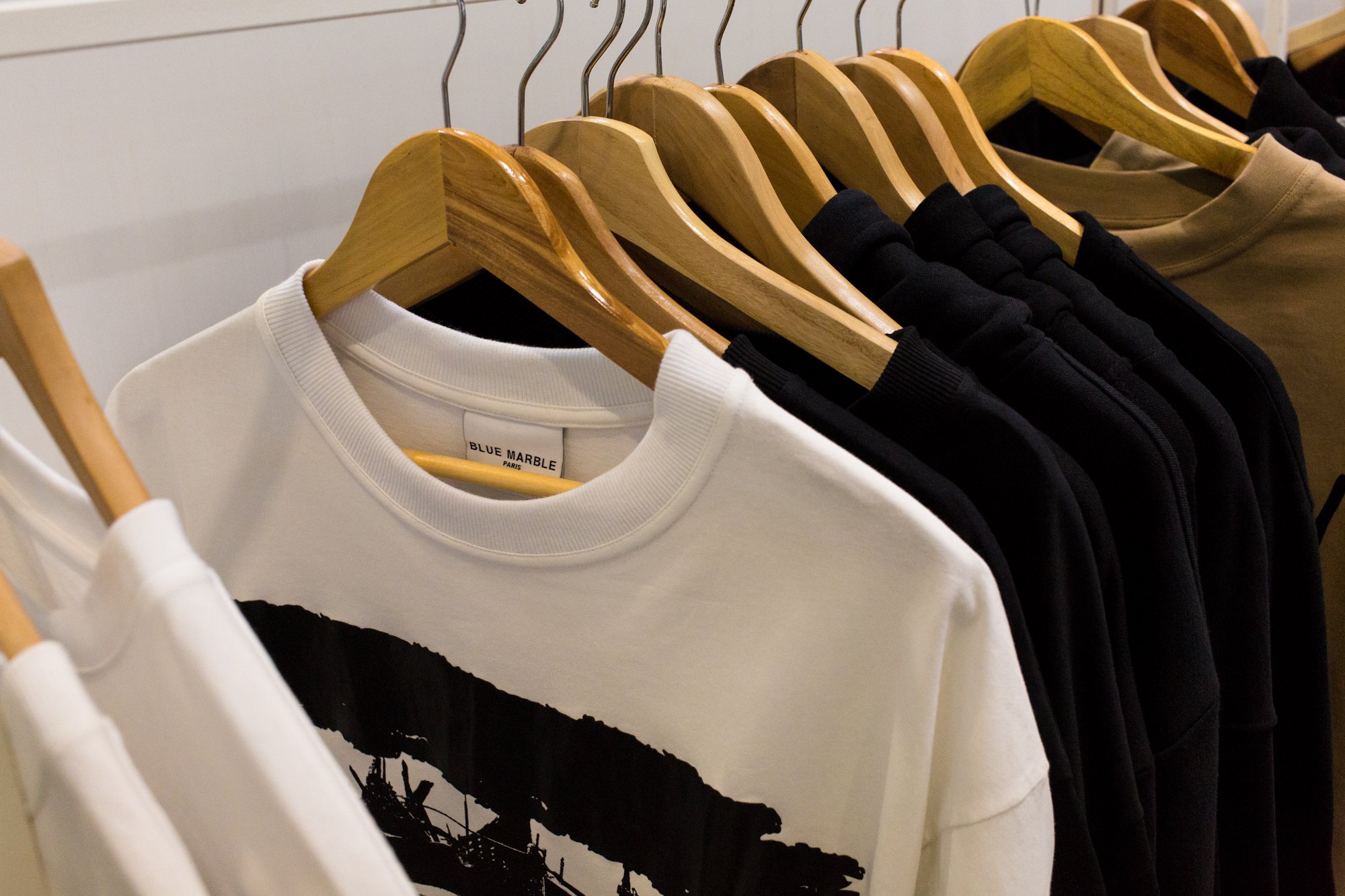
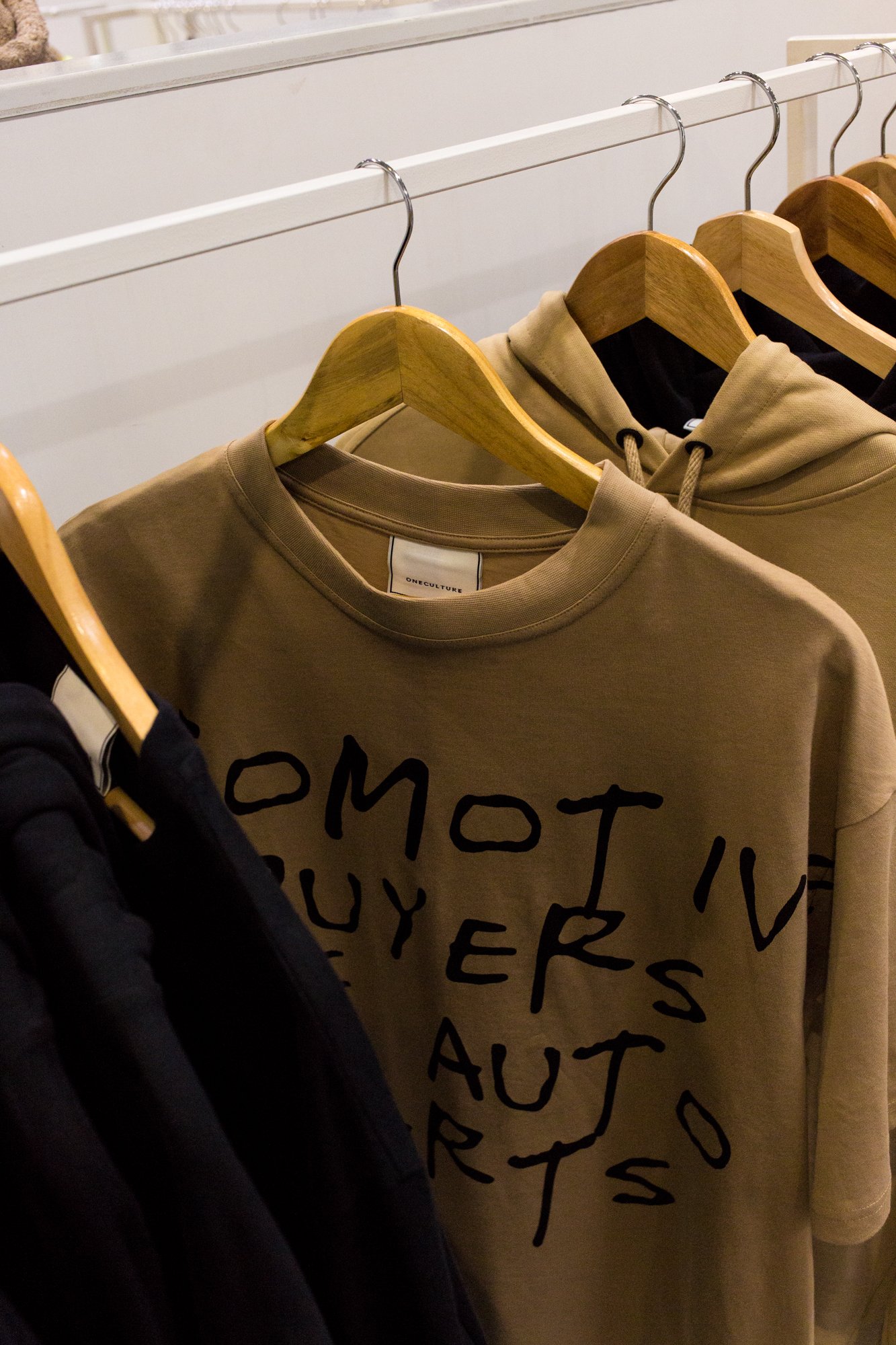
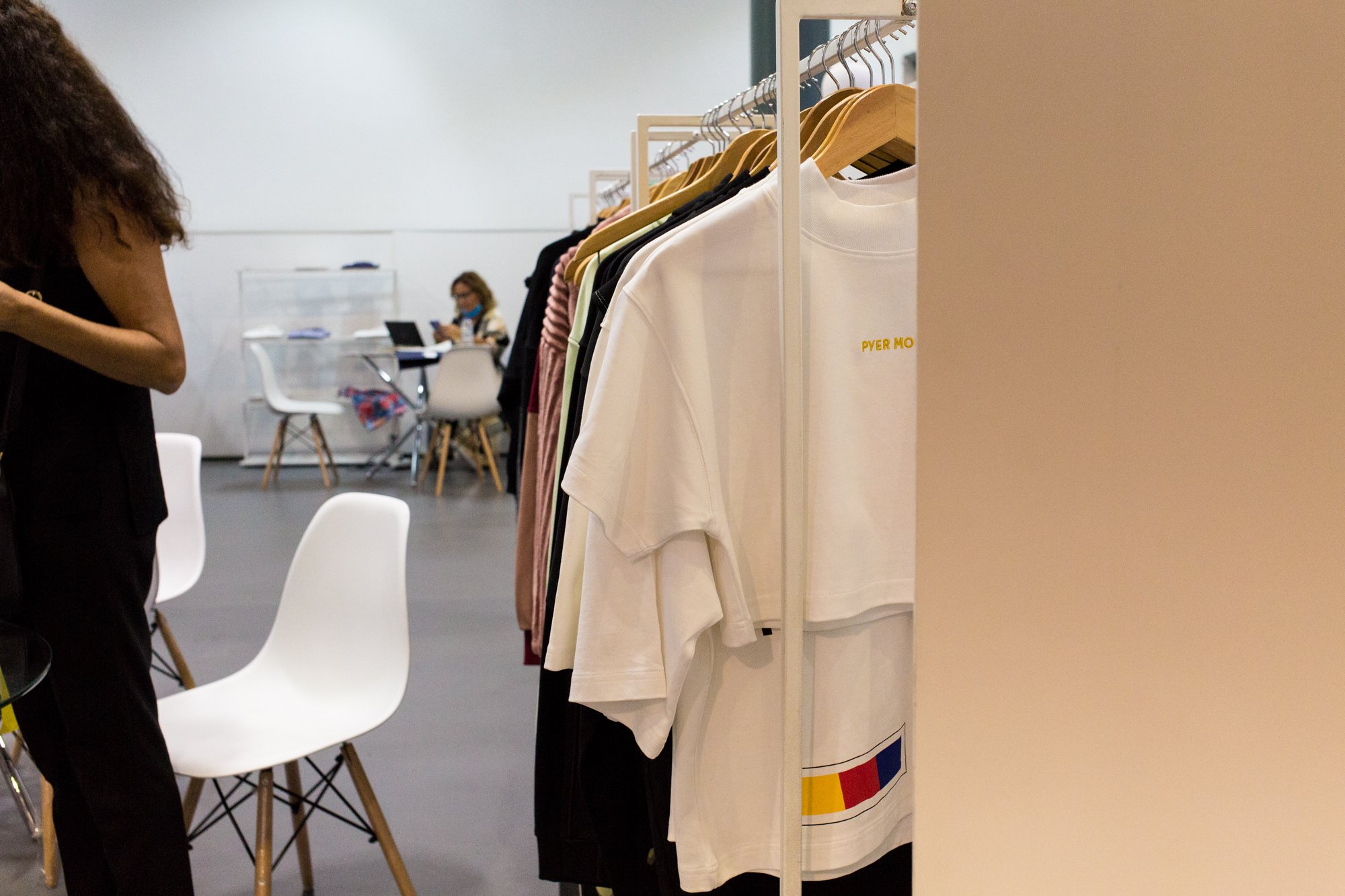
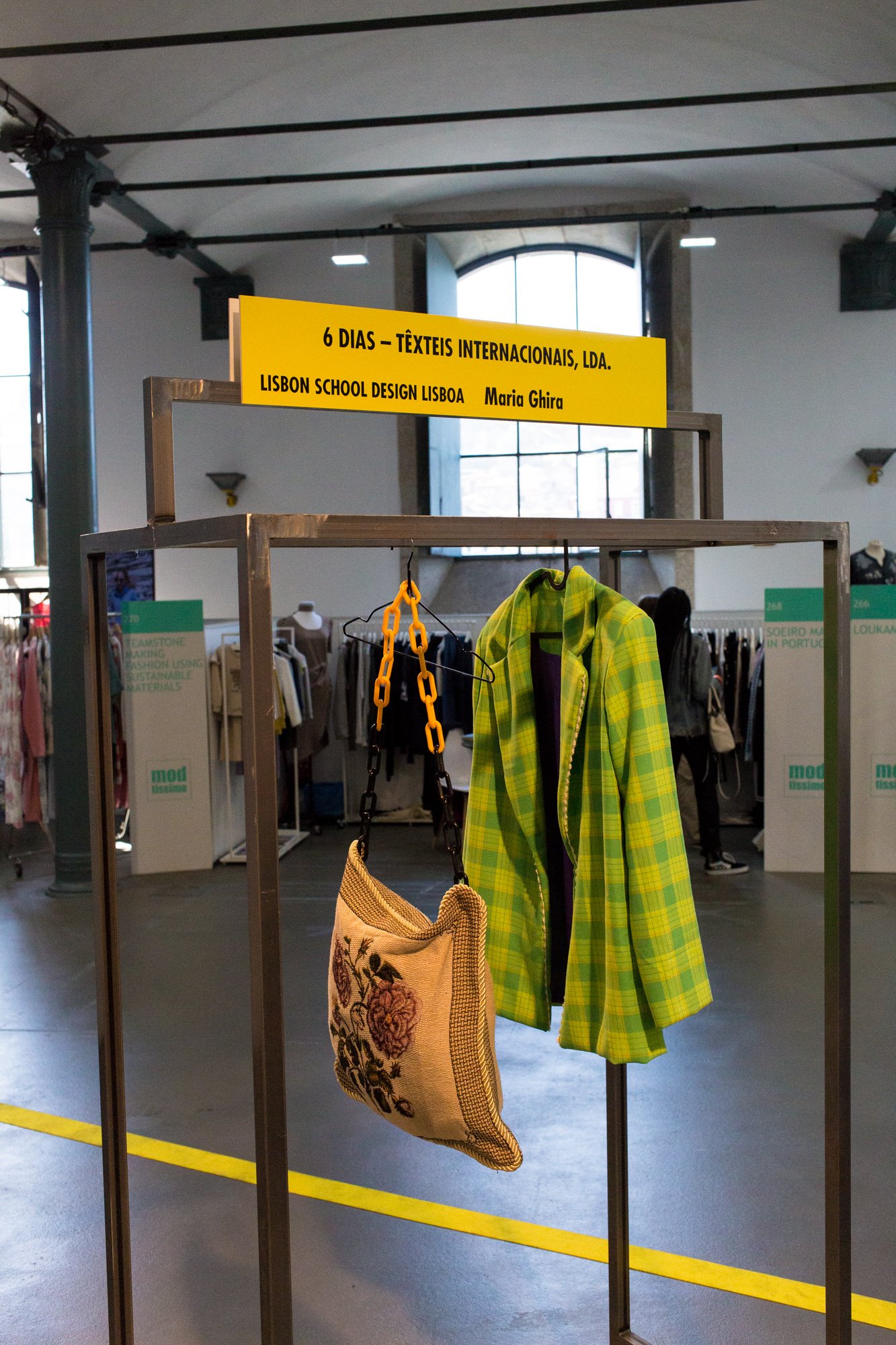
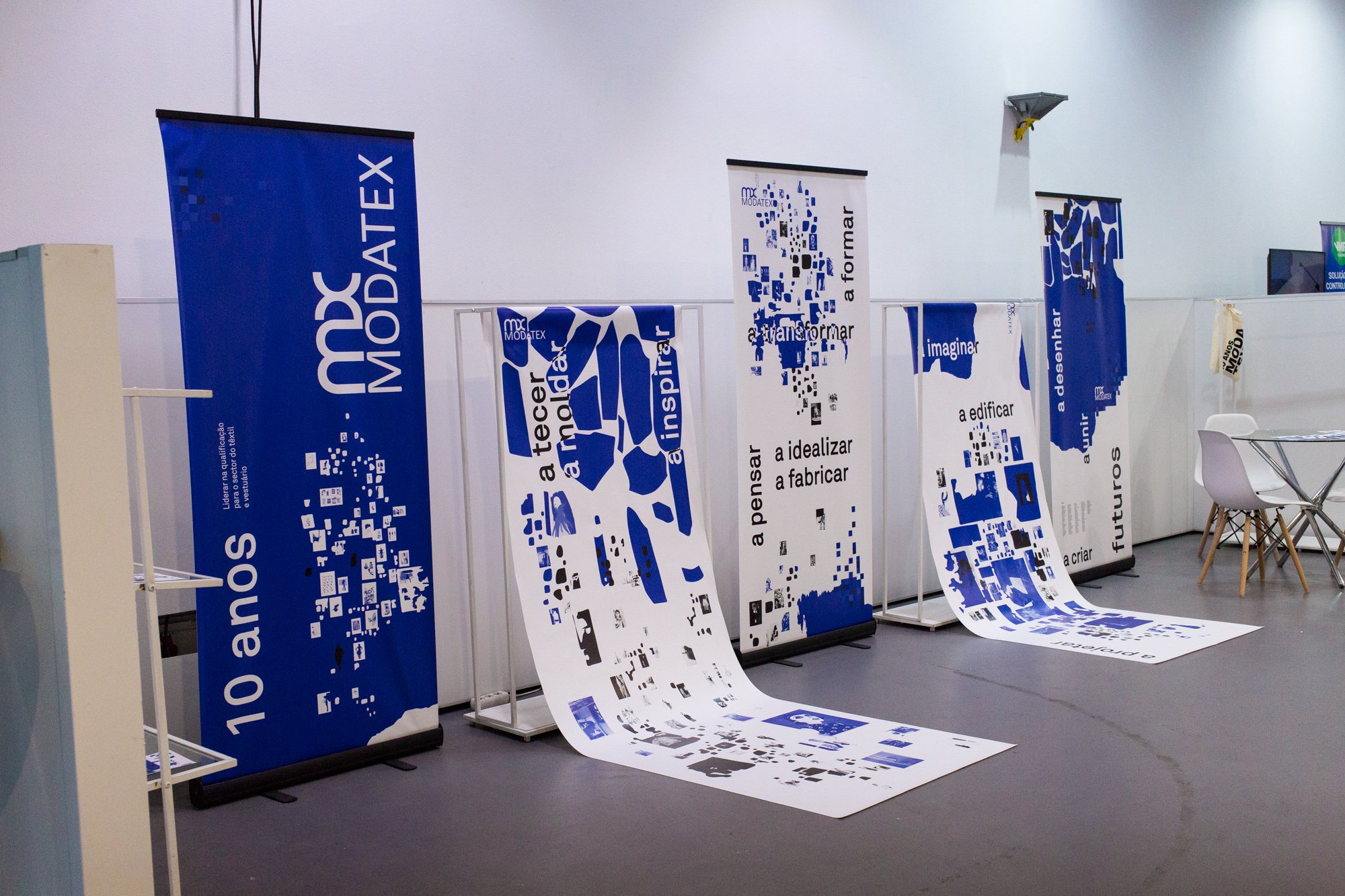
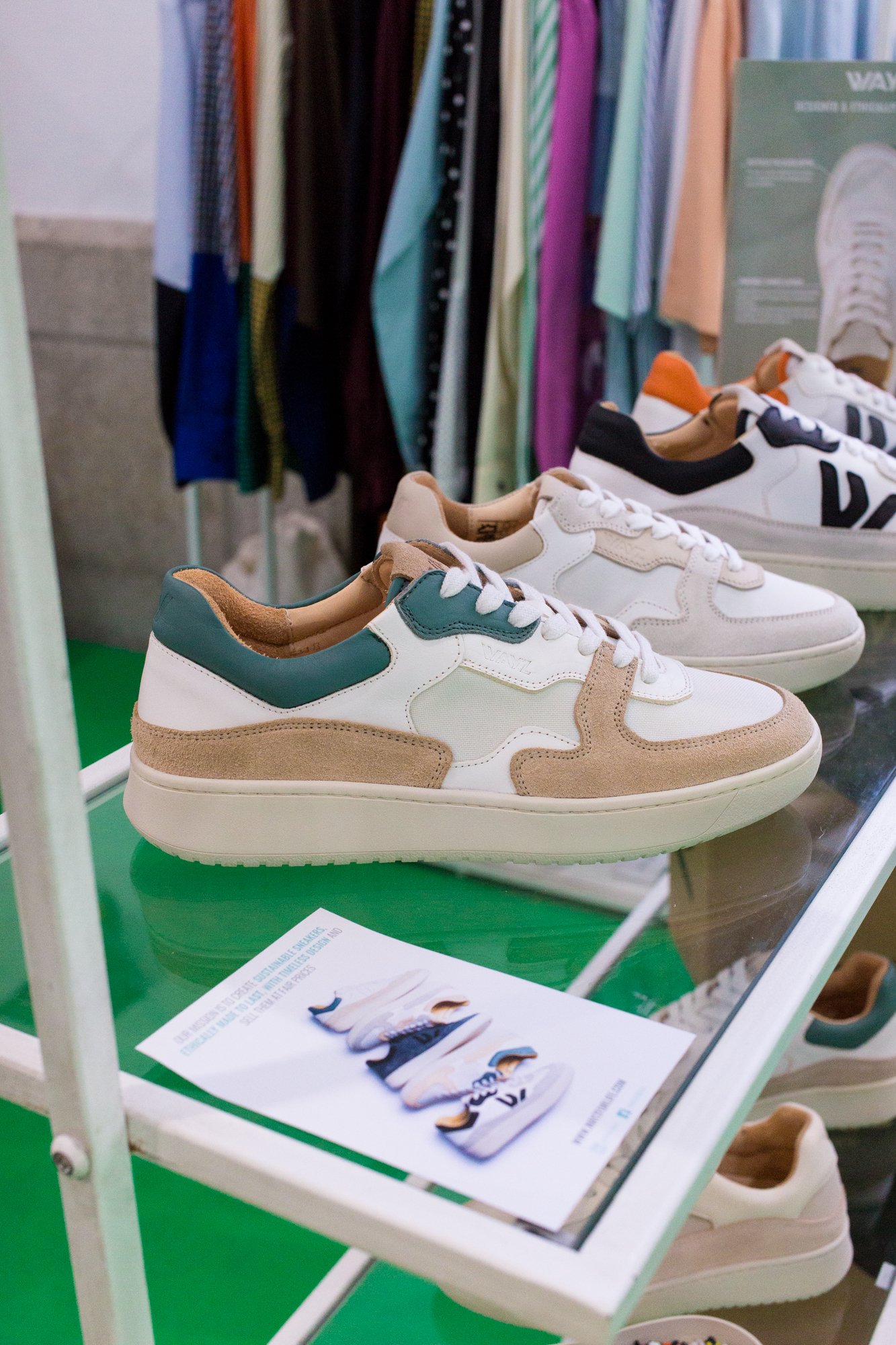
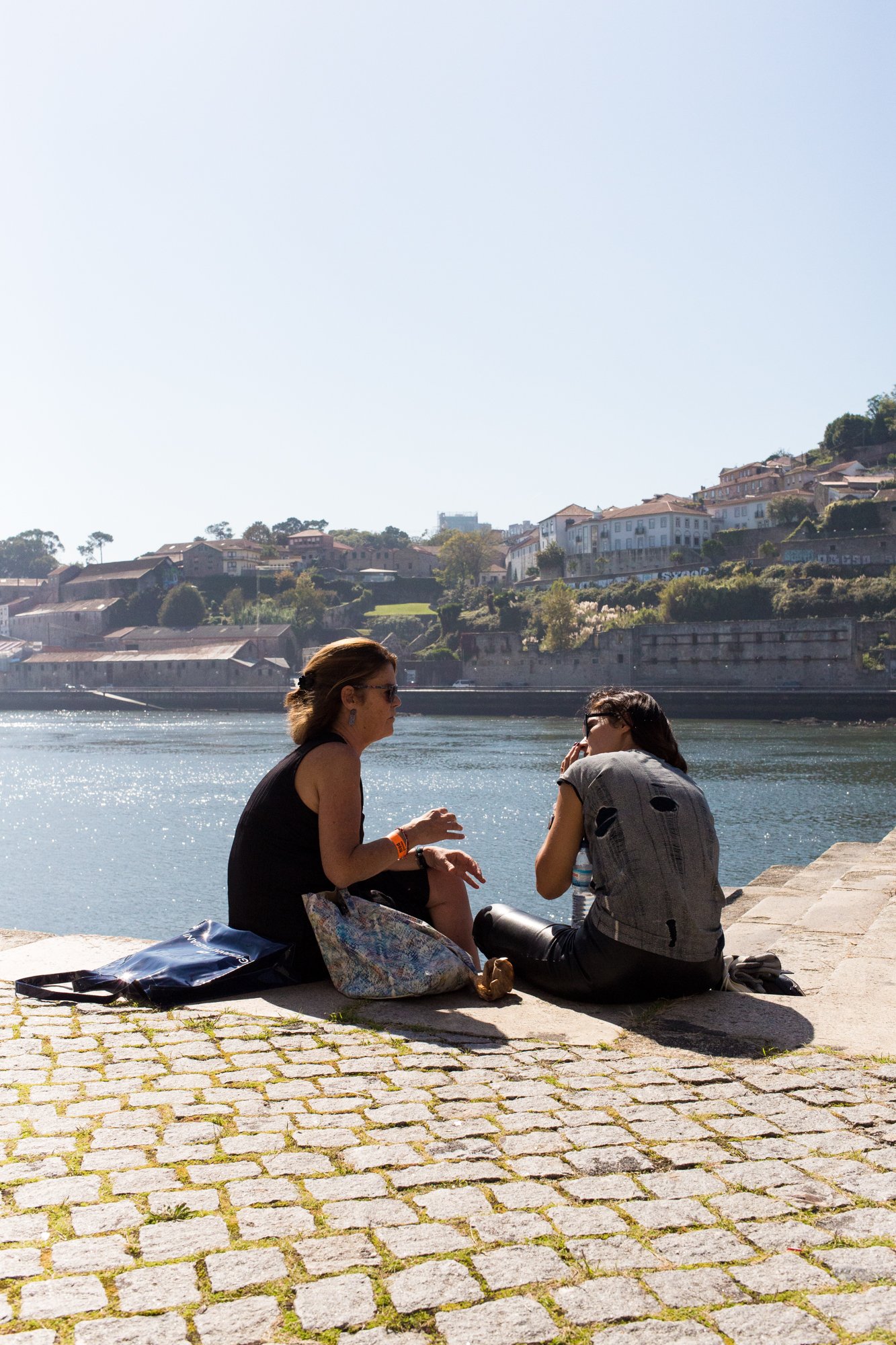
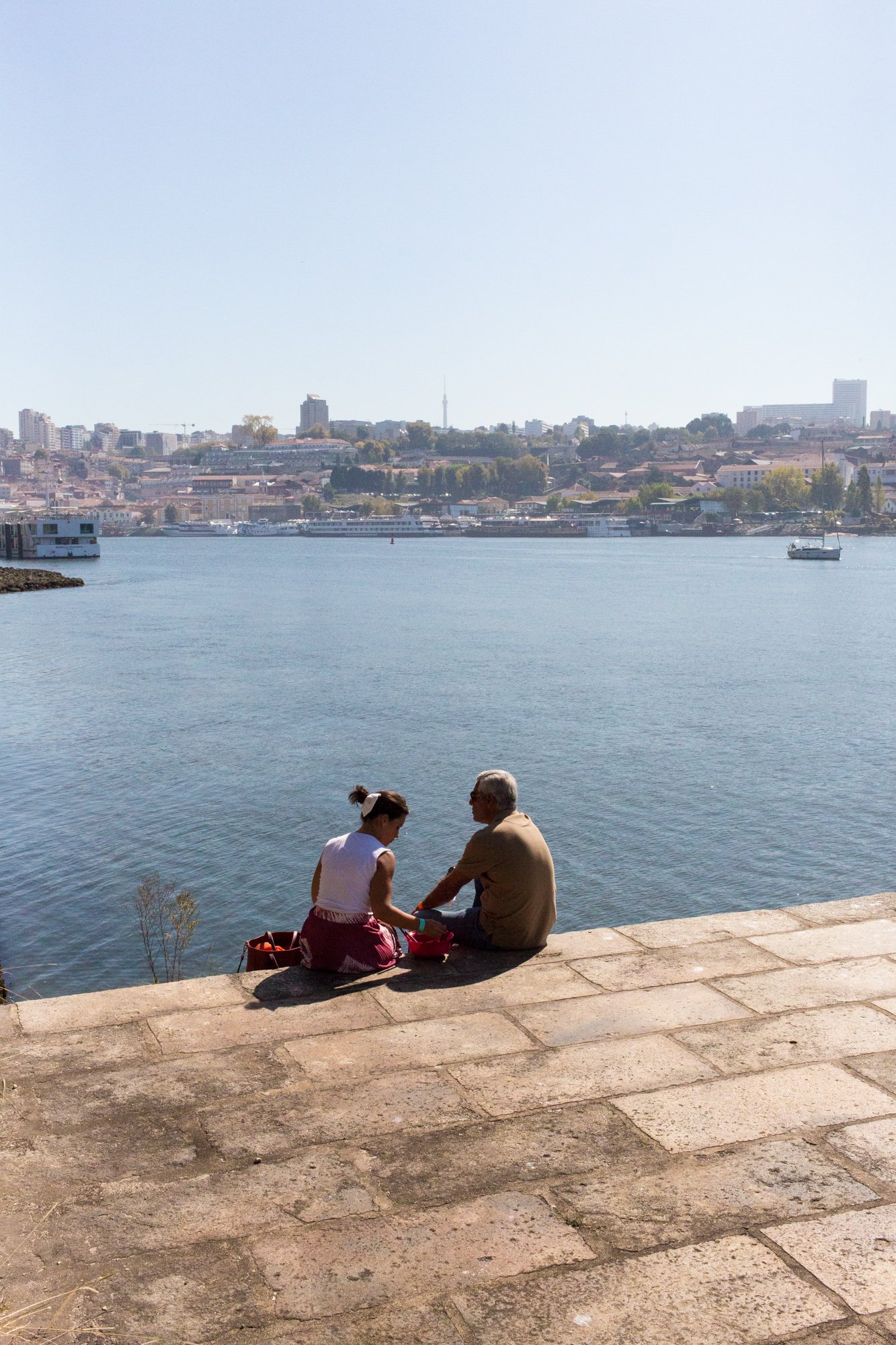
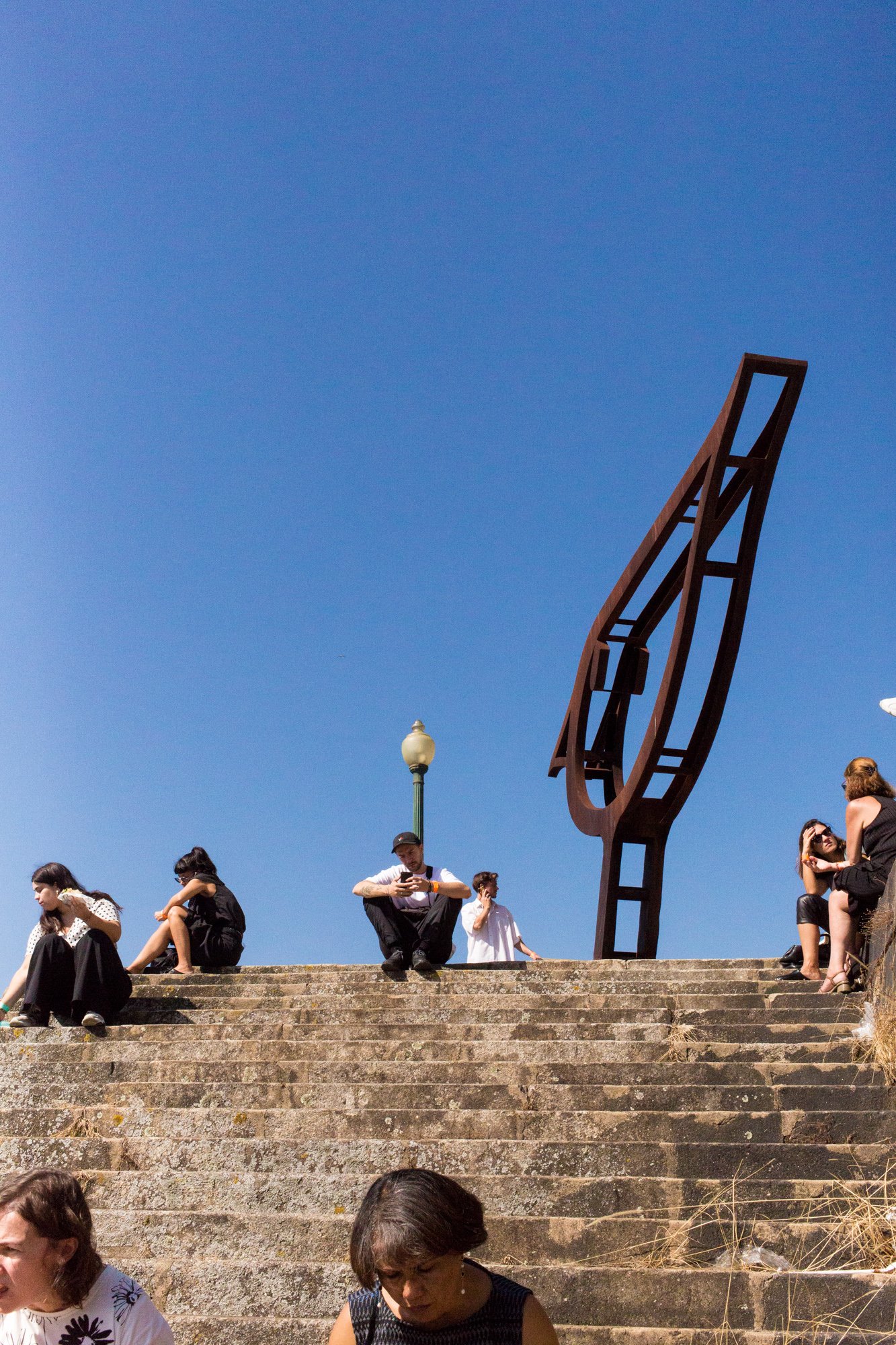
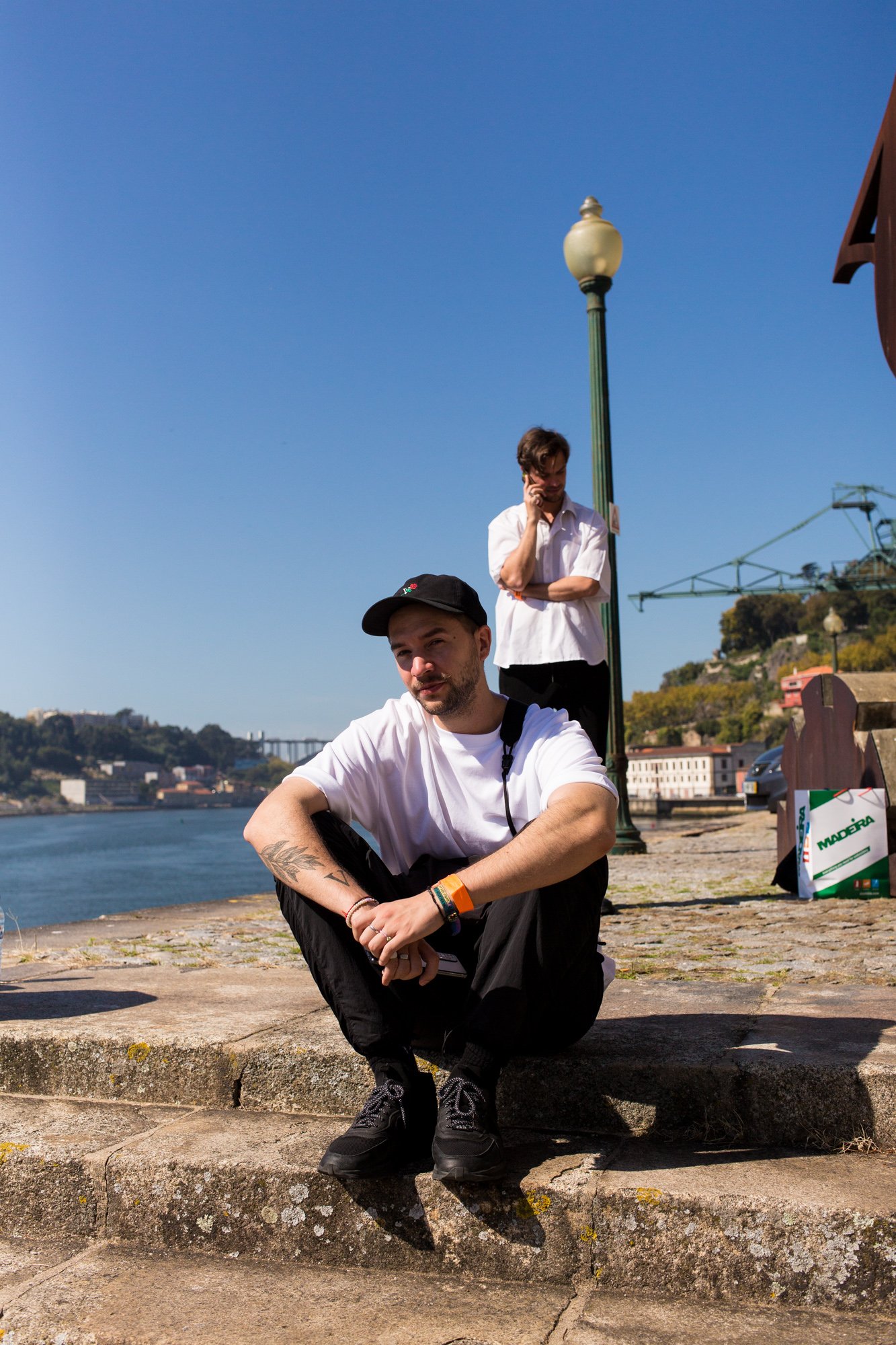

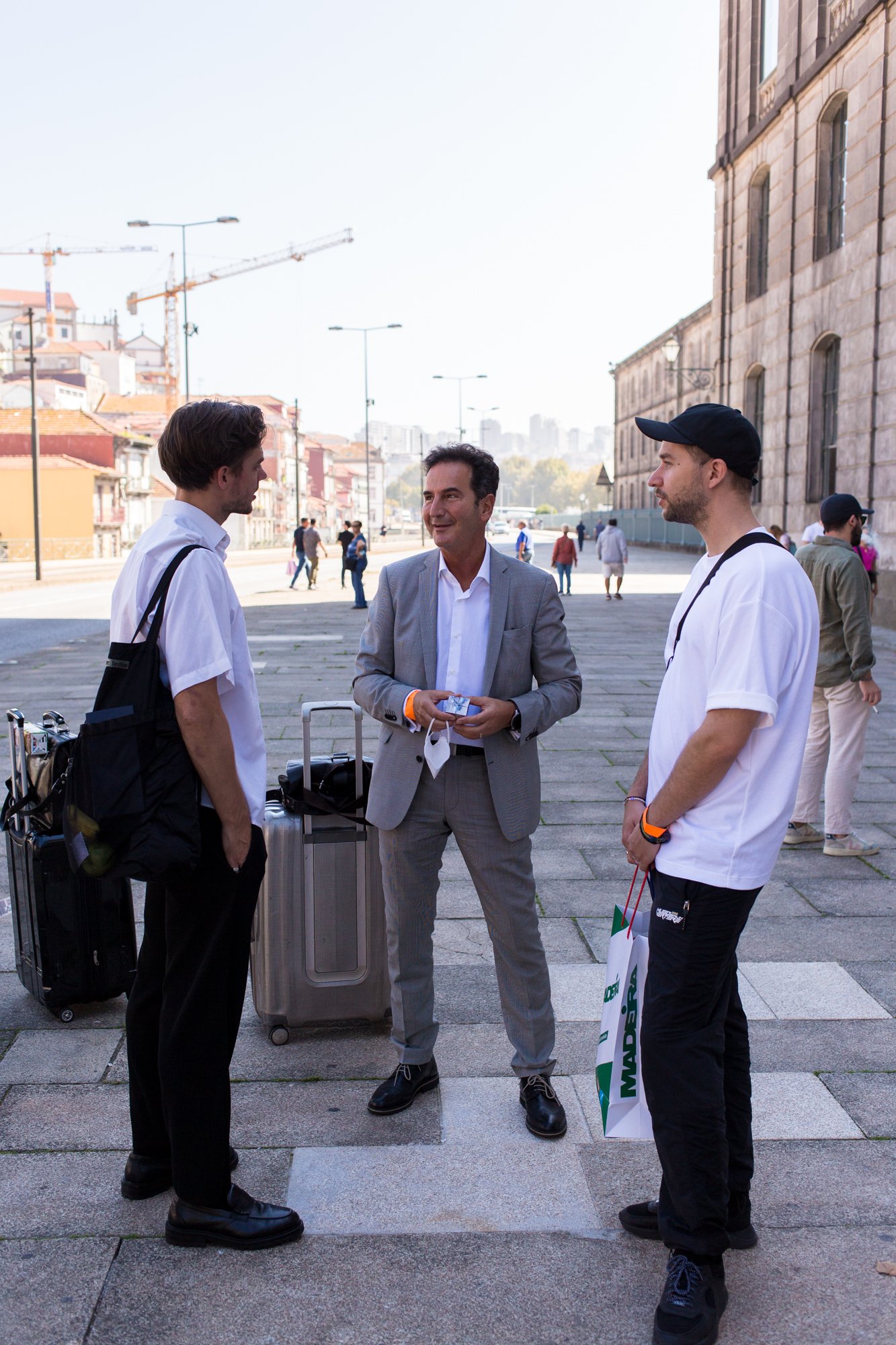


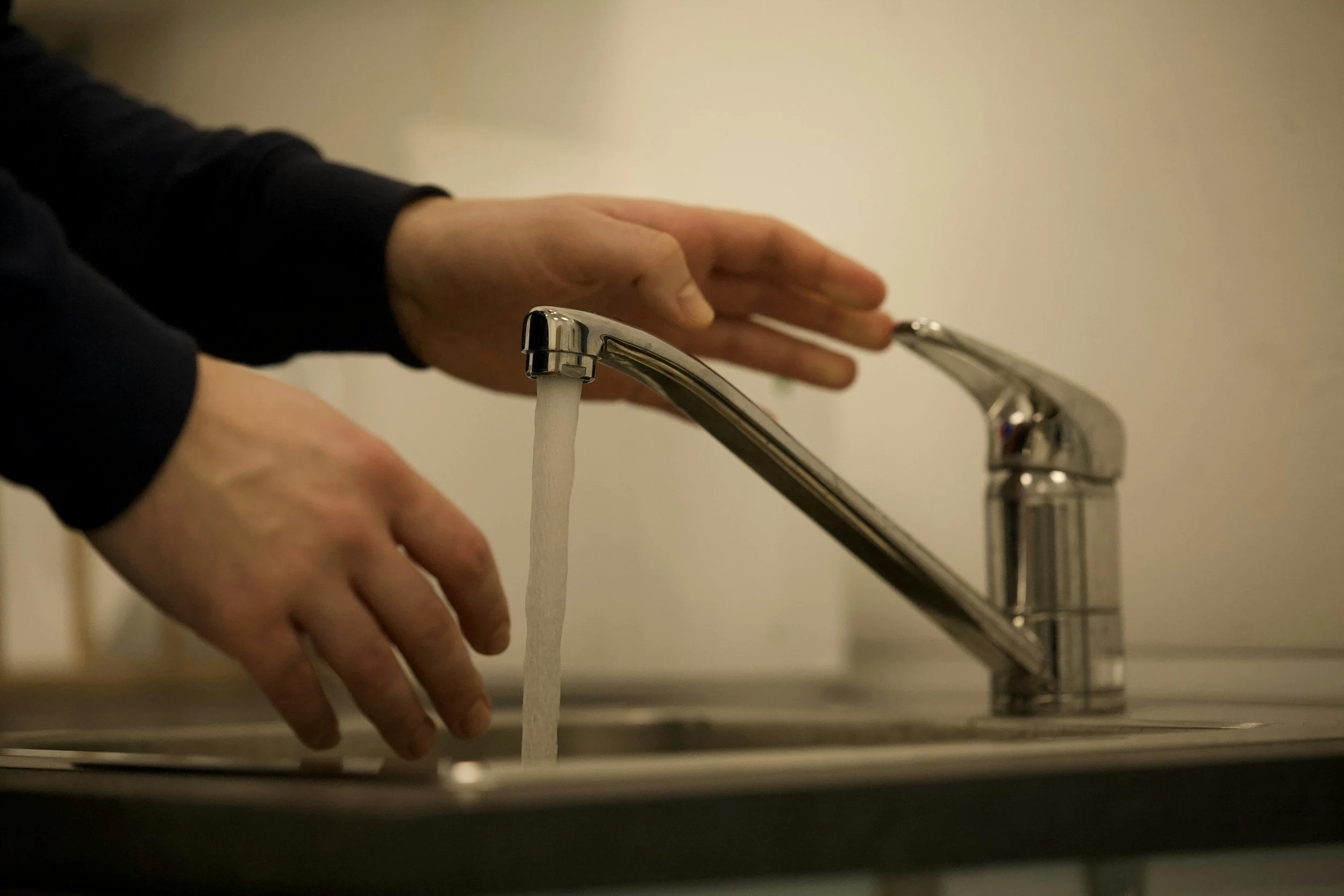
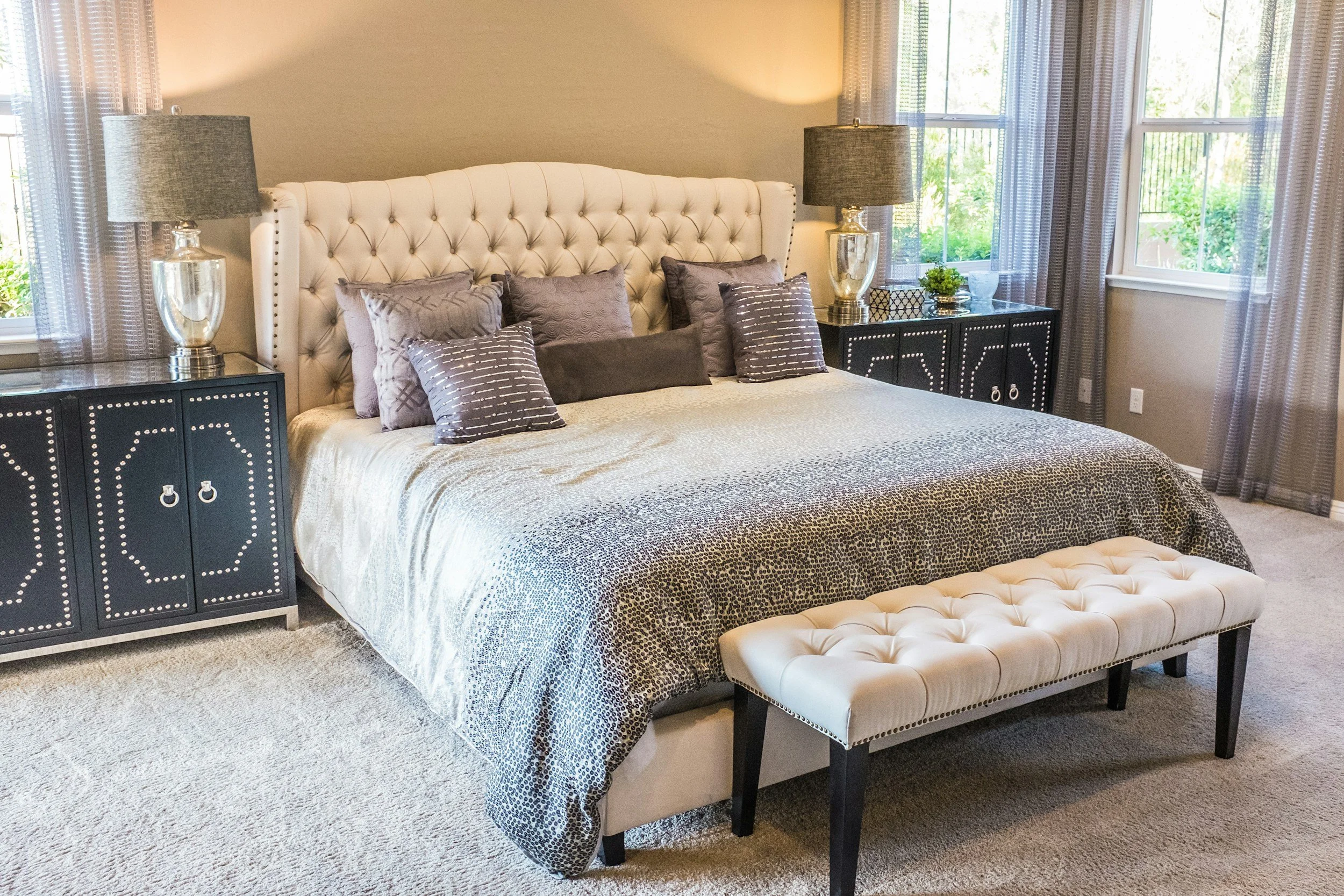
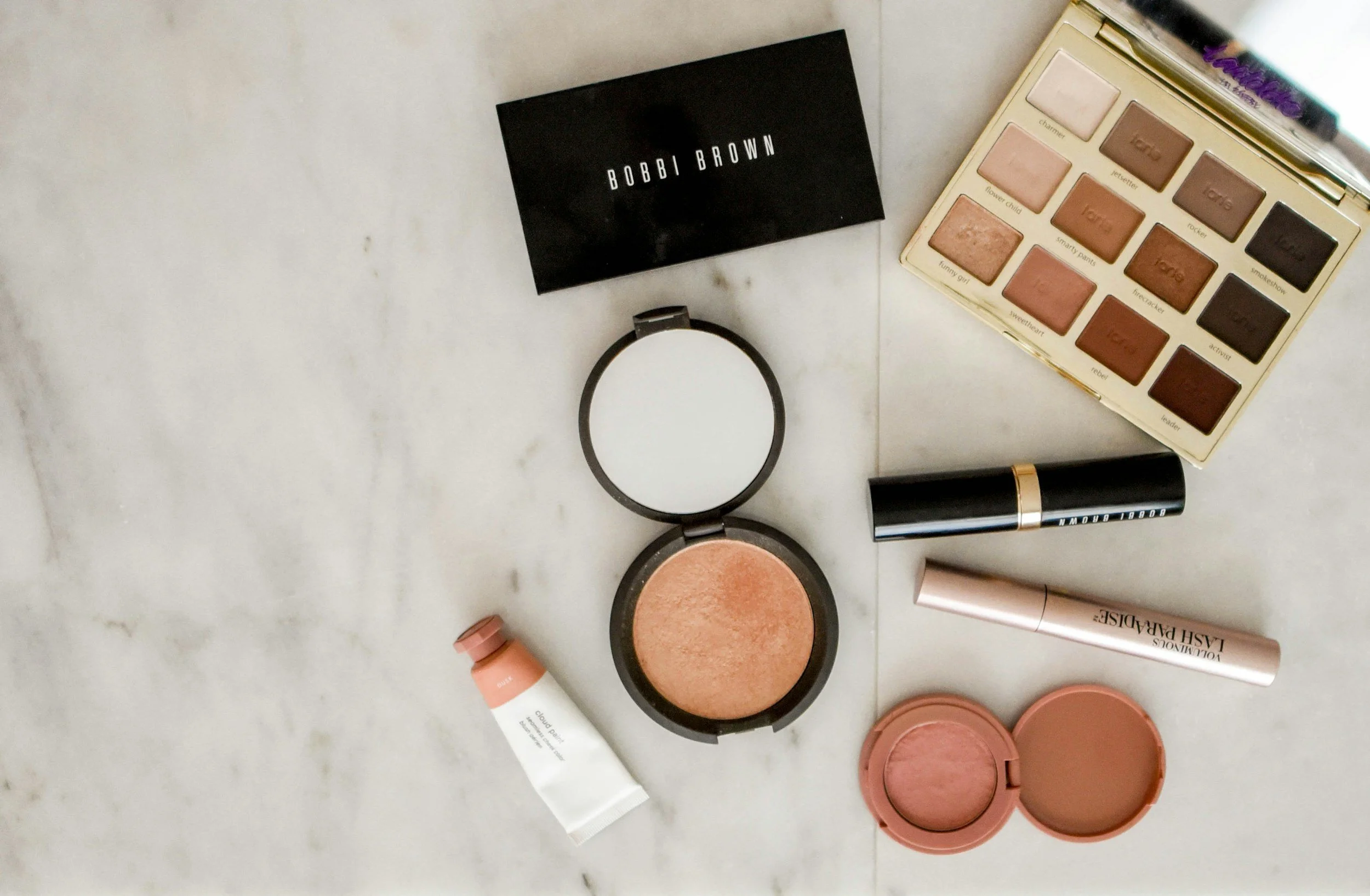
When investing in quartz countertops, choosing the right warranty and care package is just as important as selecting the color and finish.